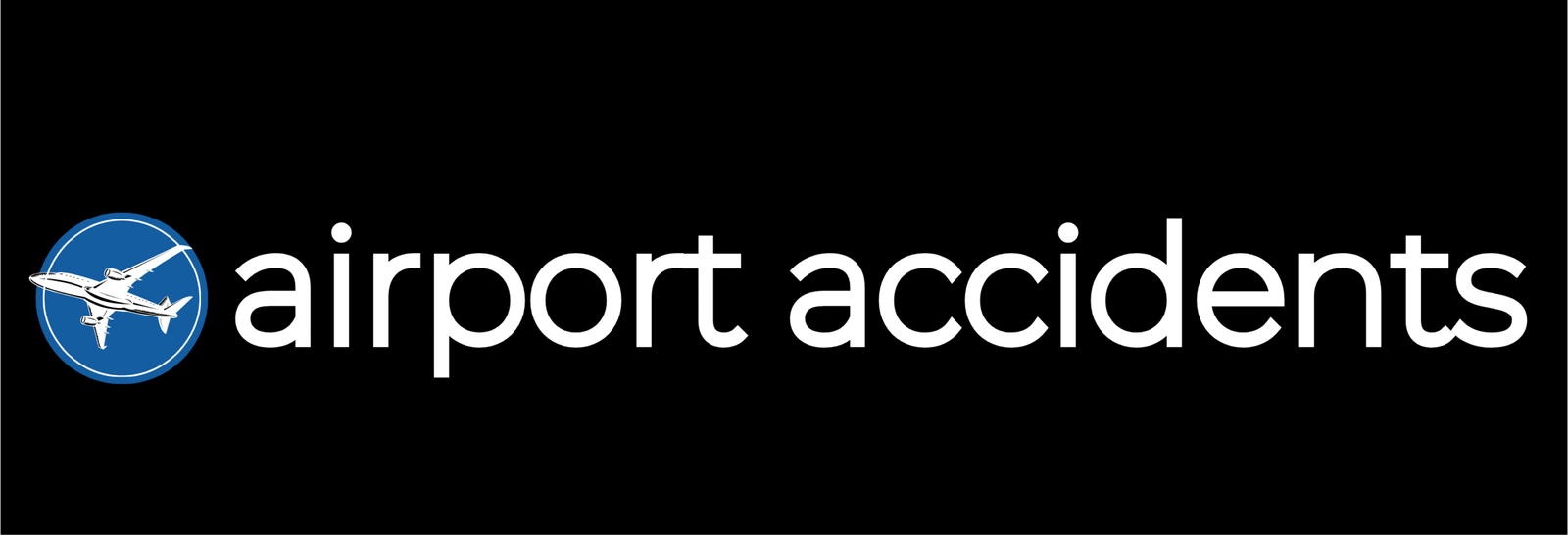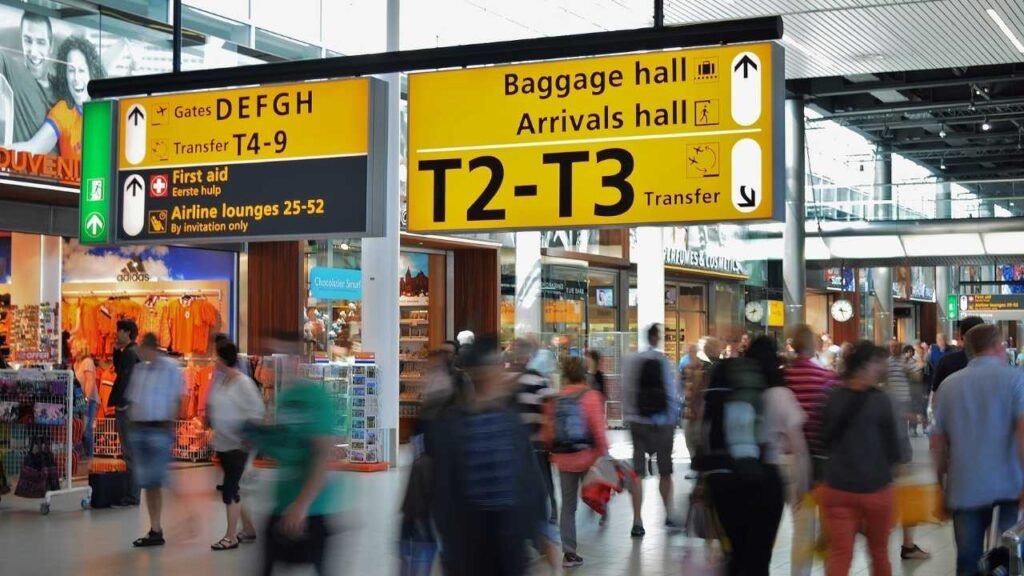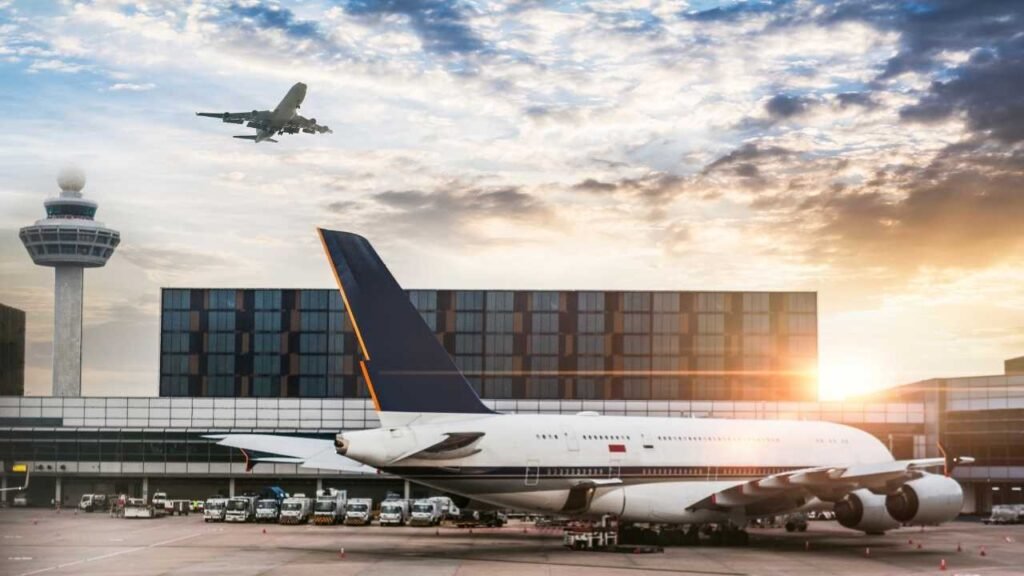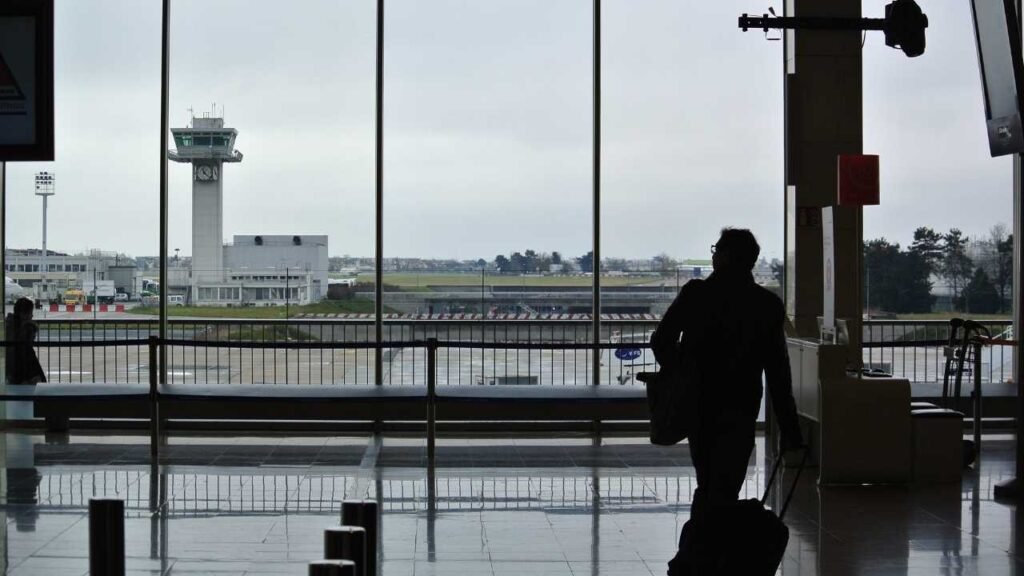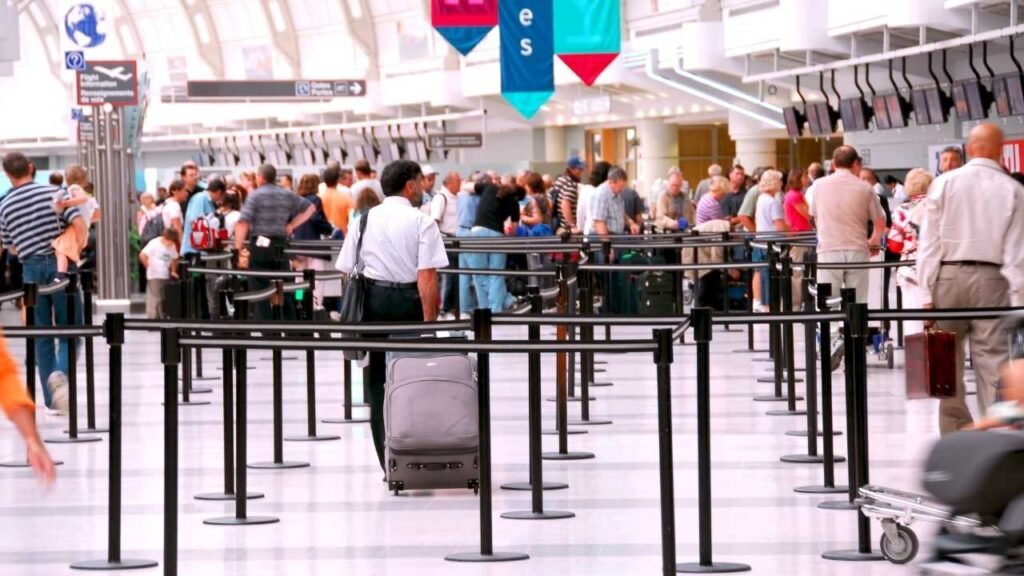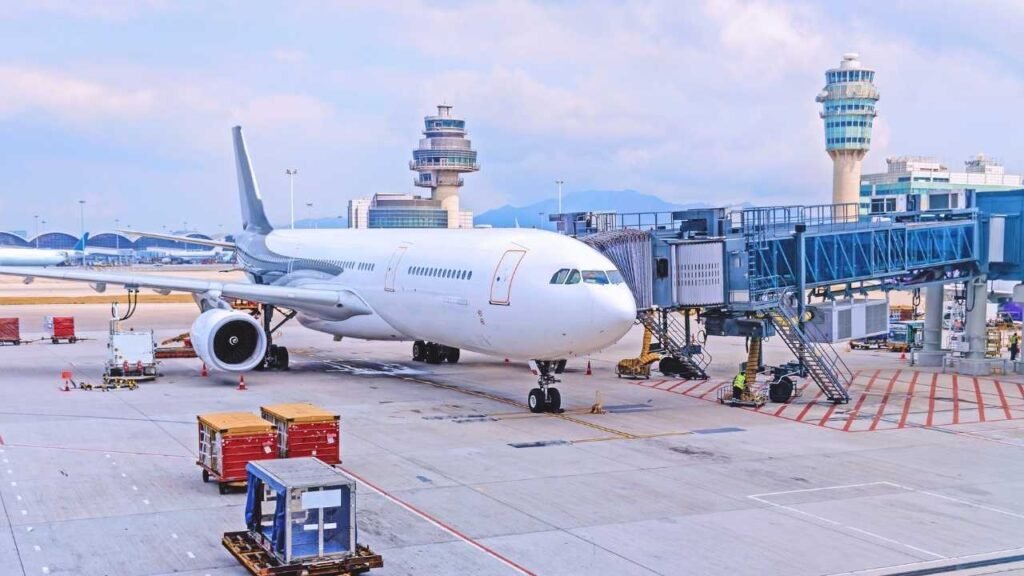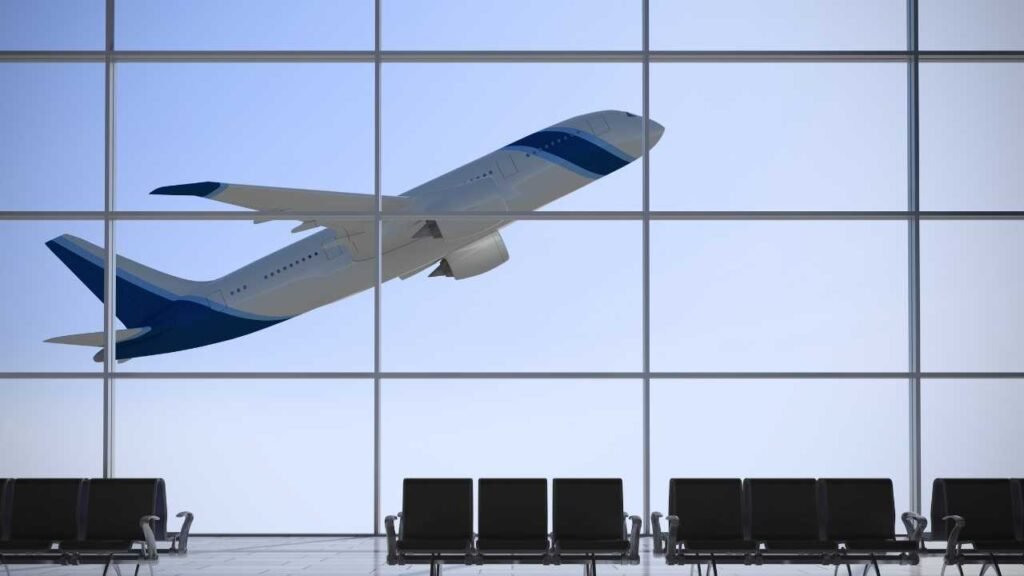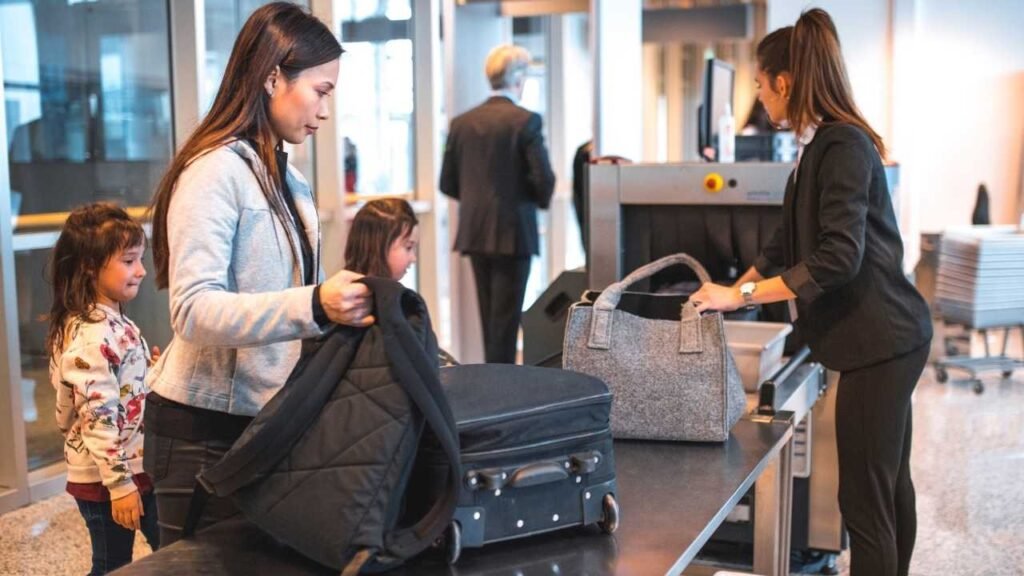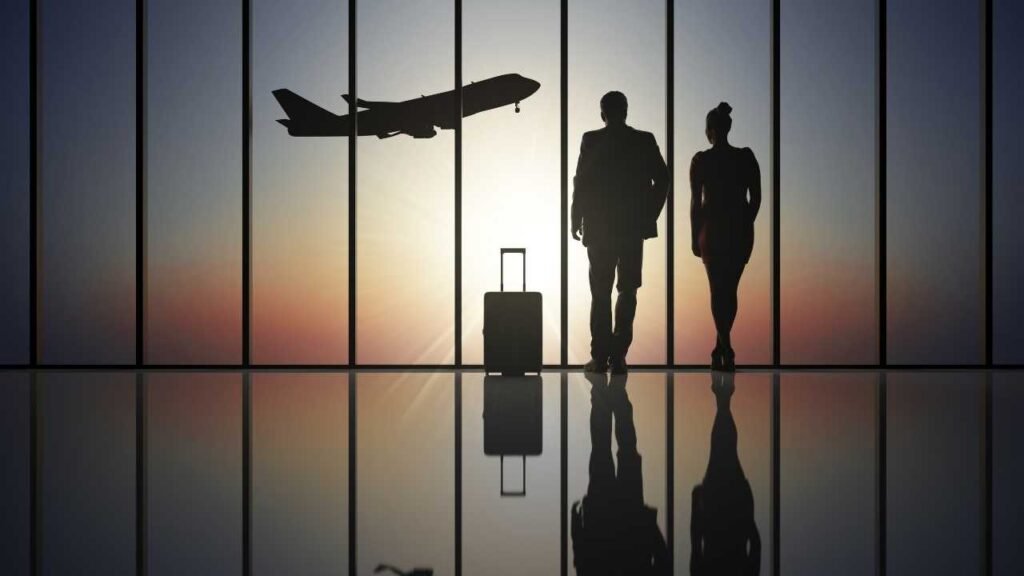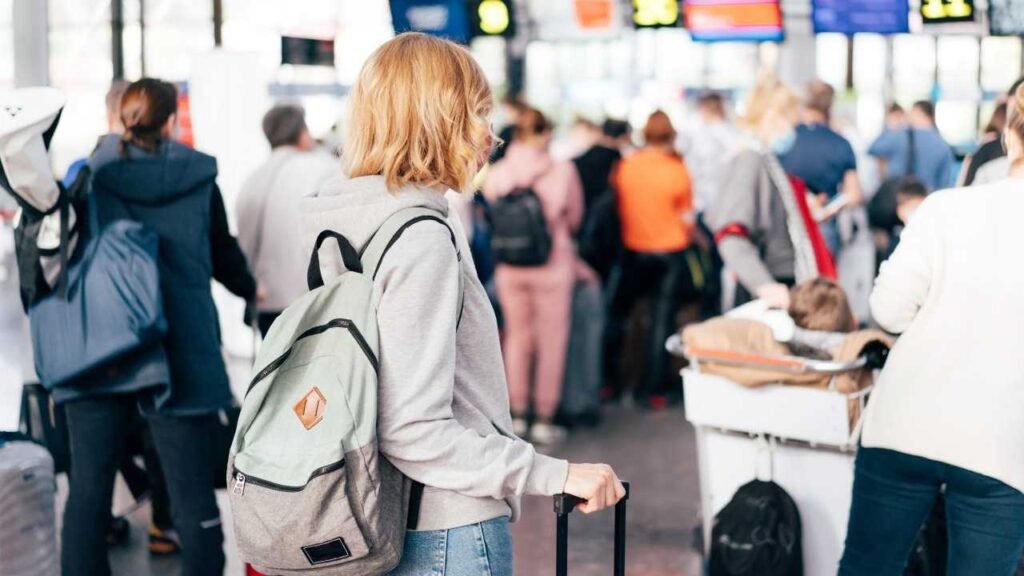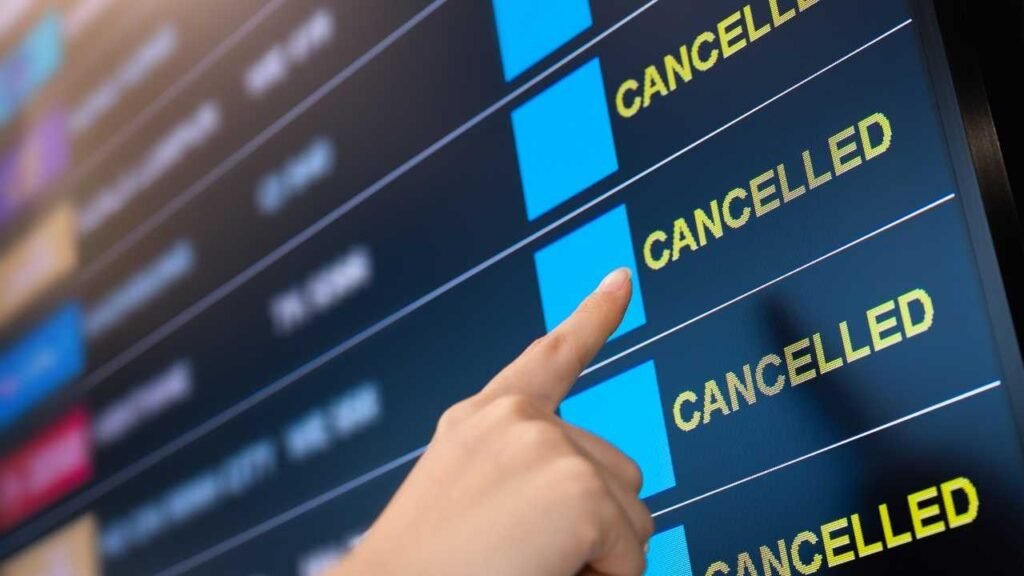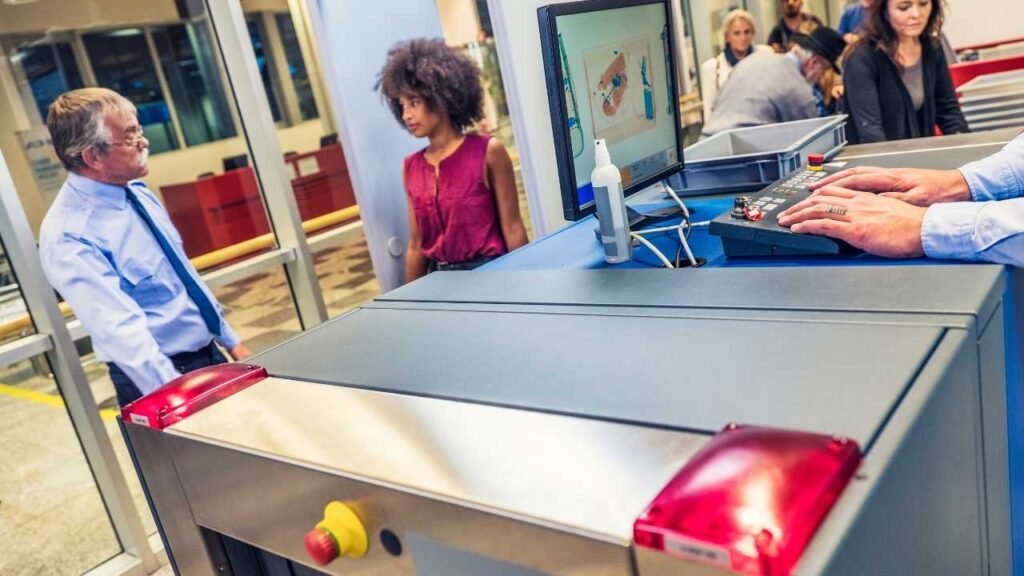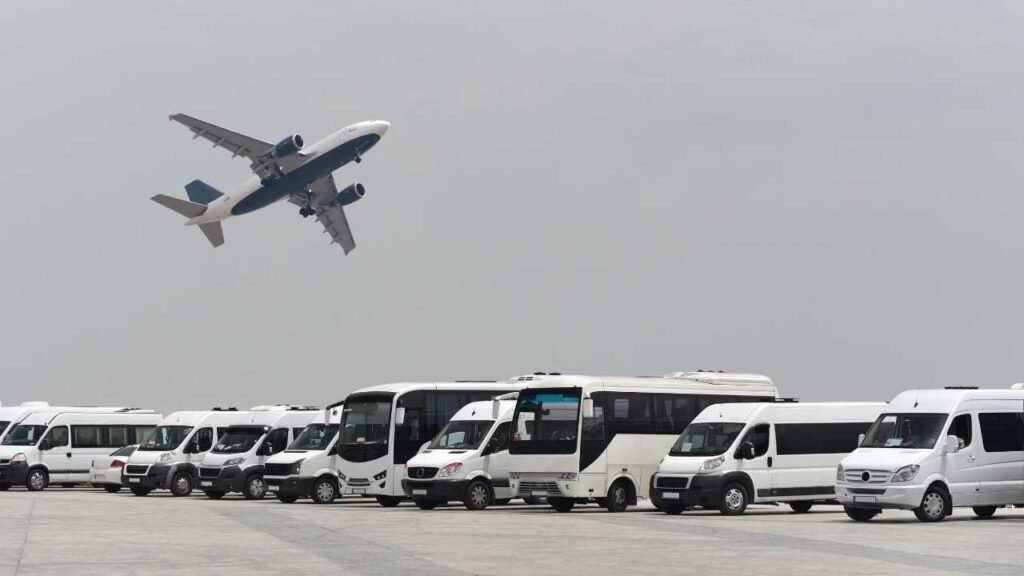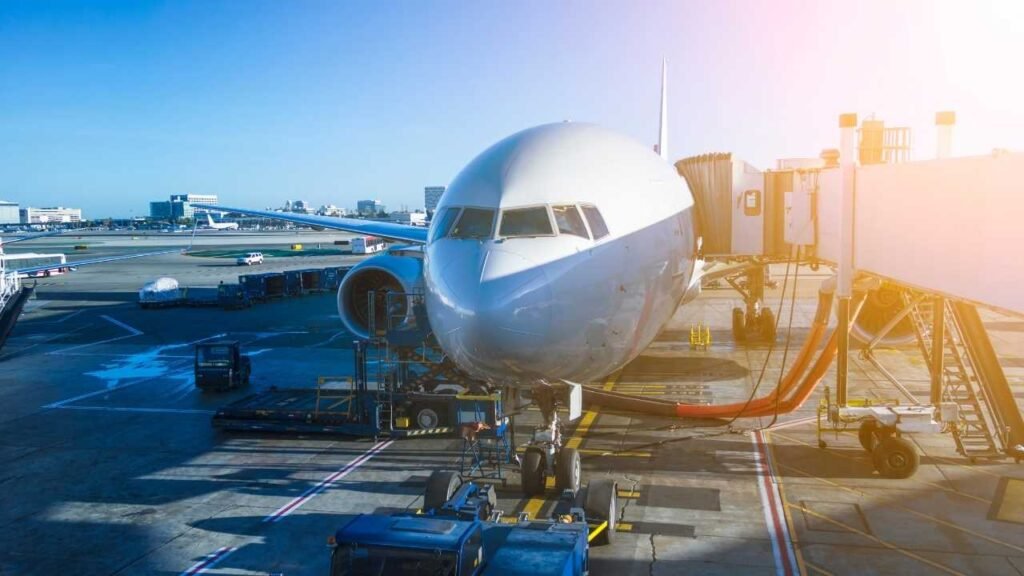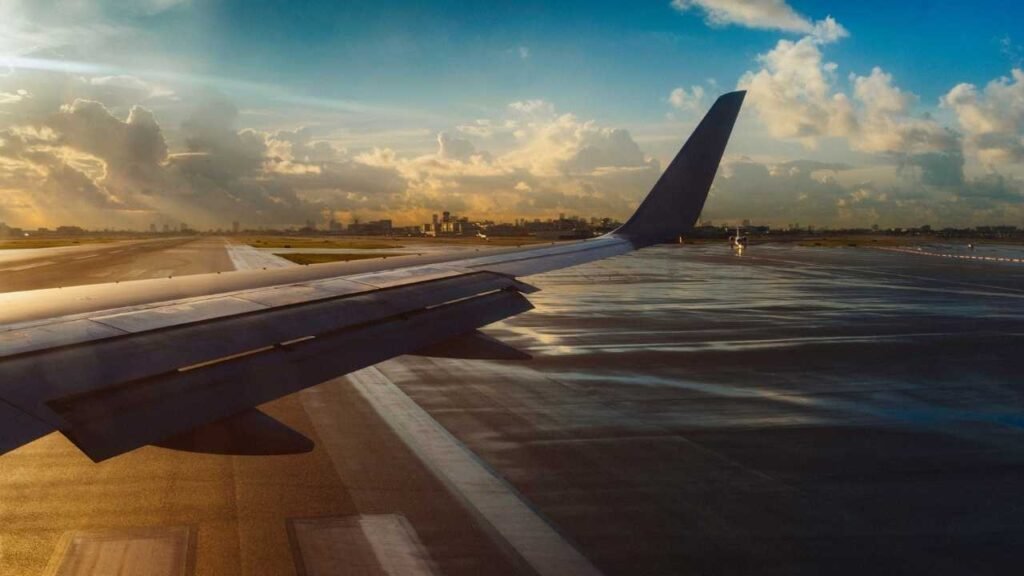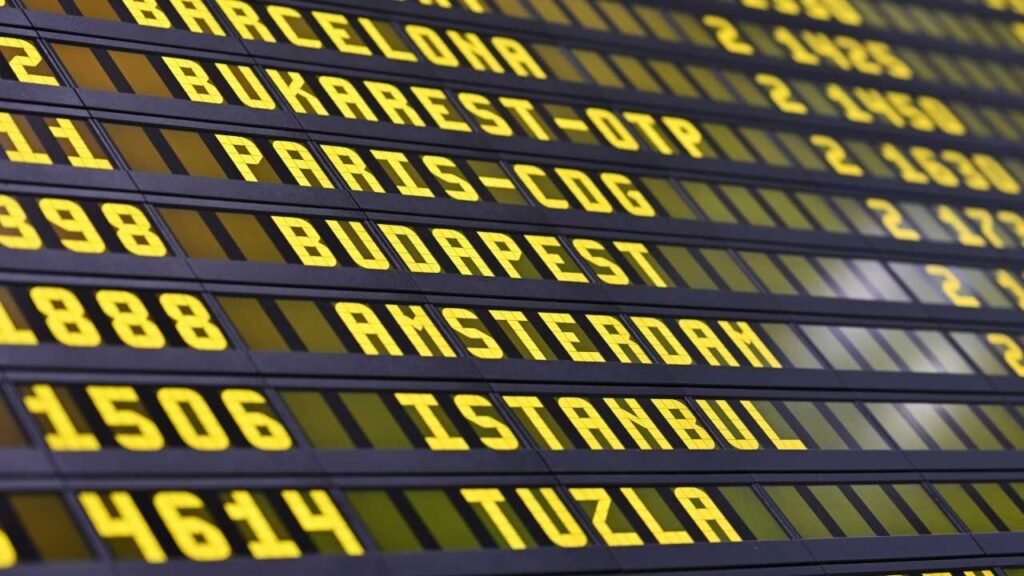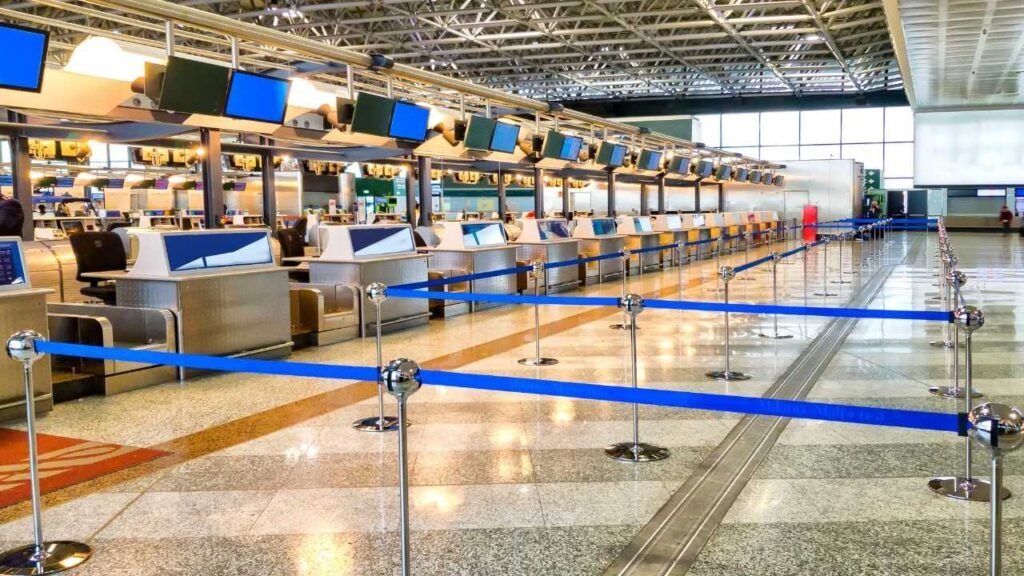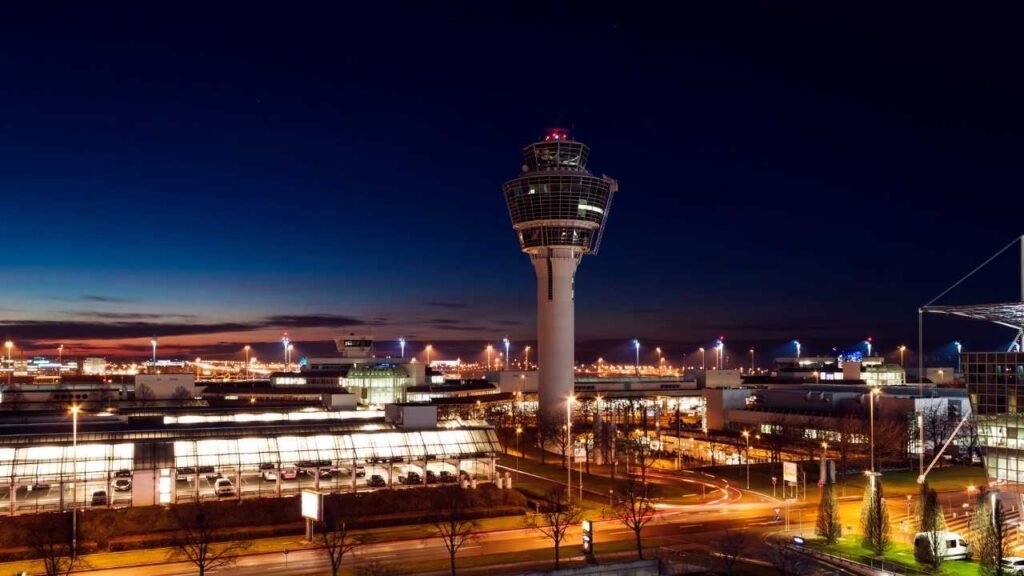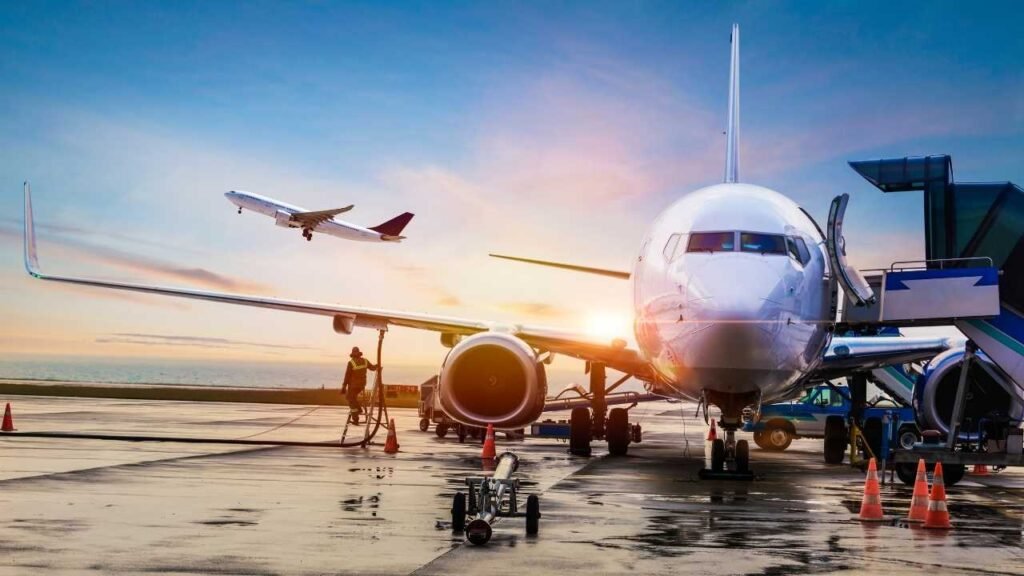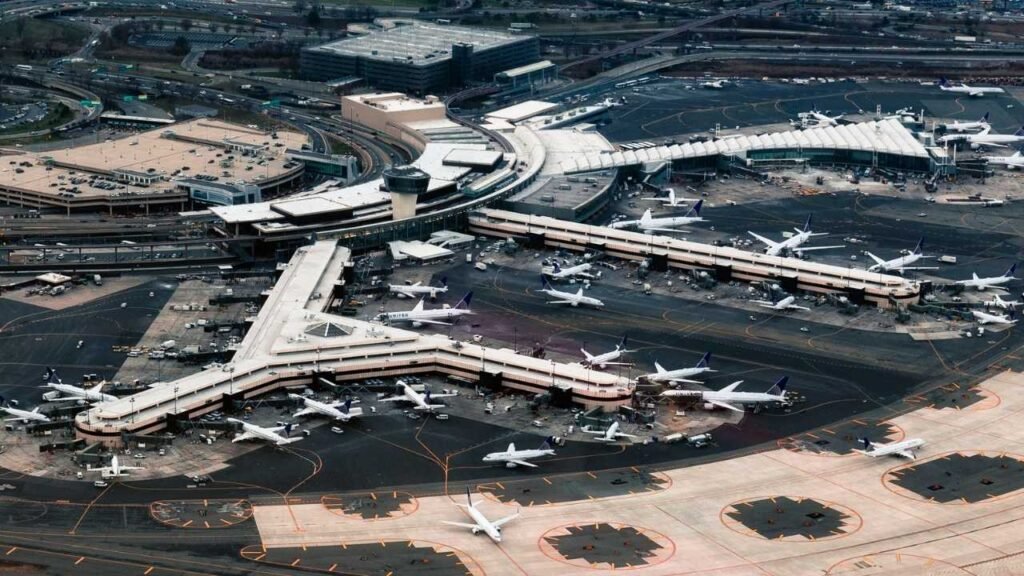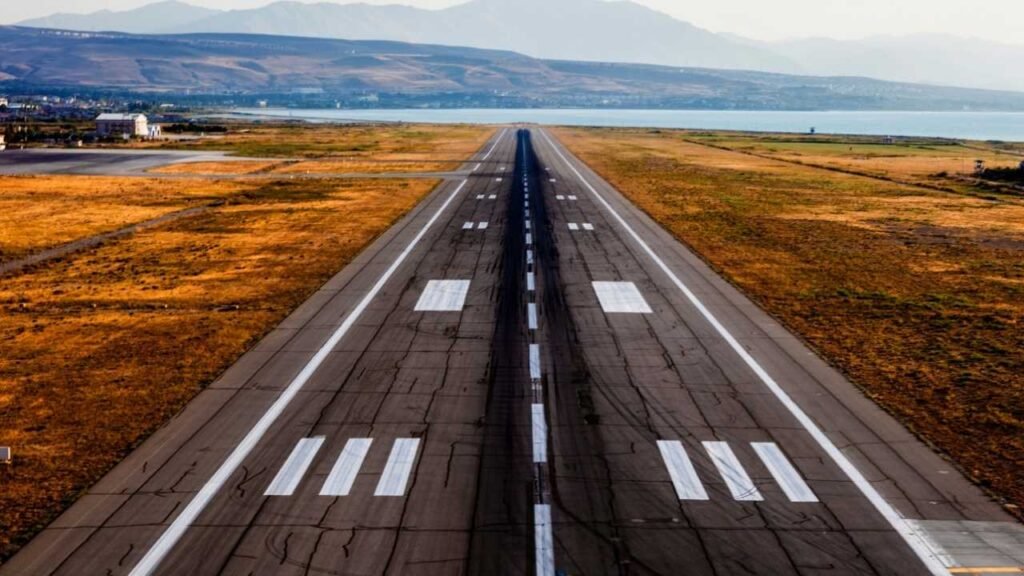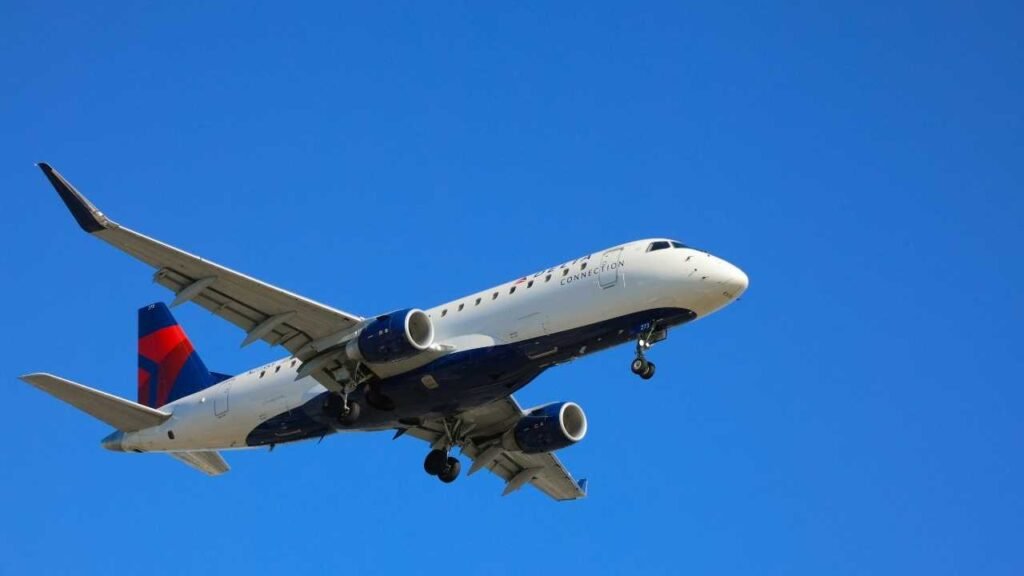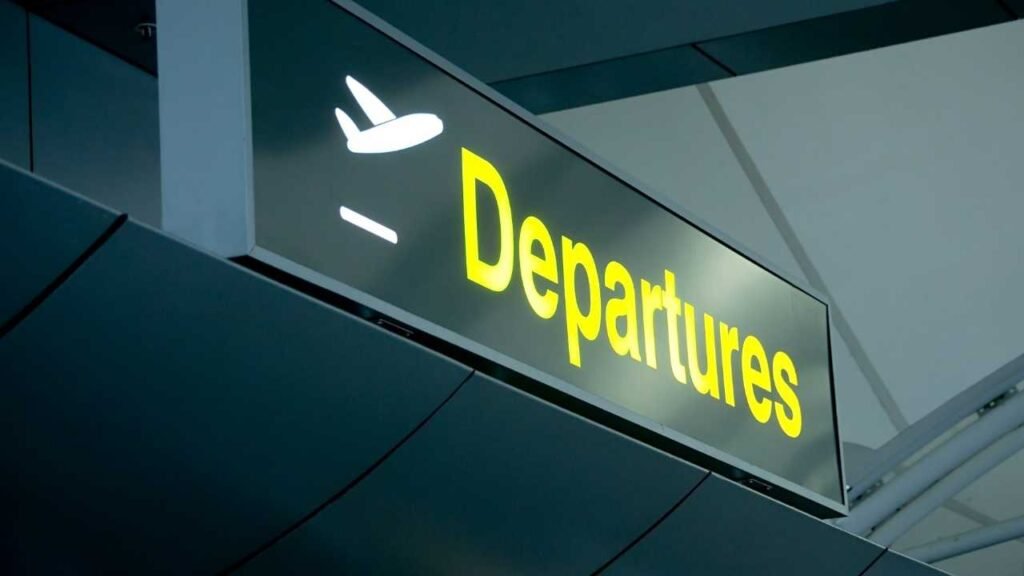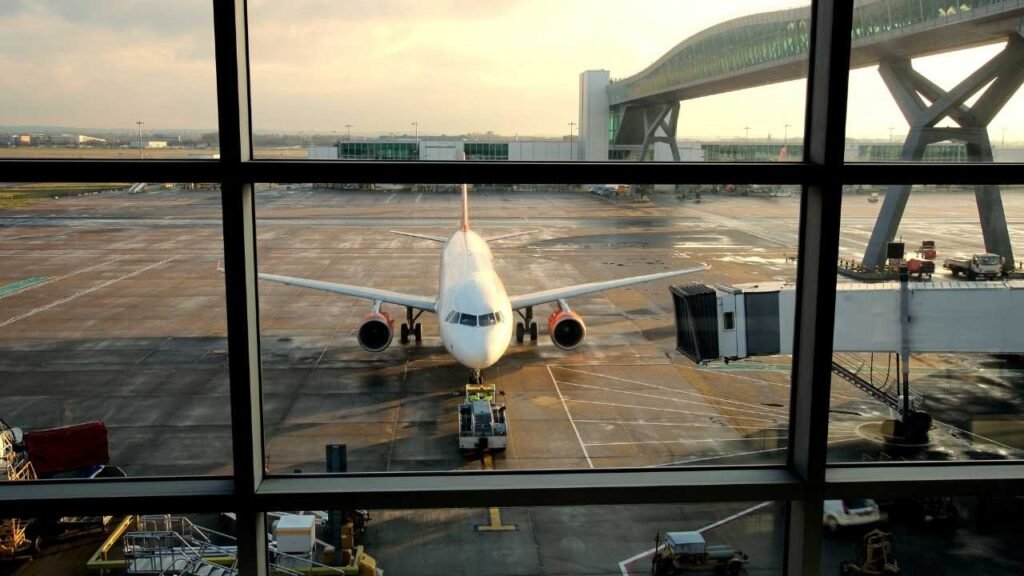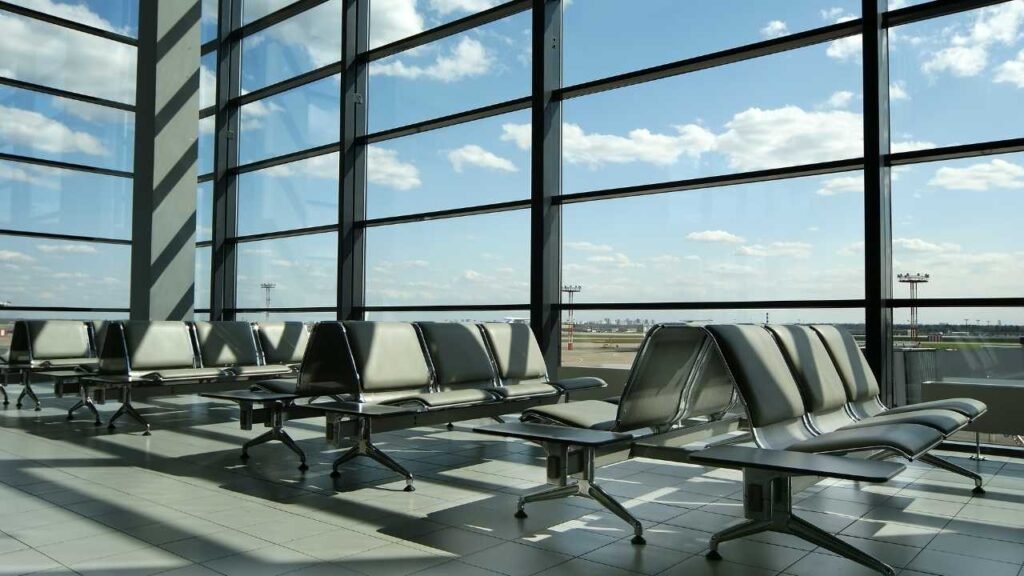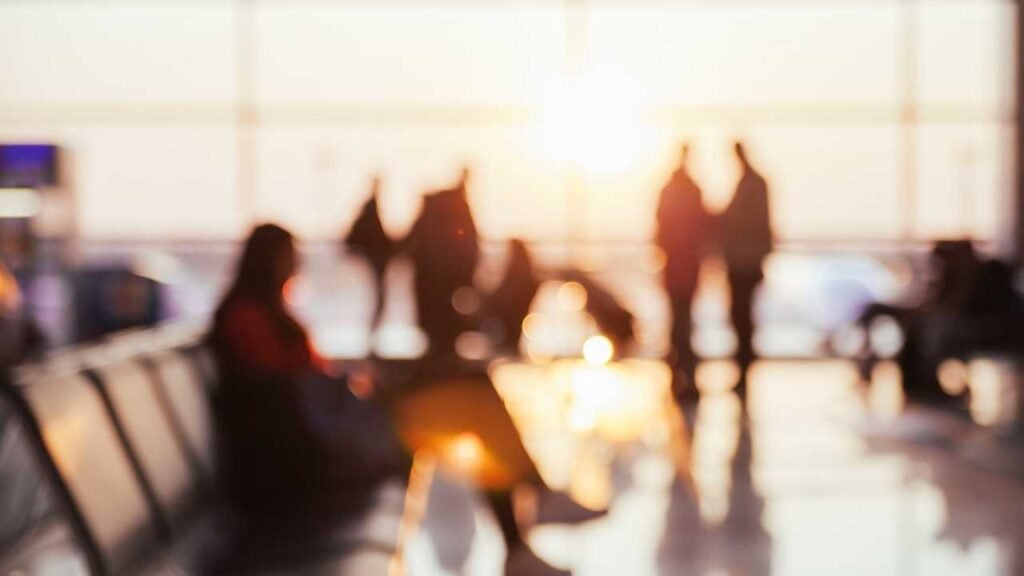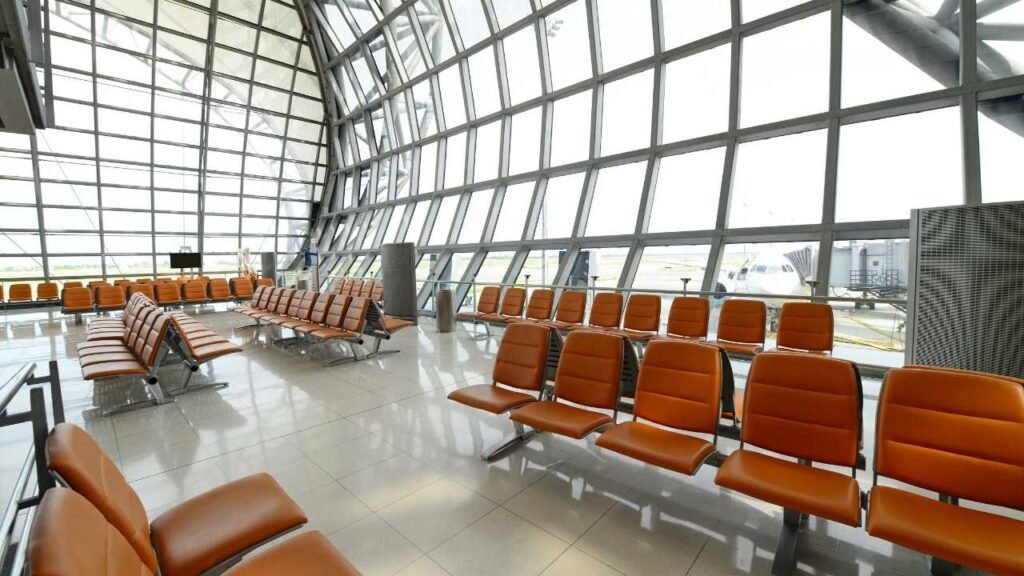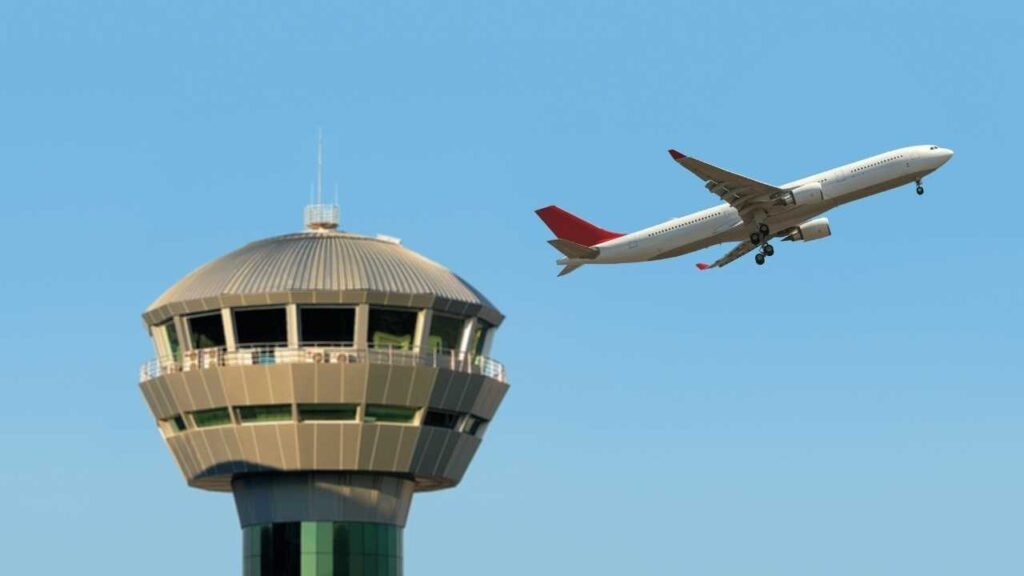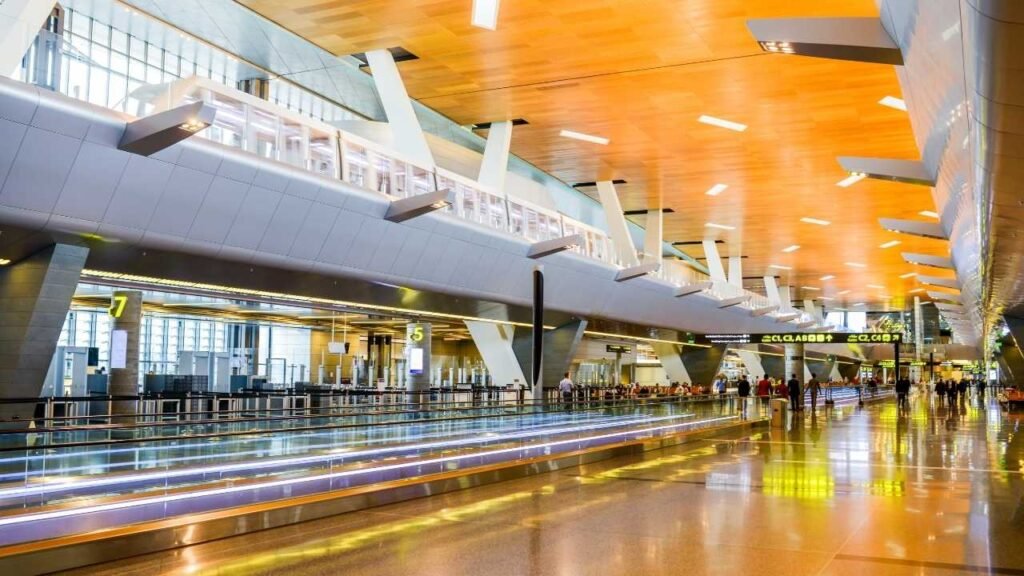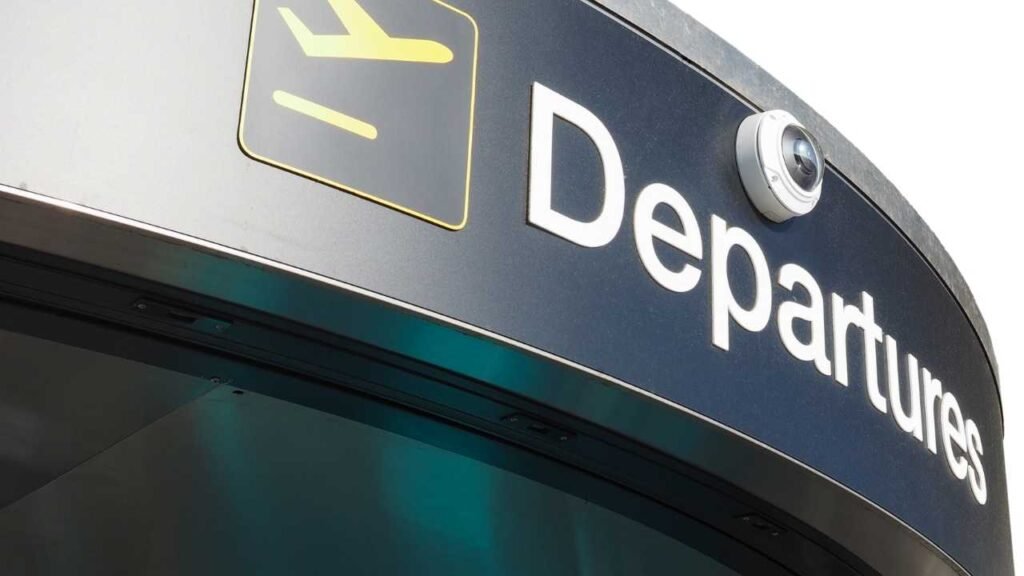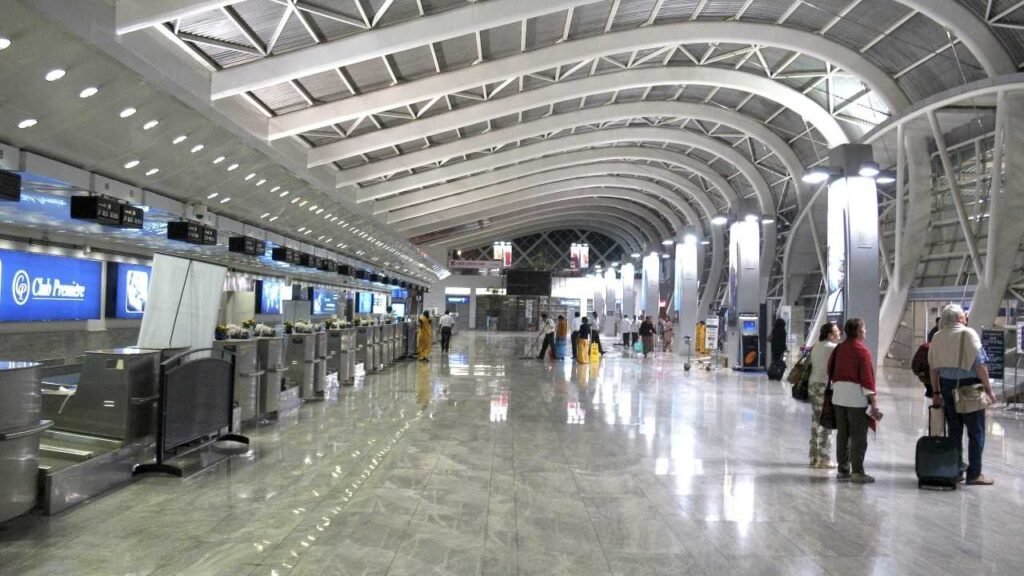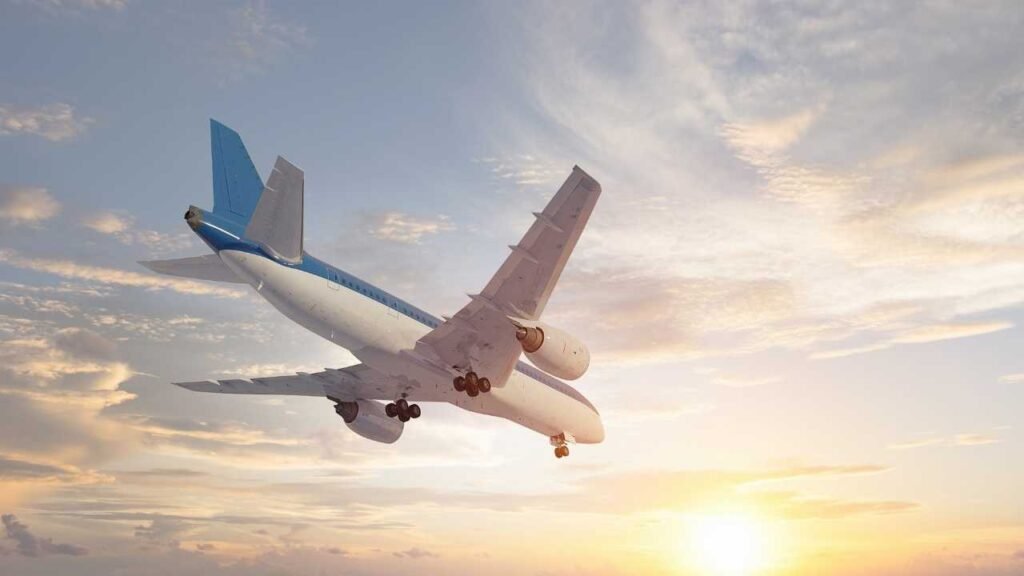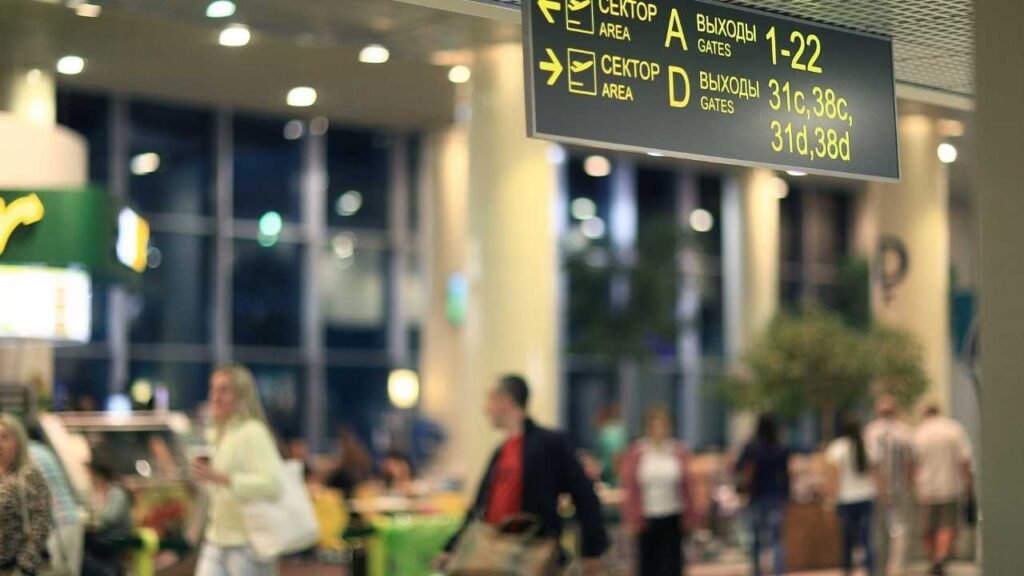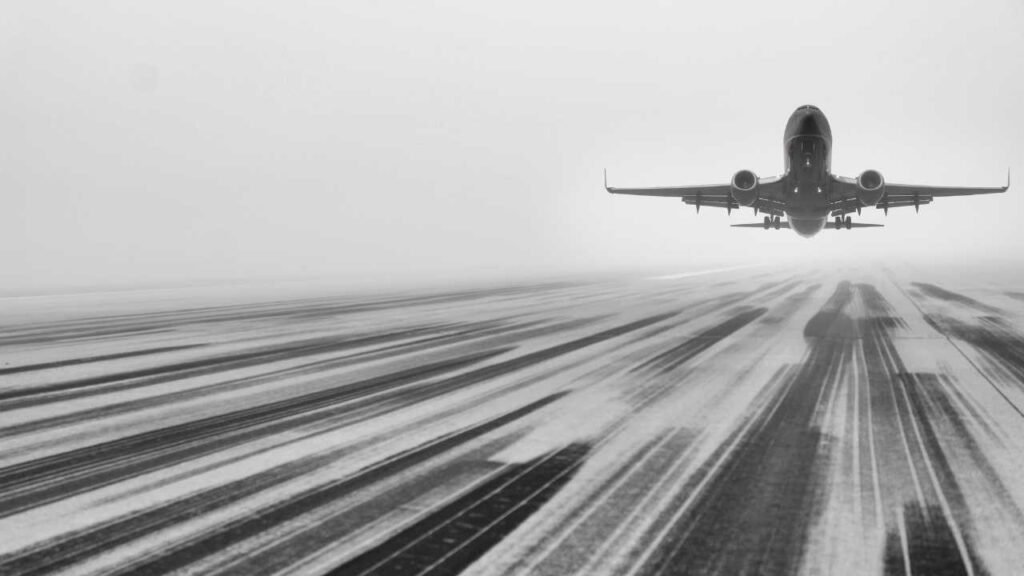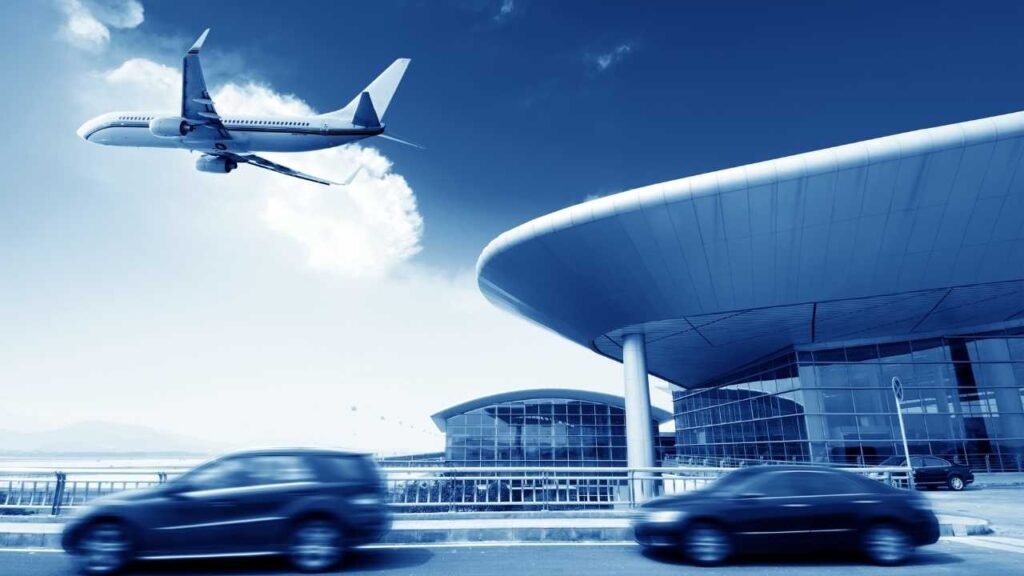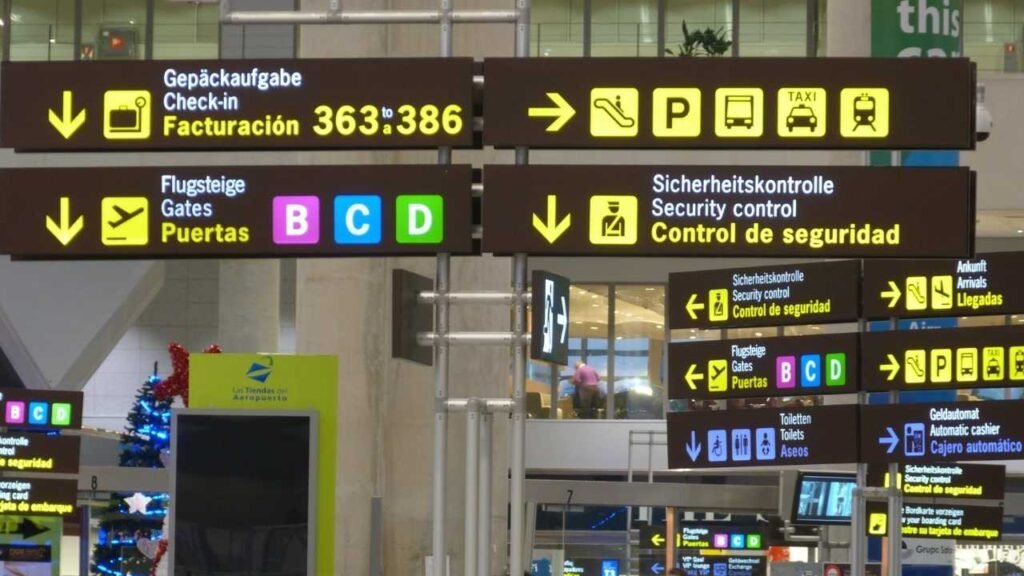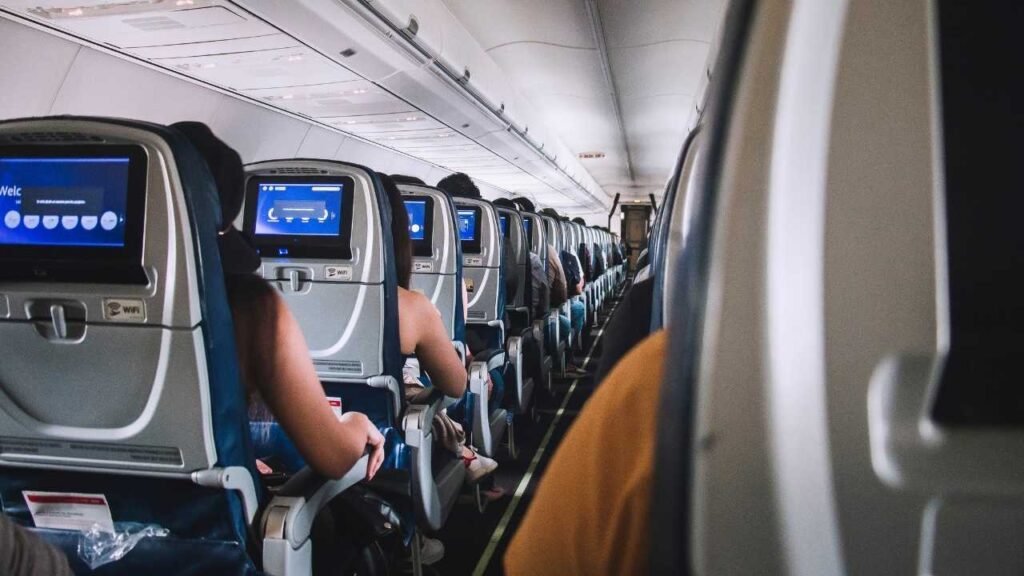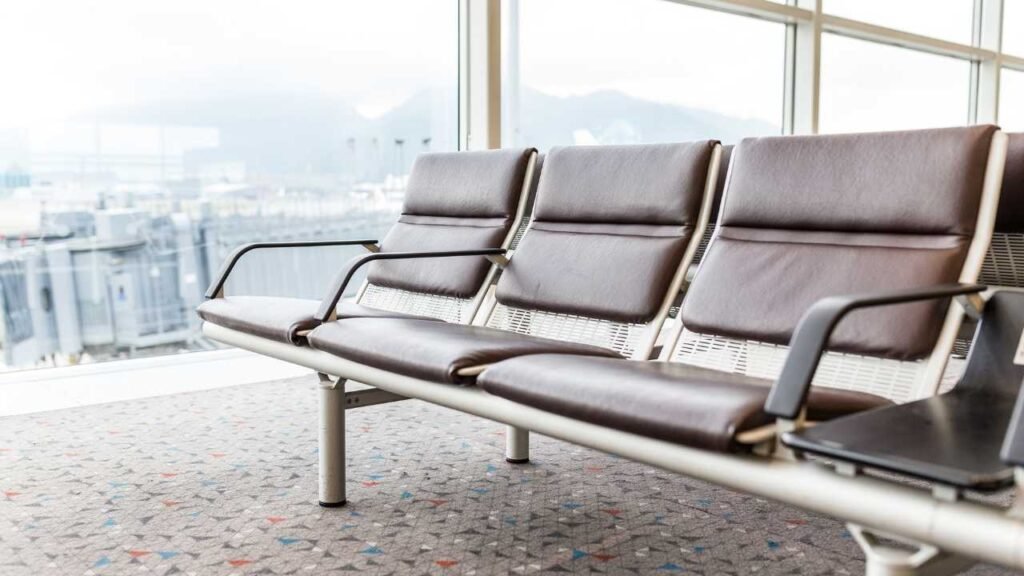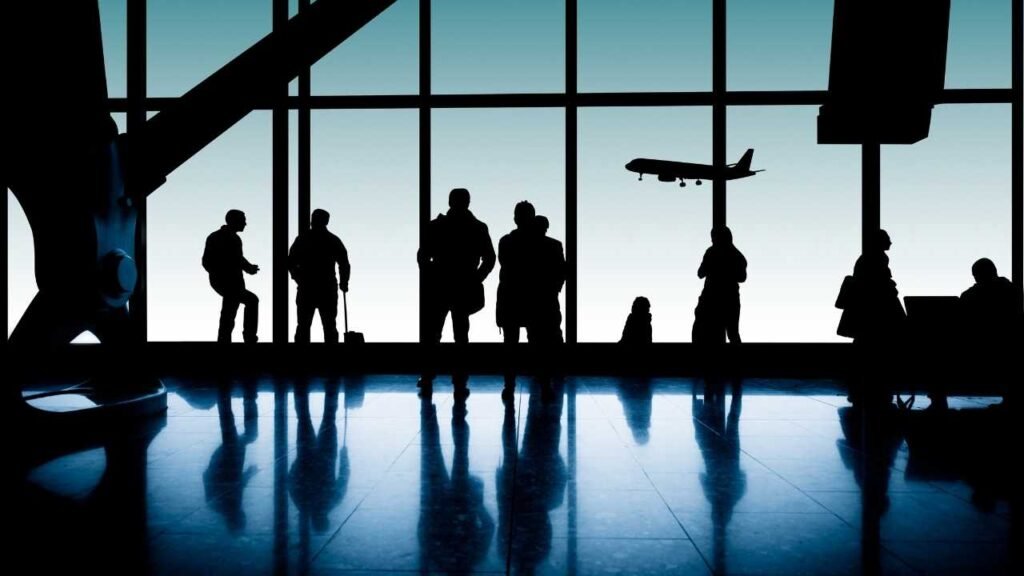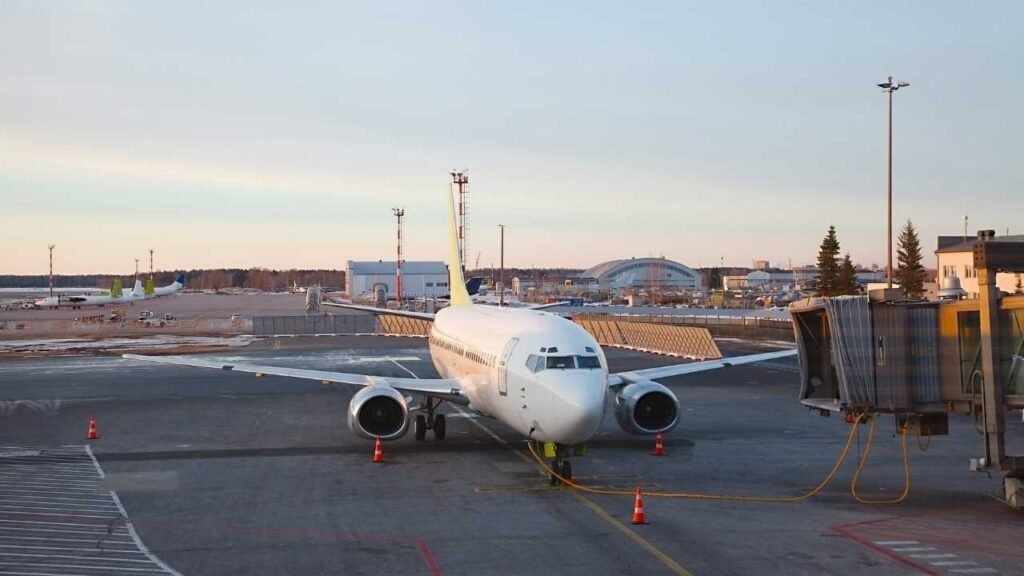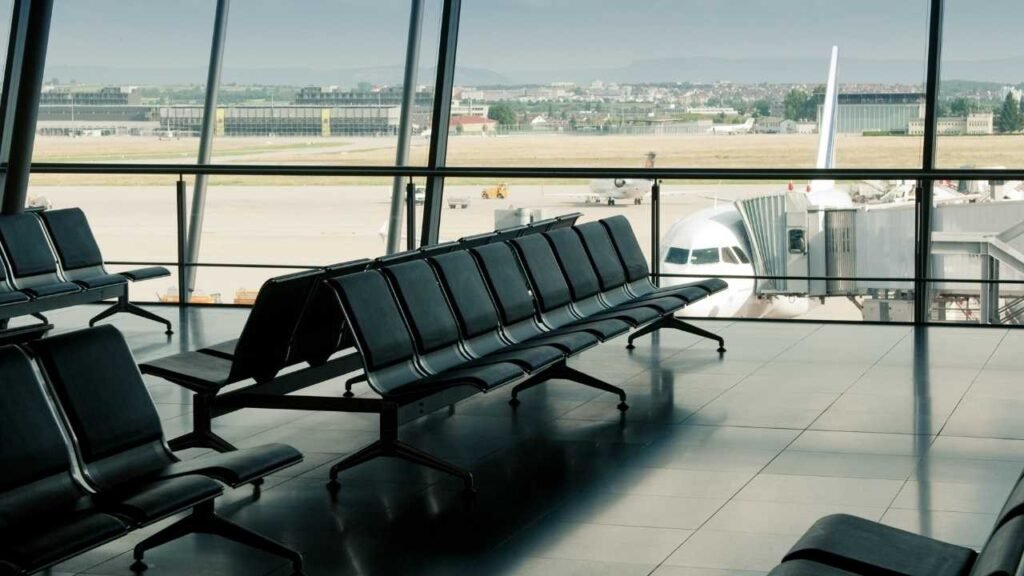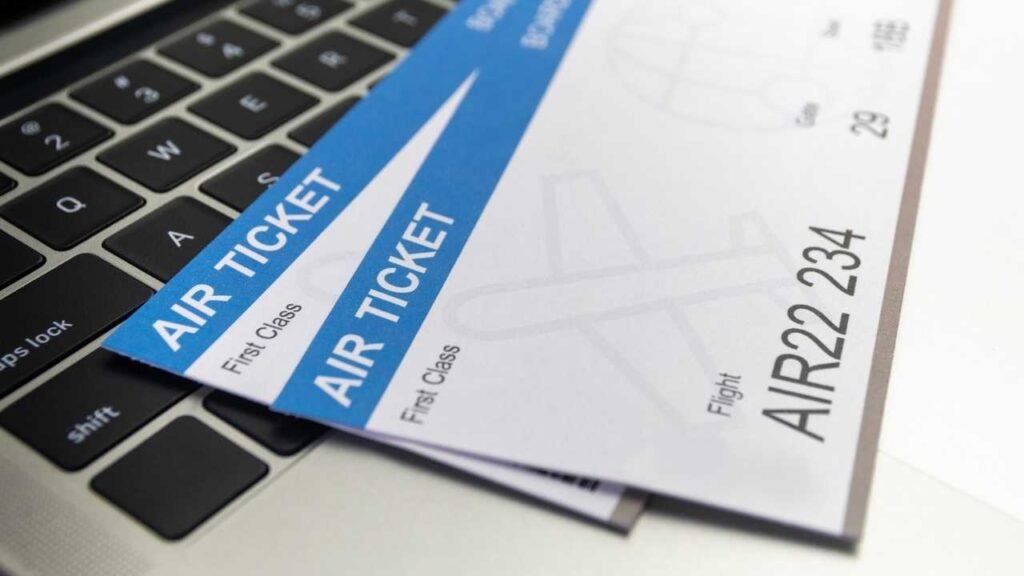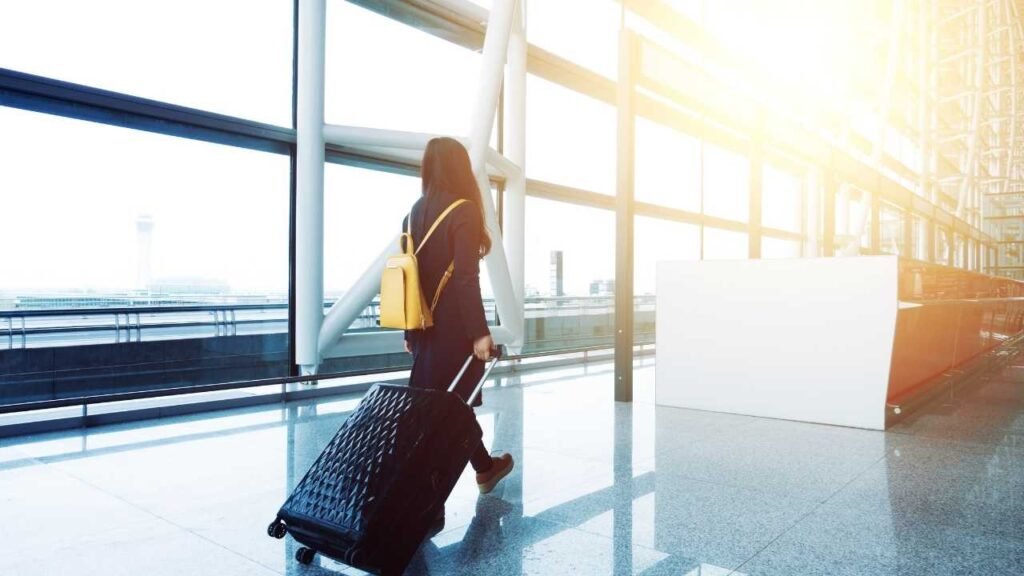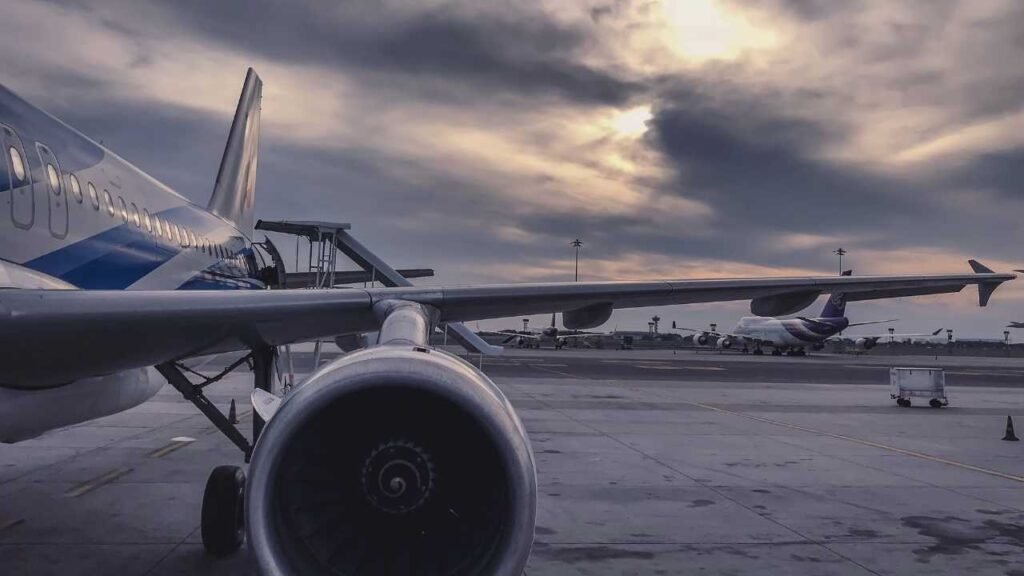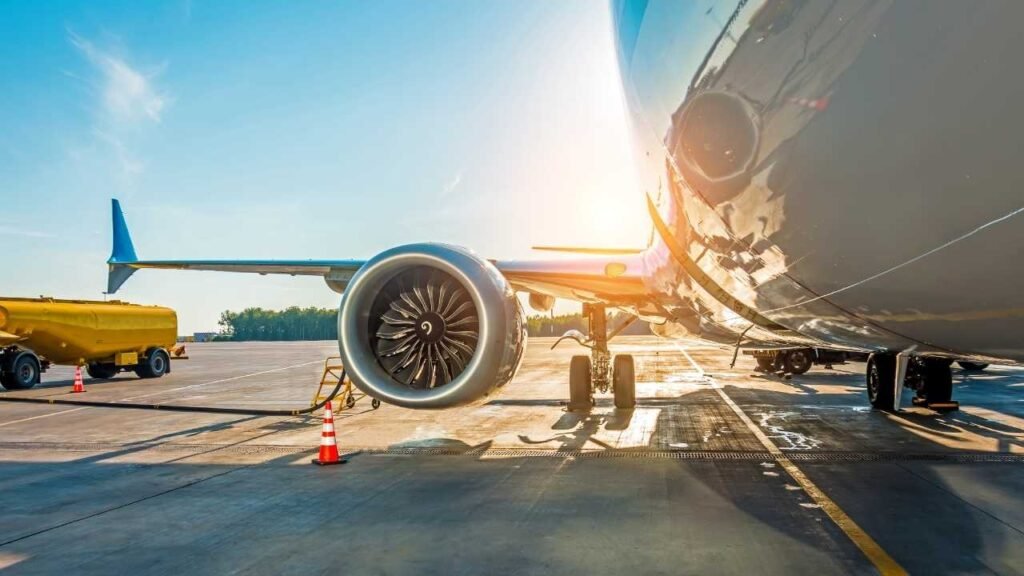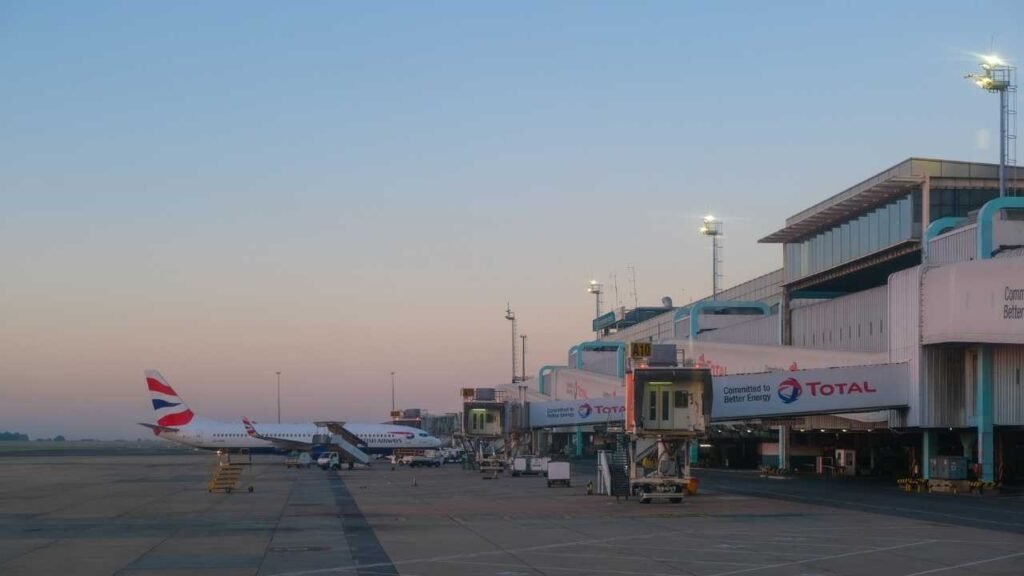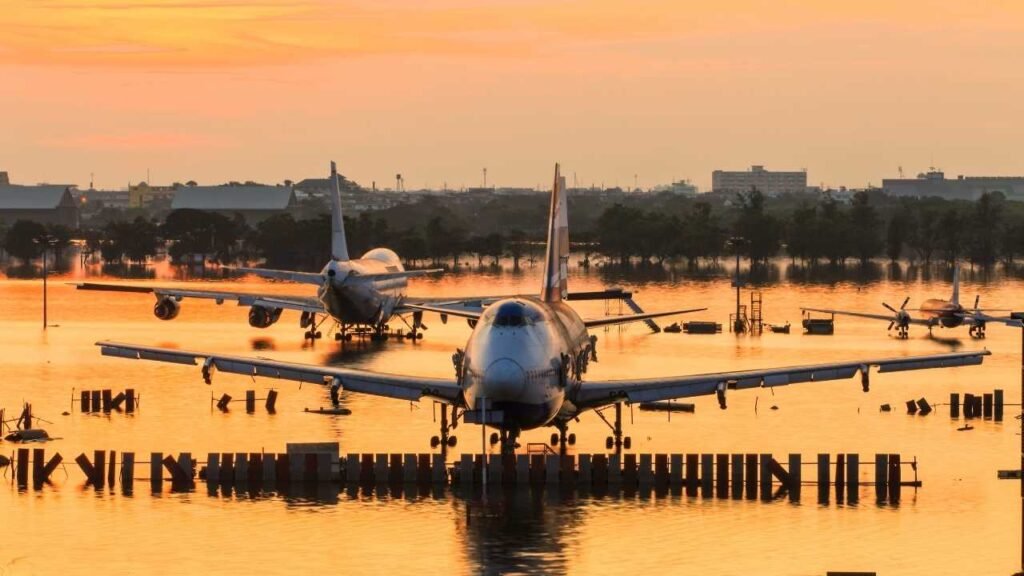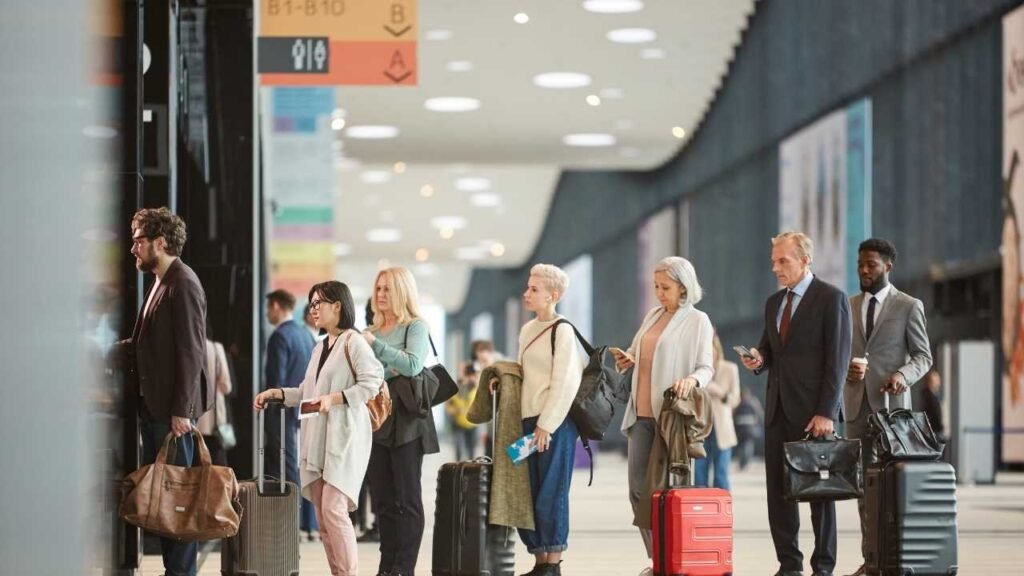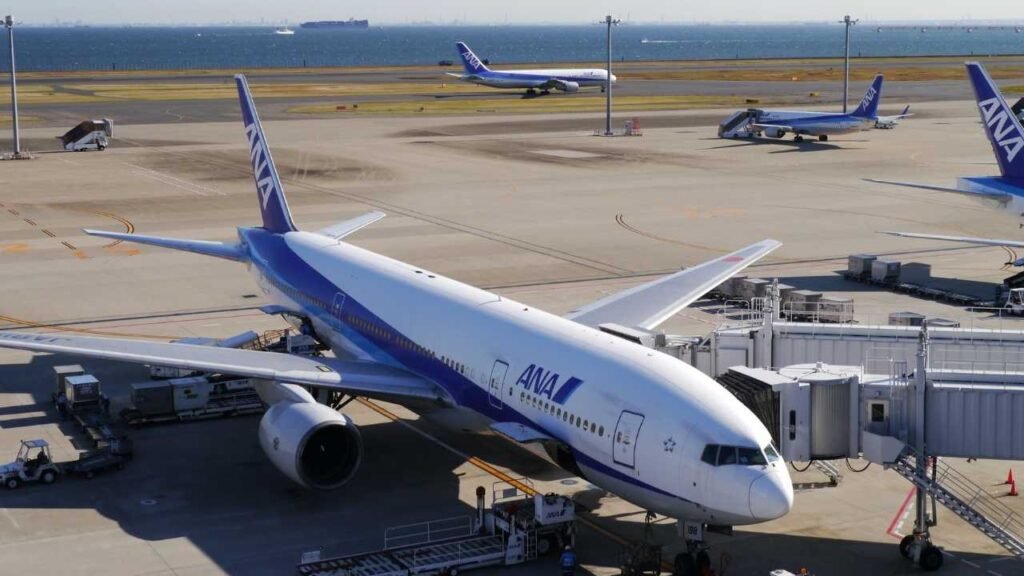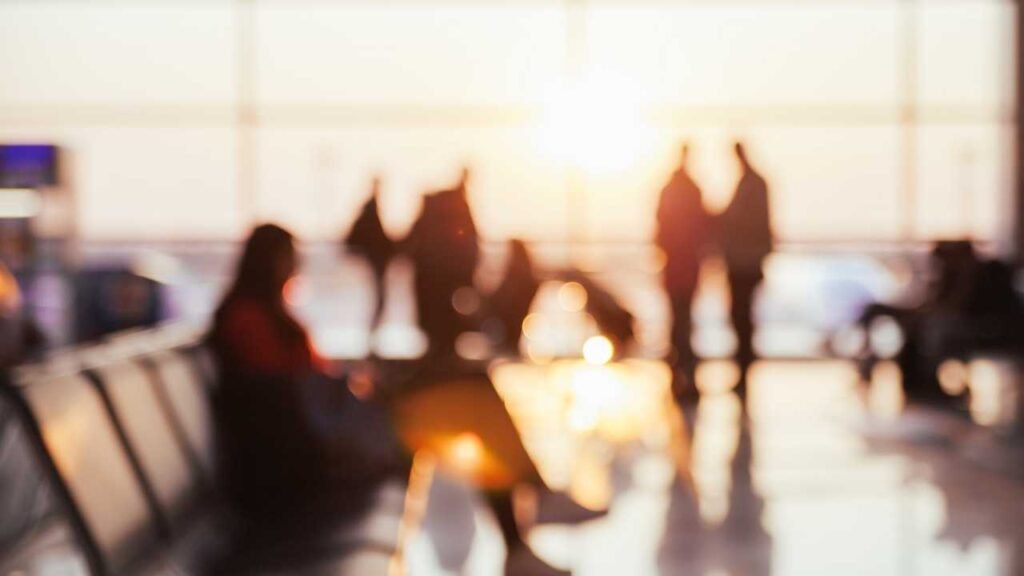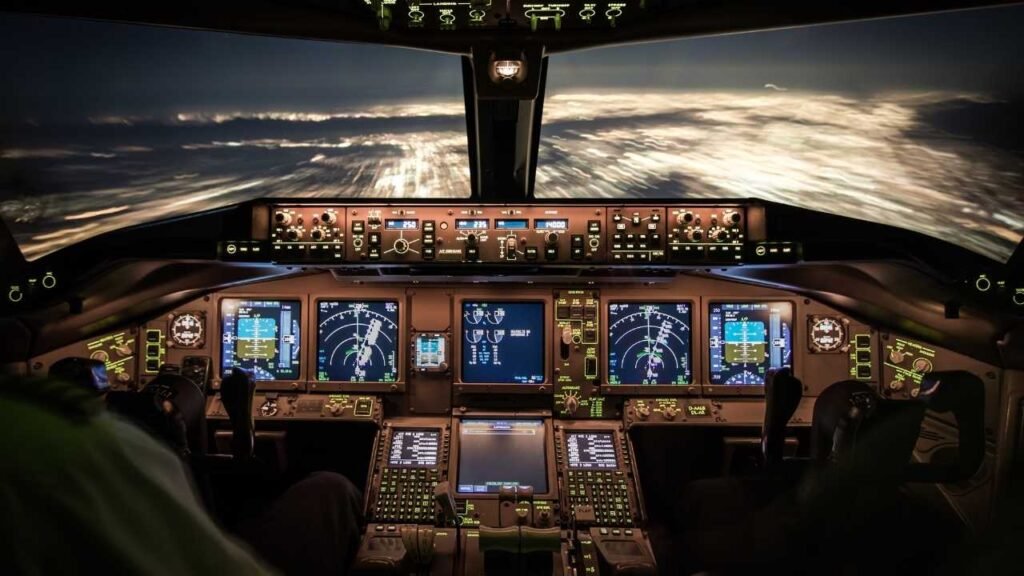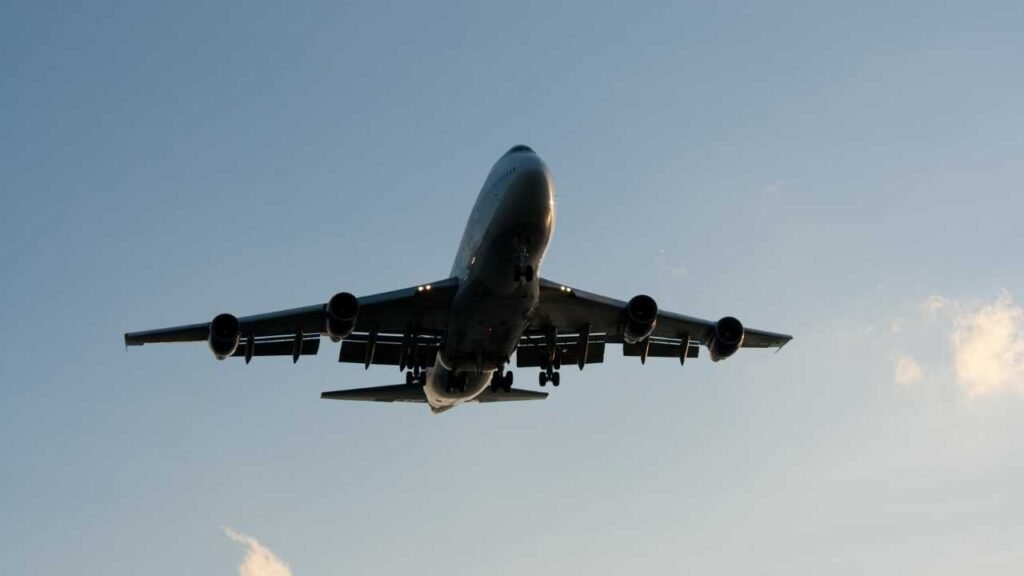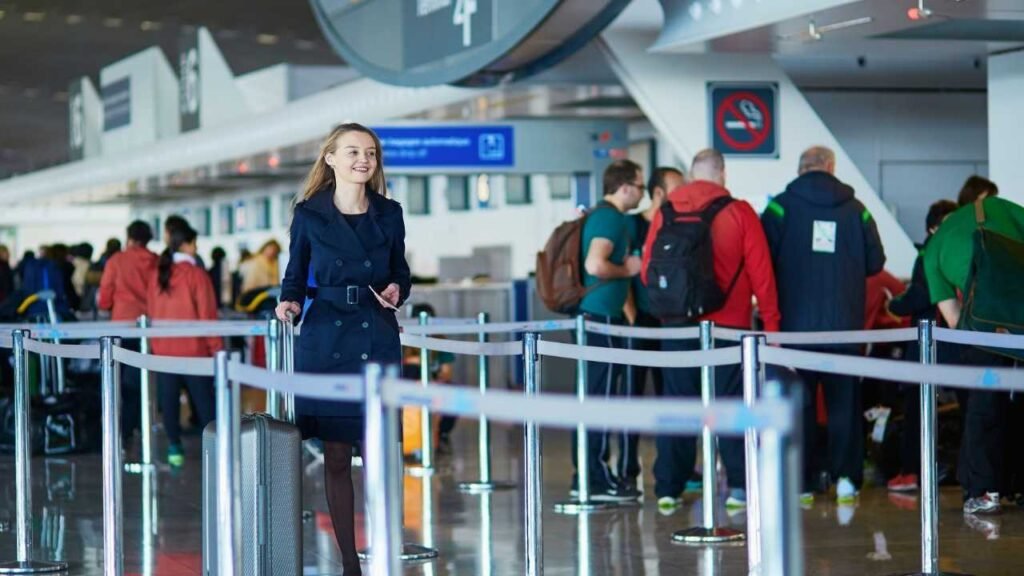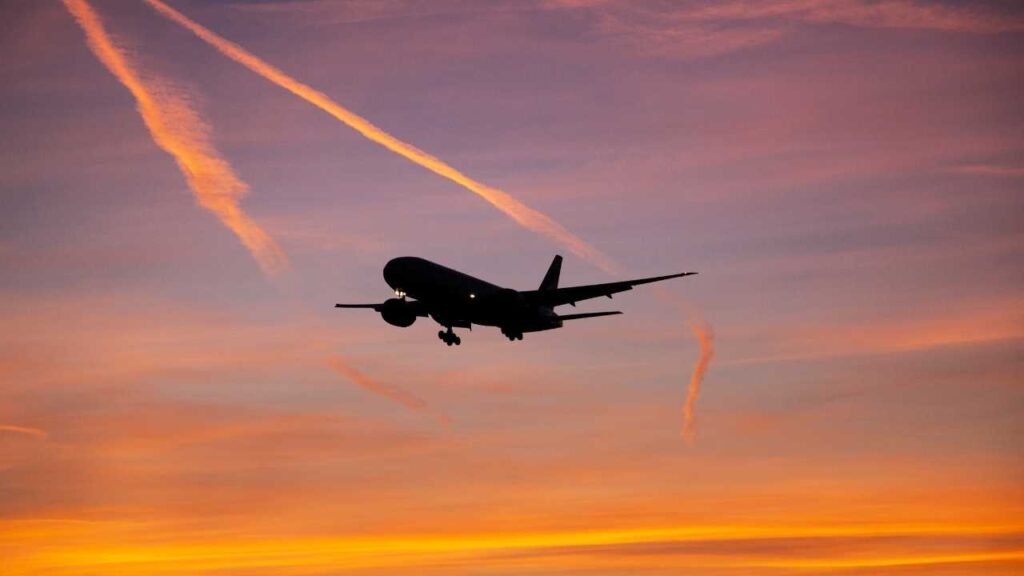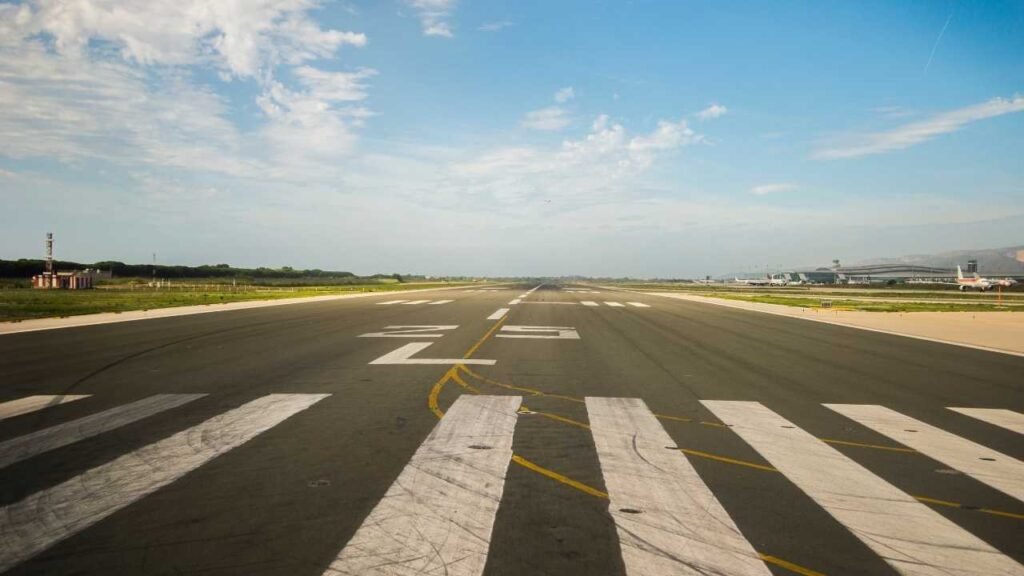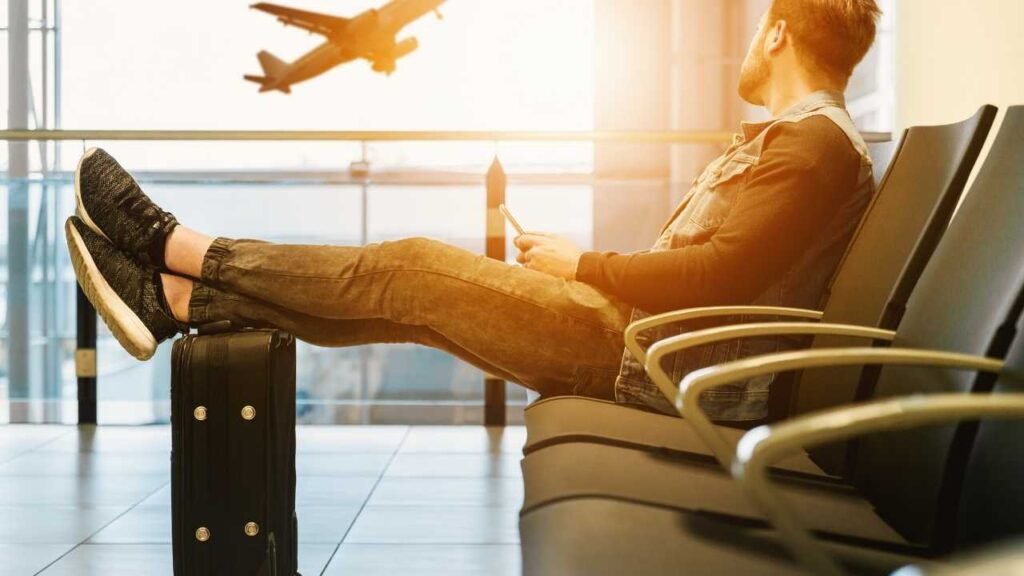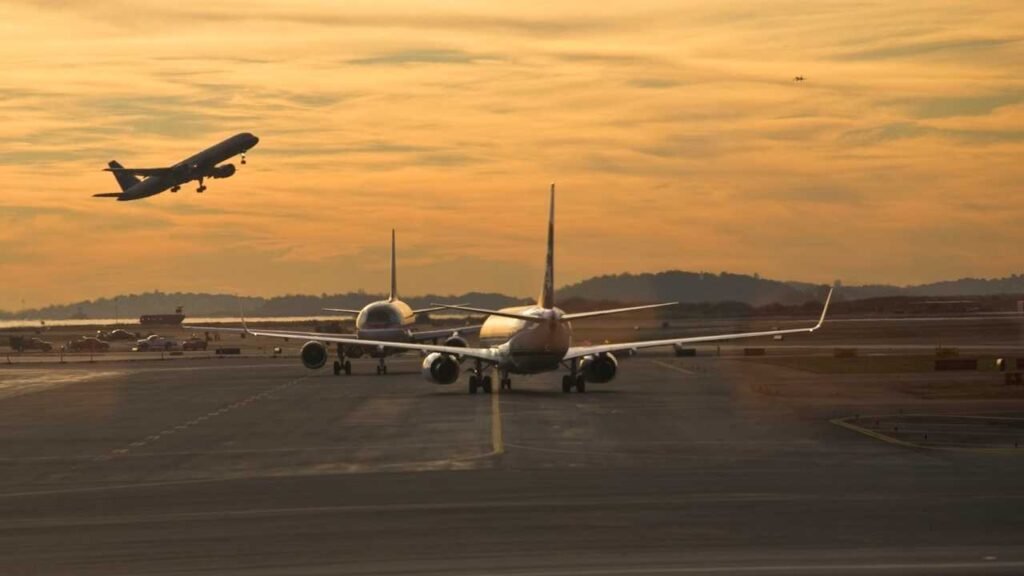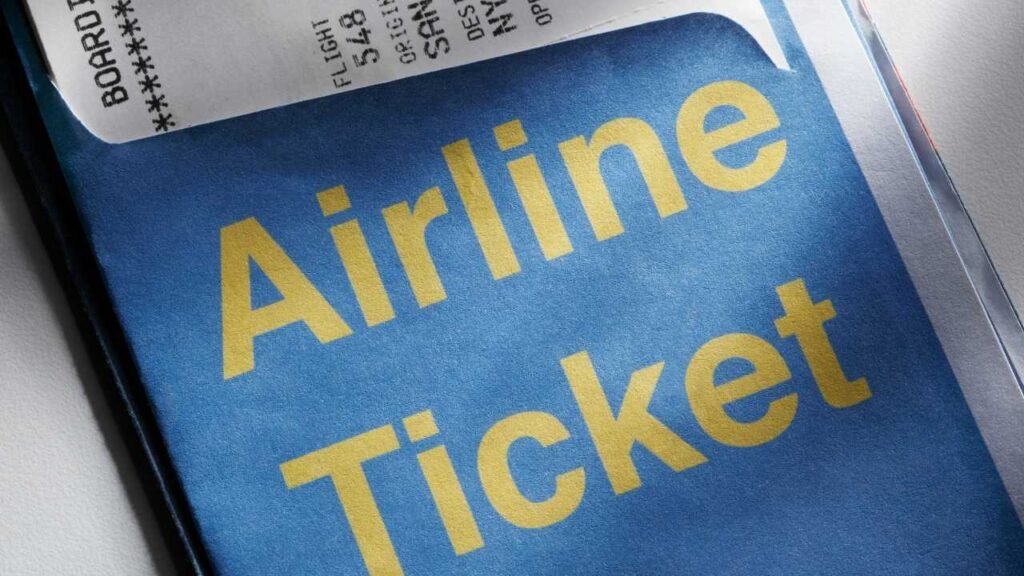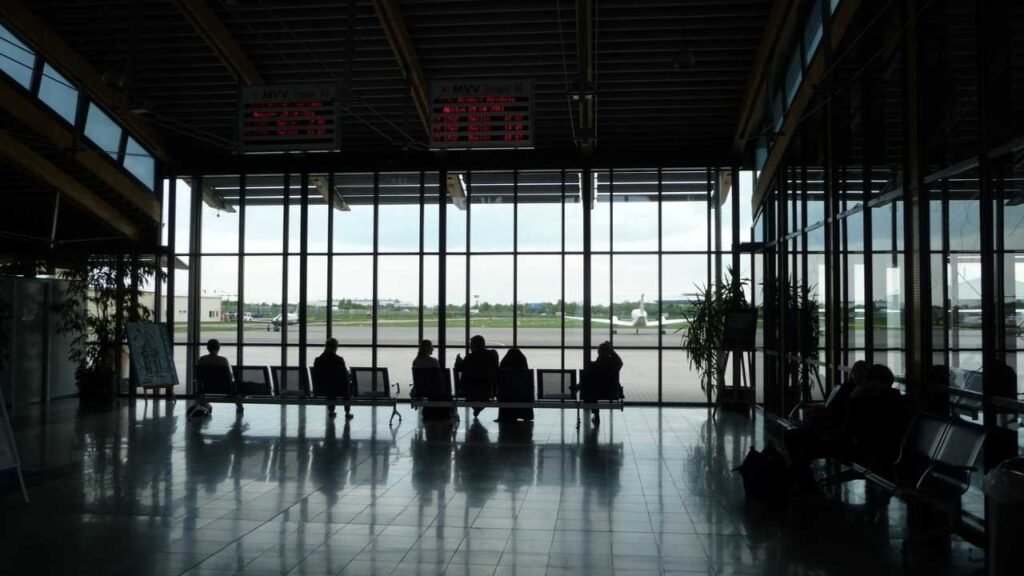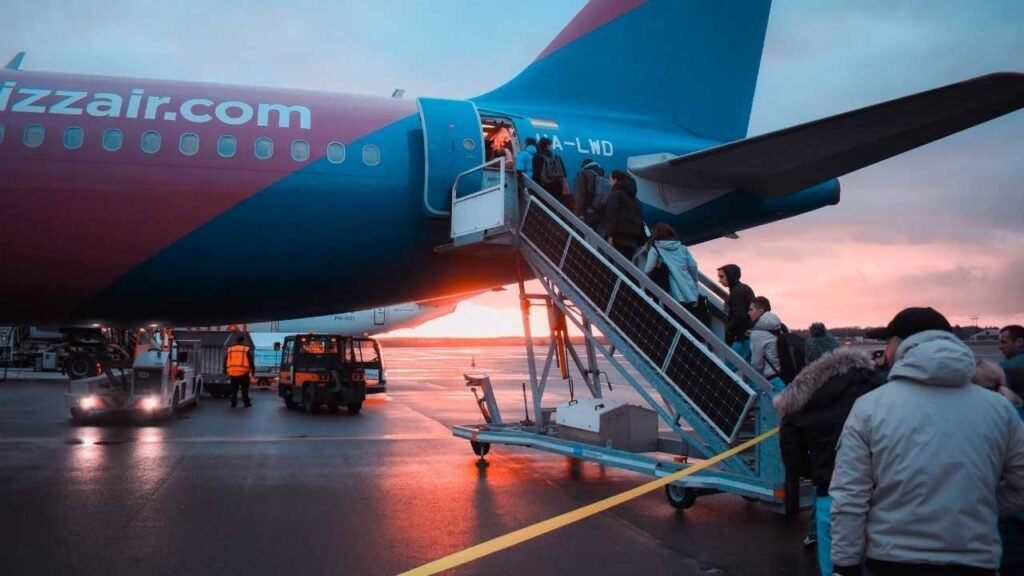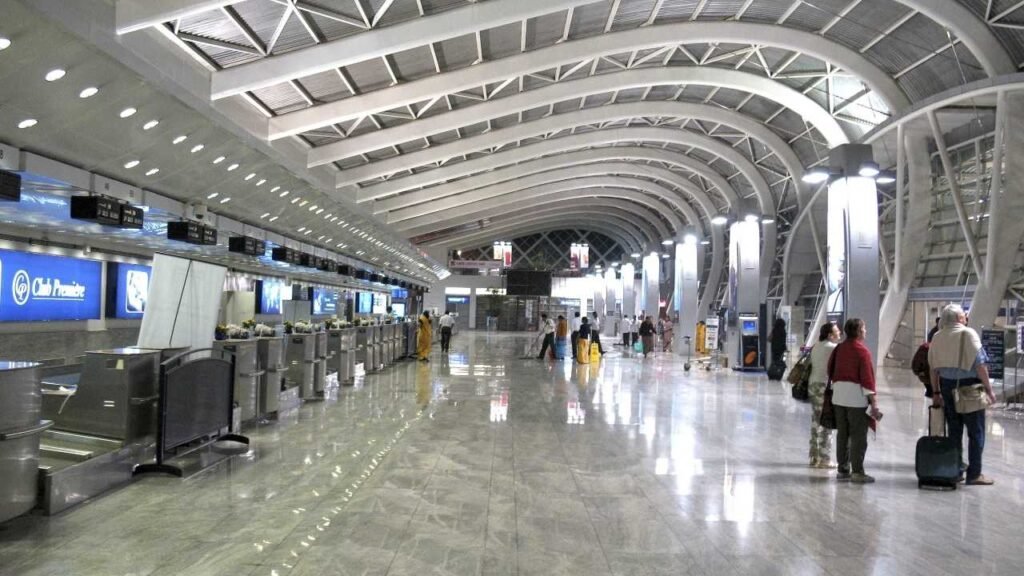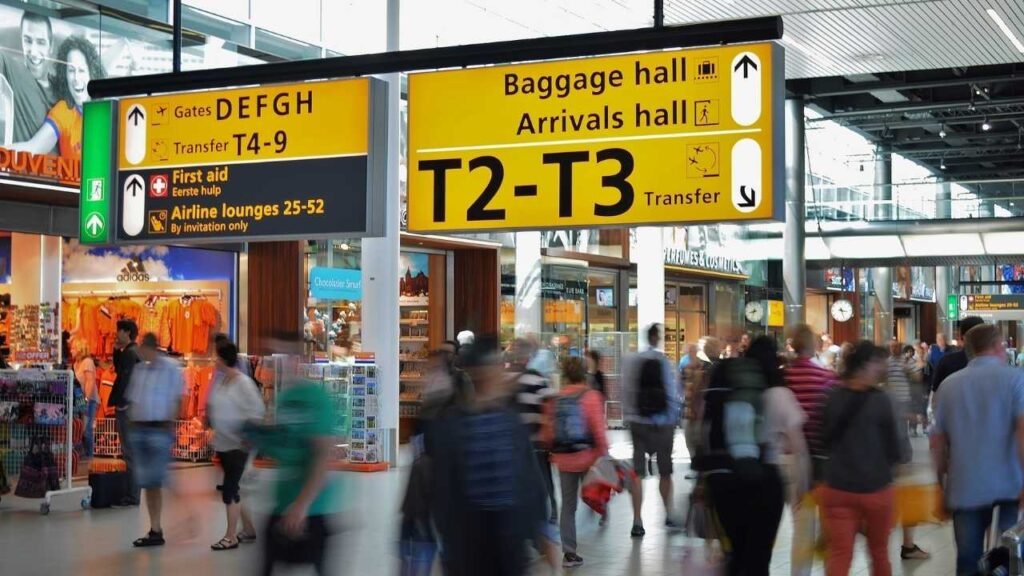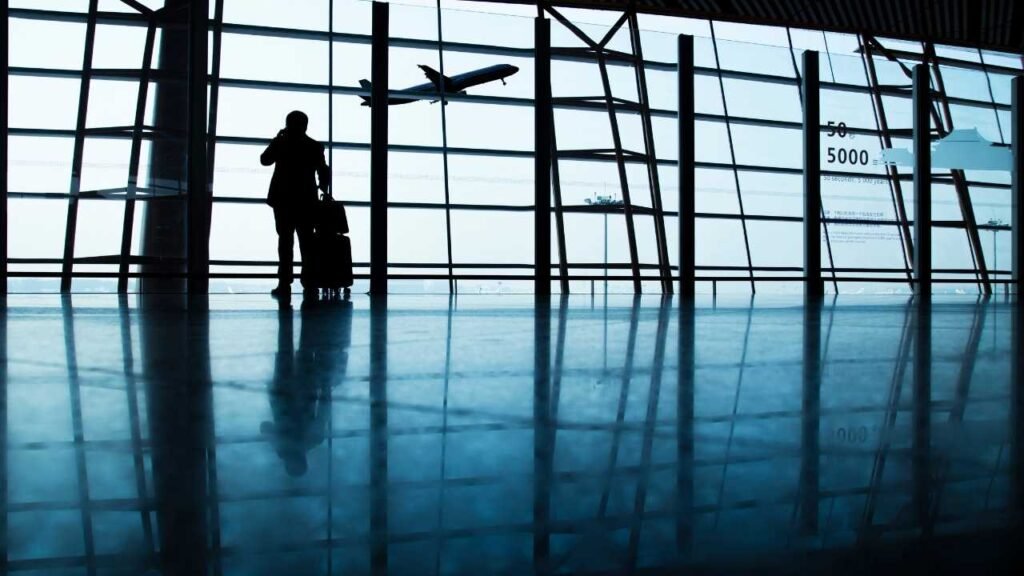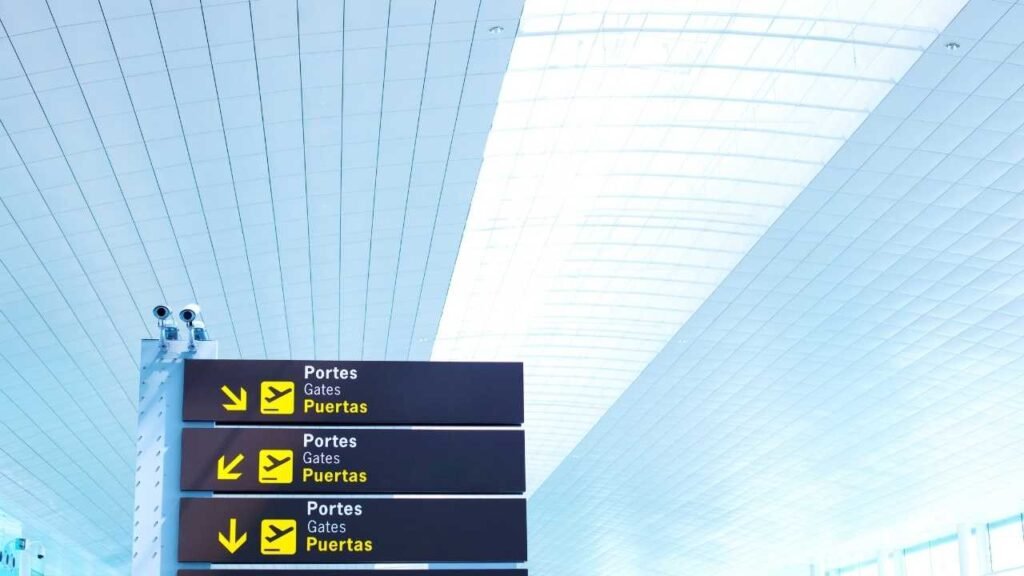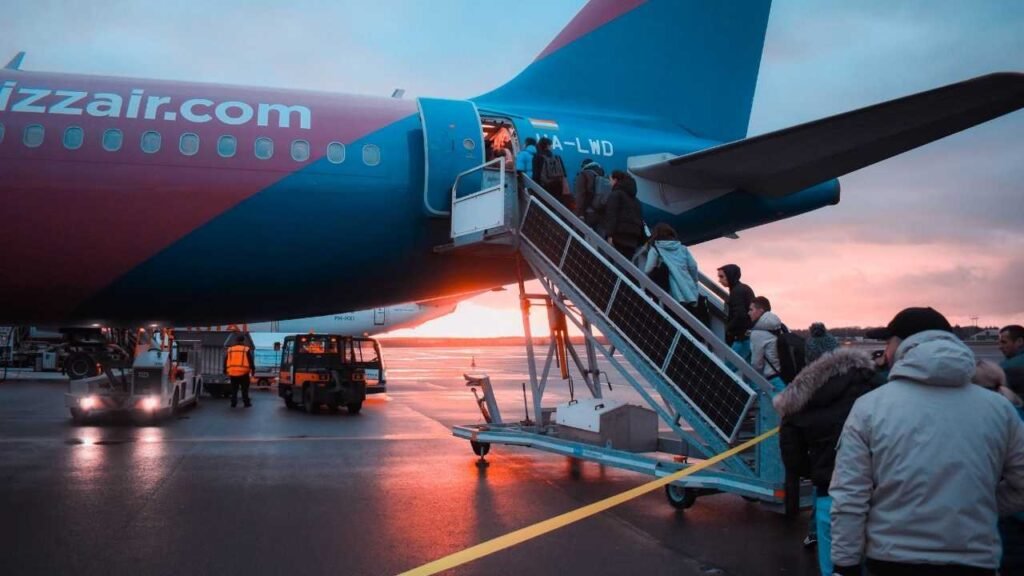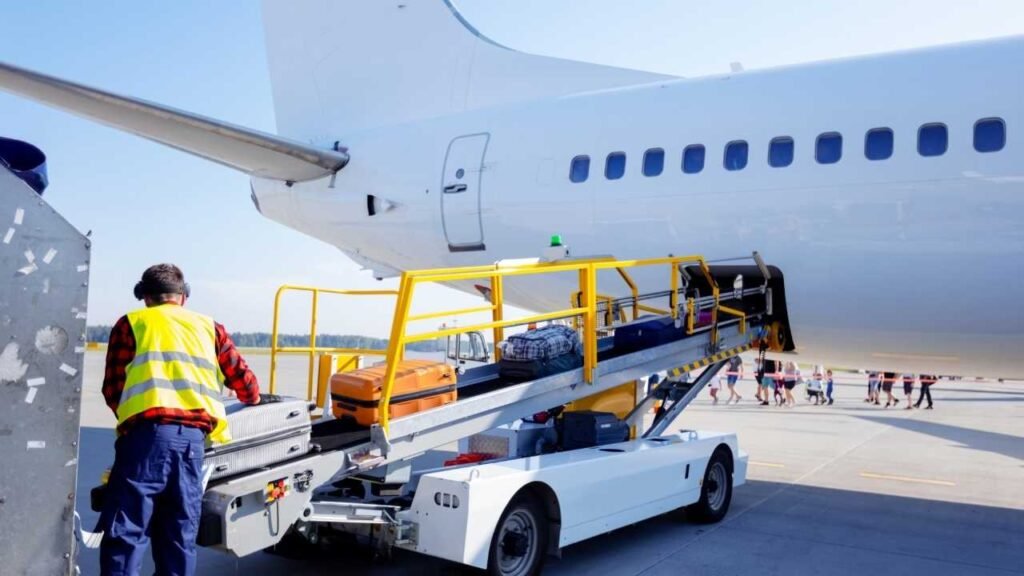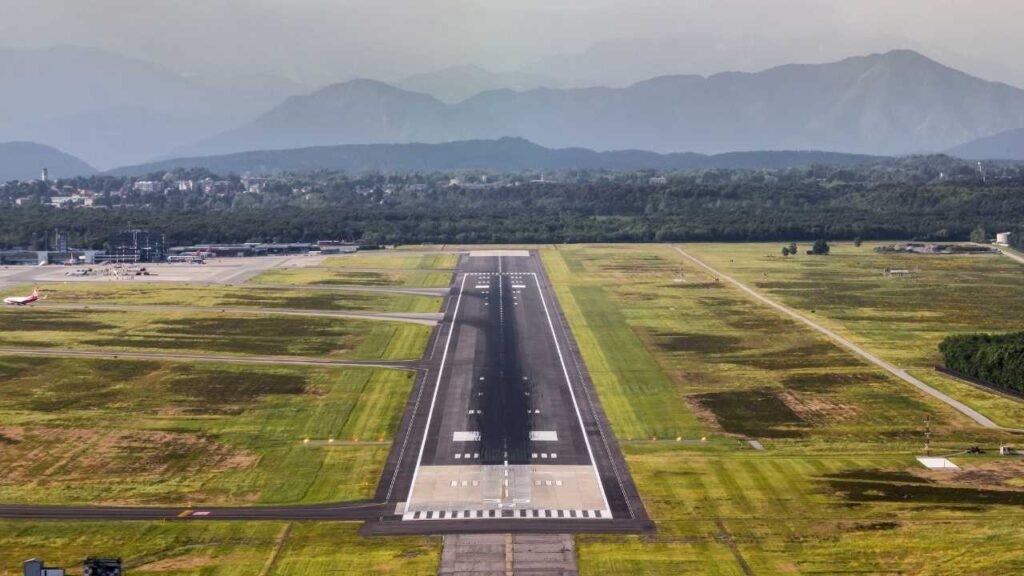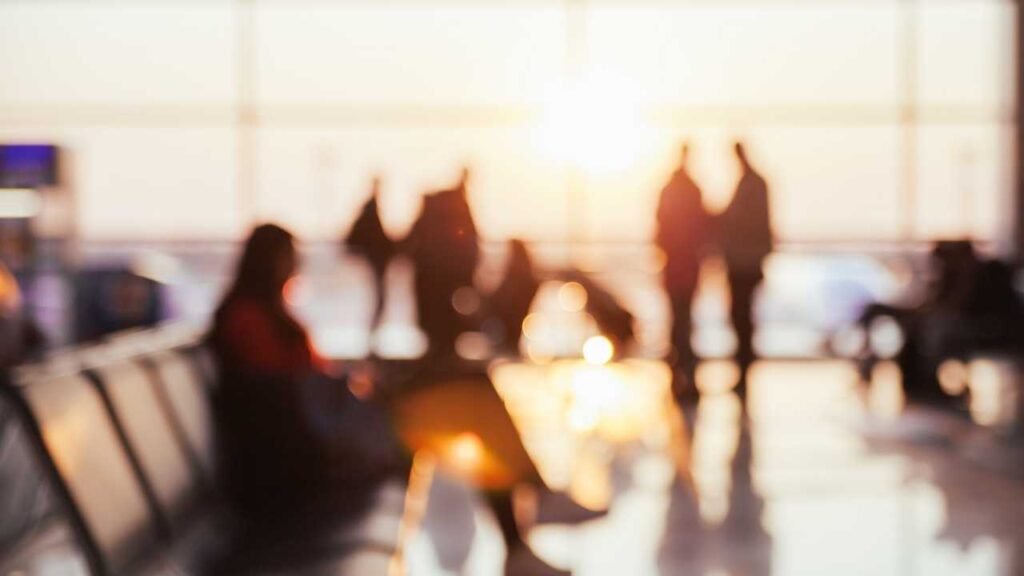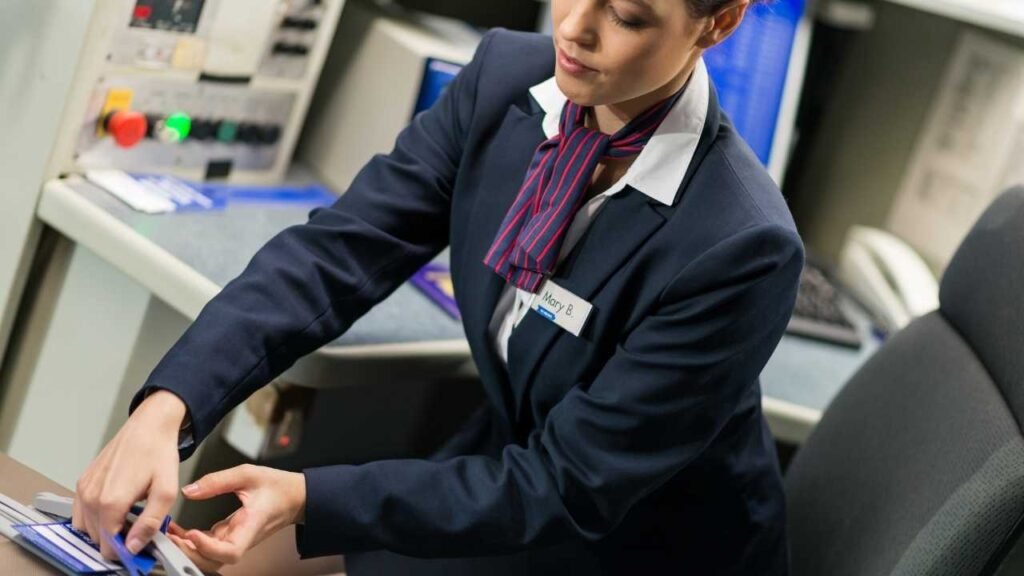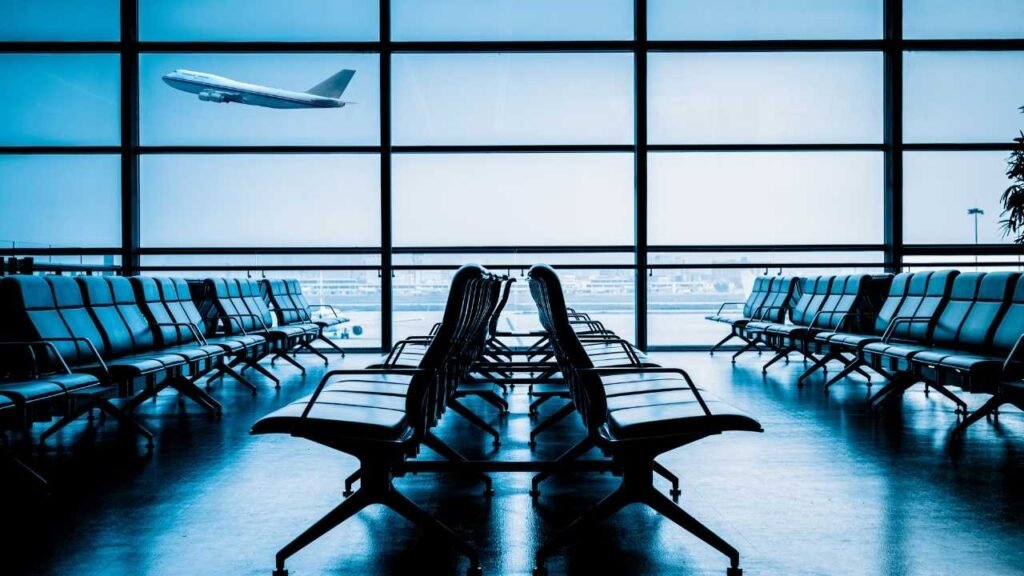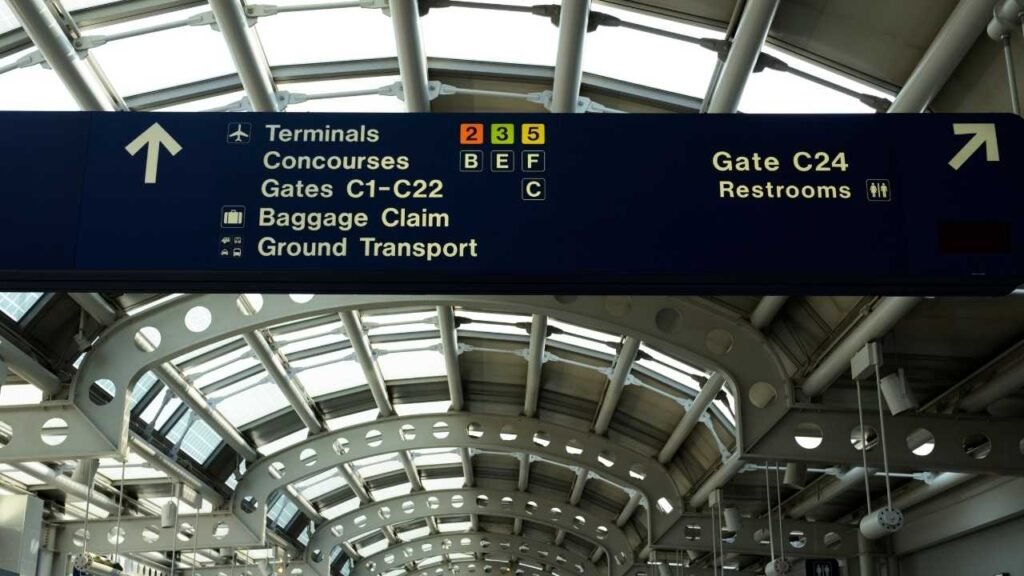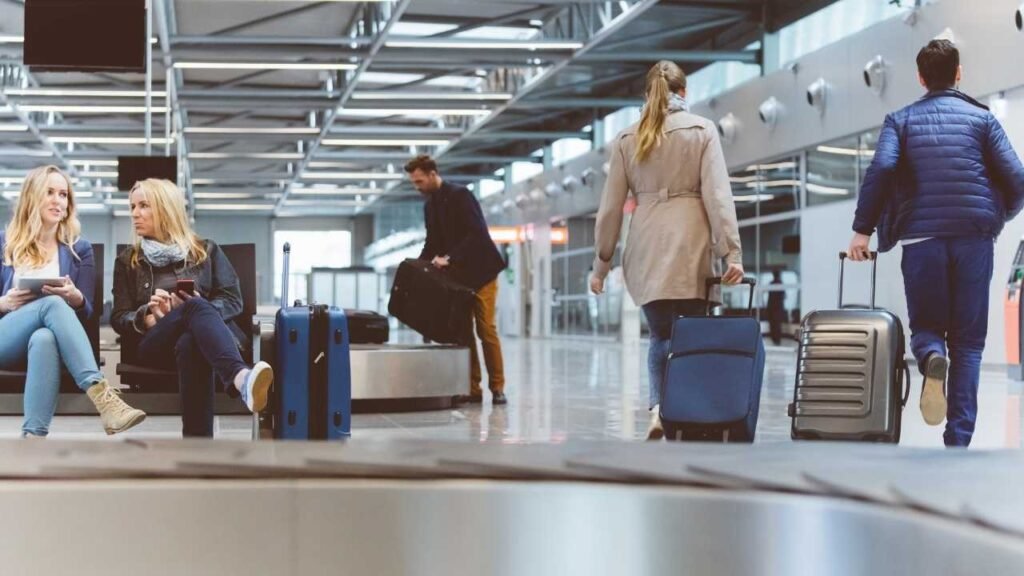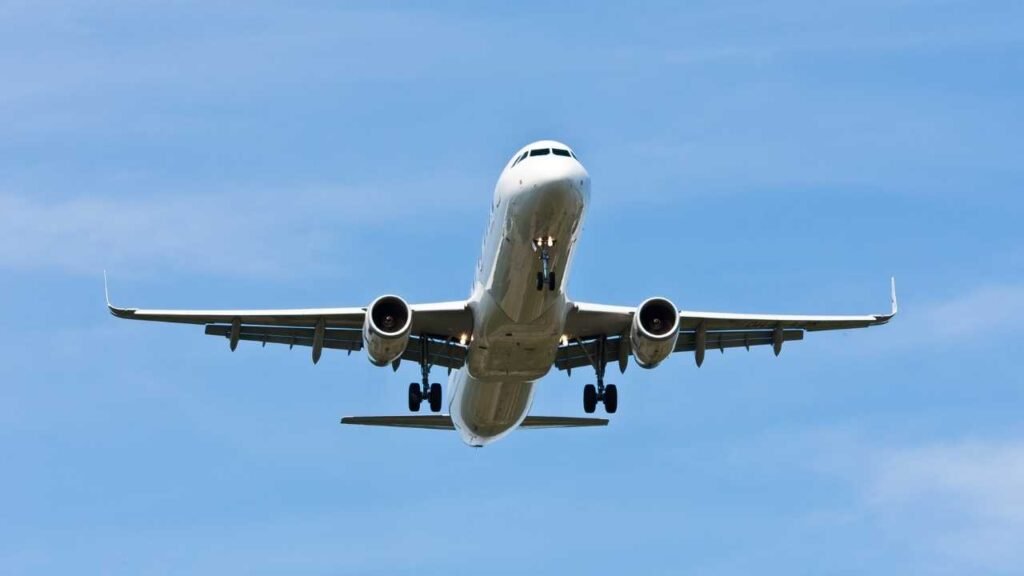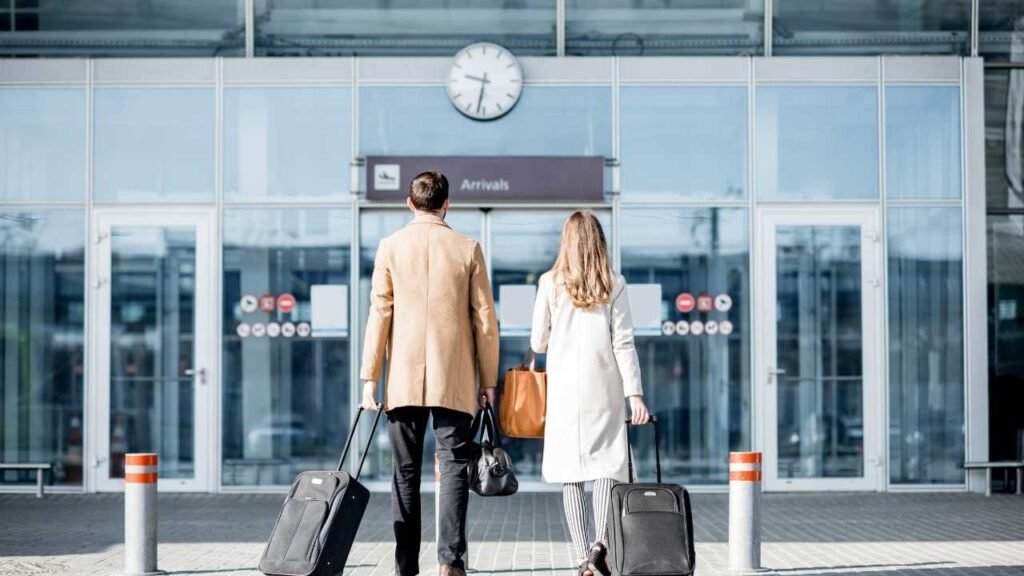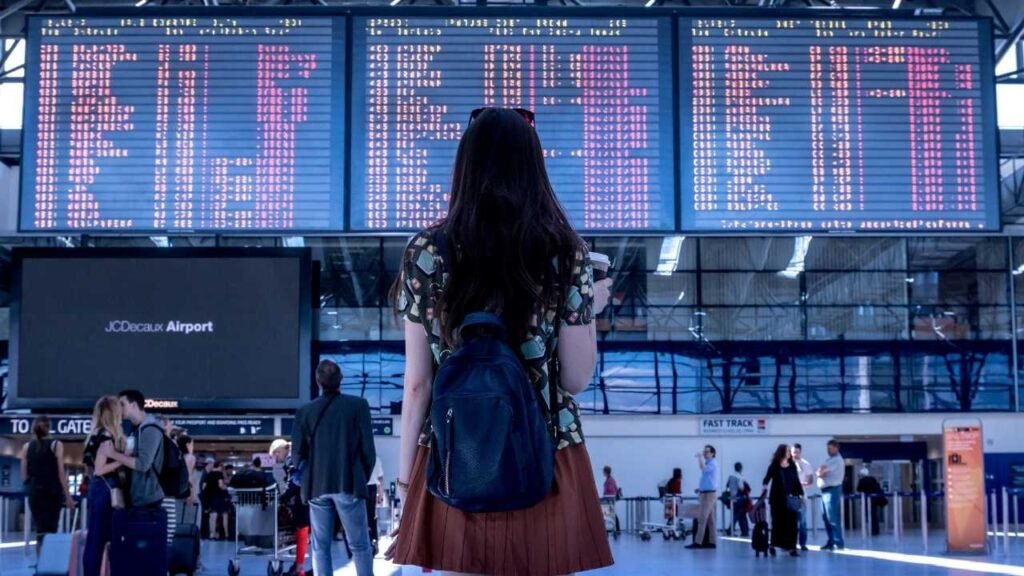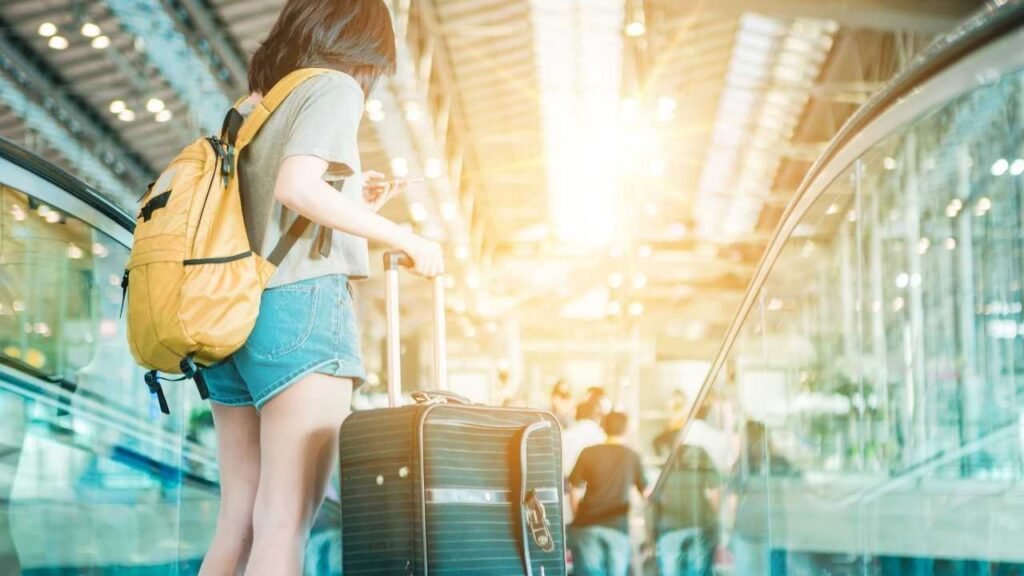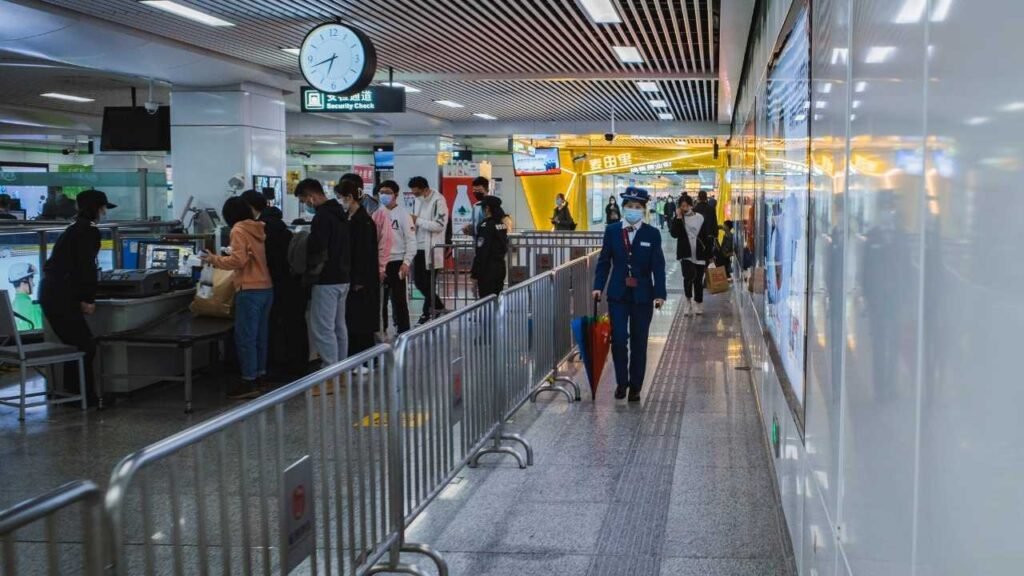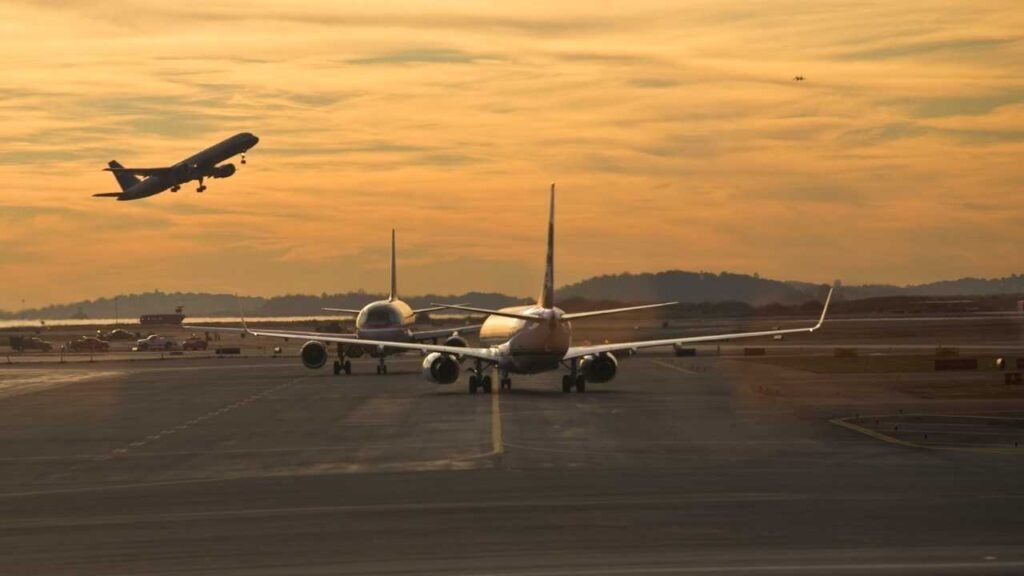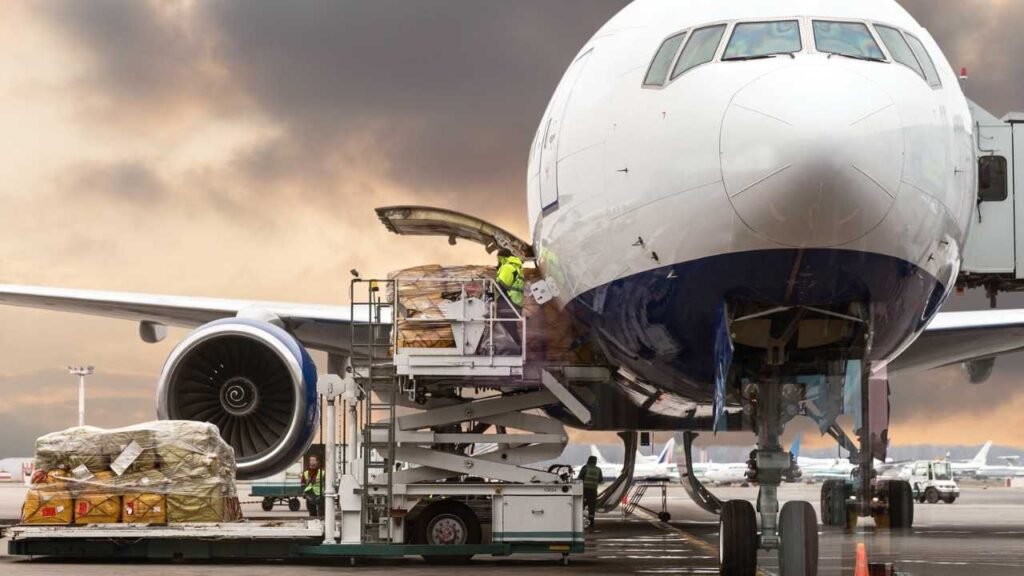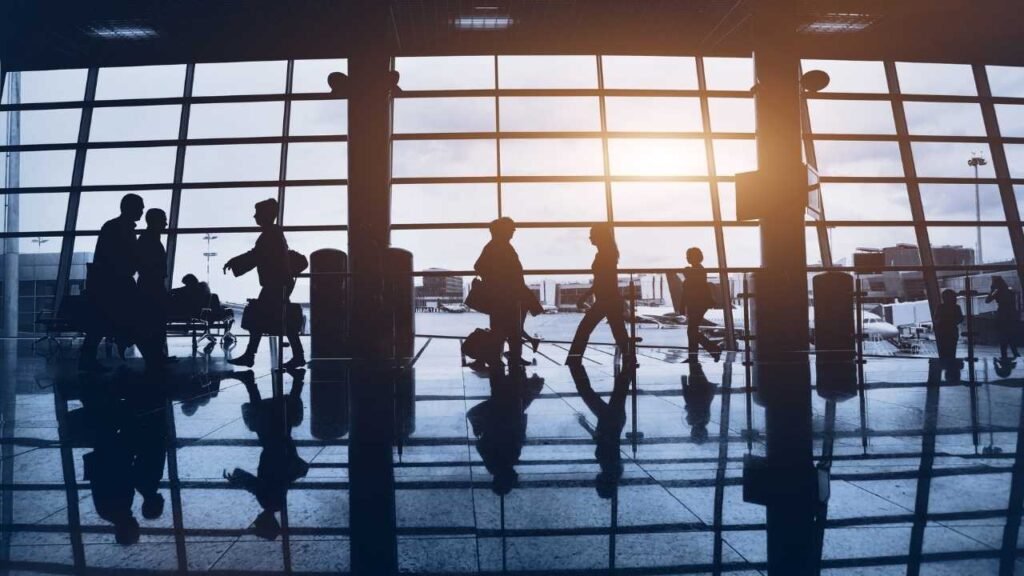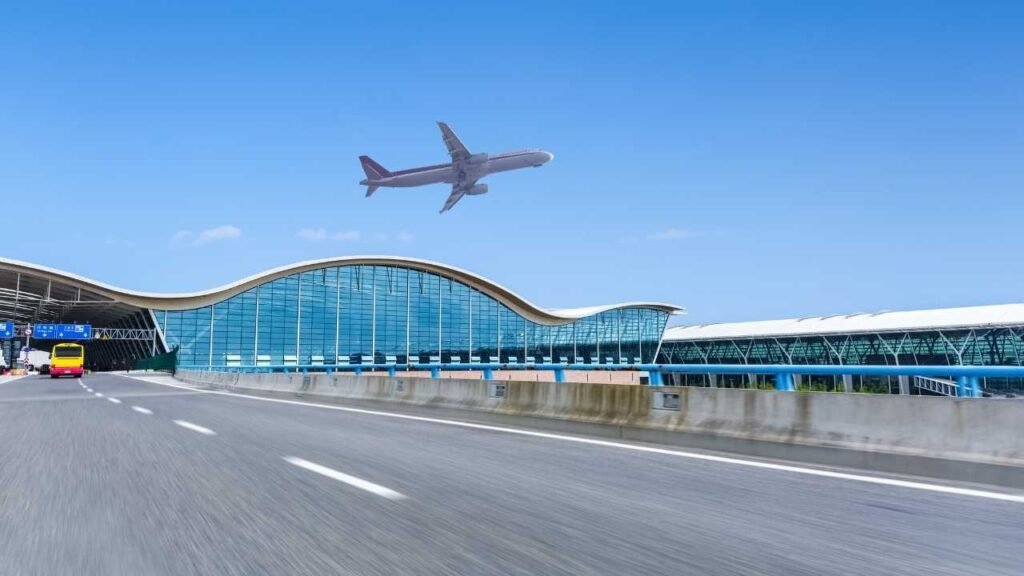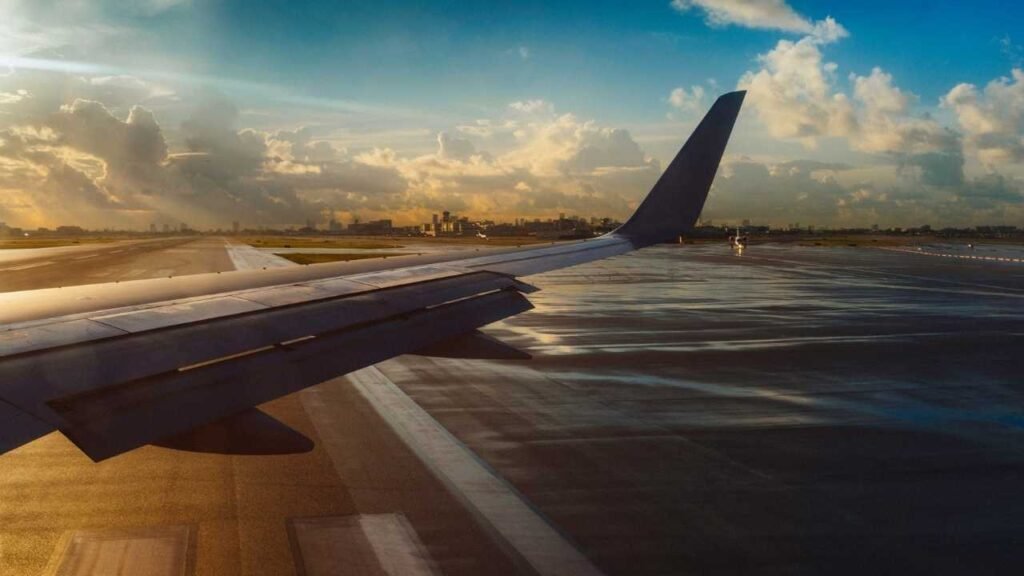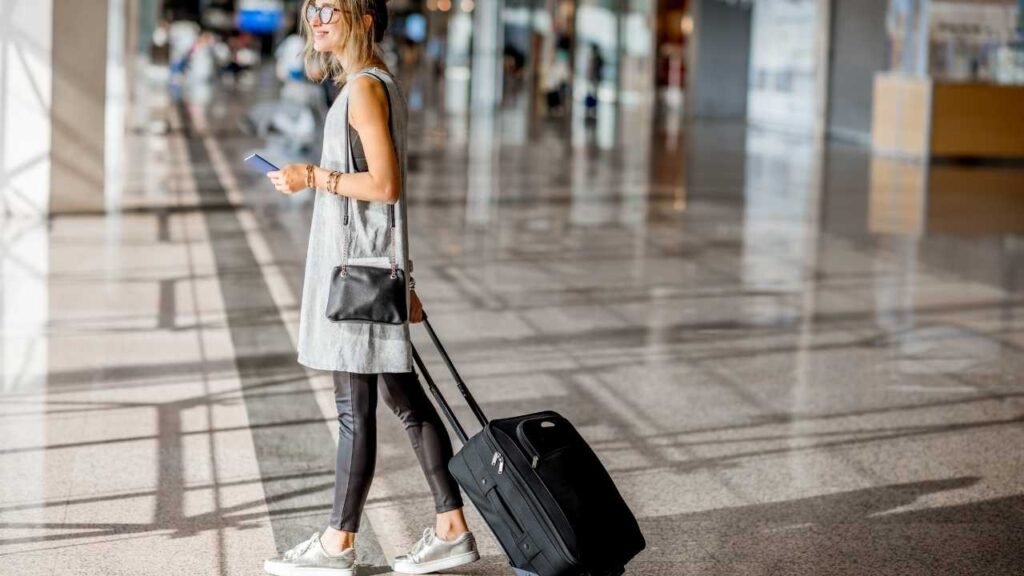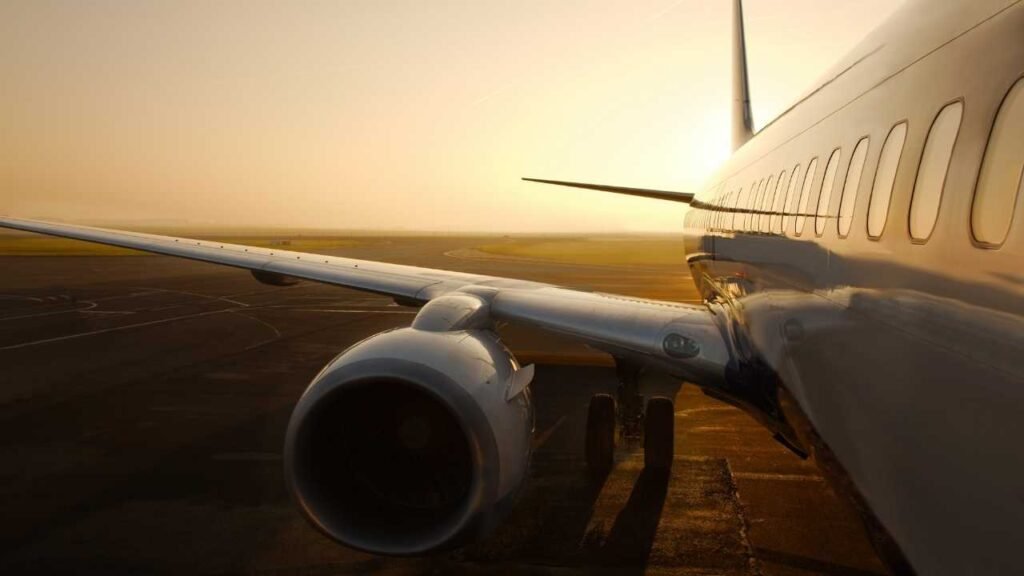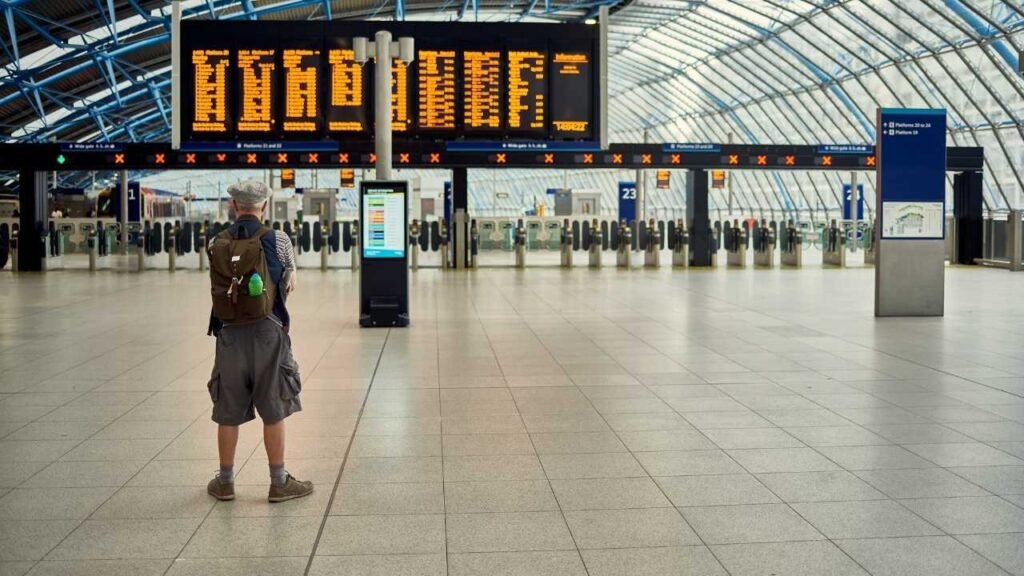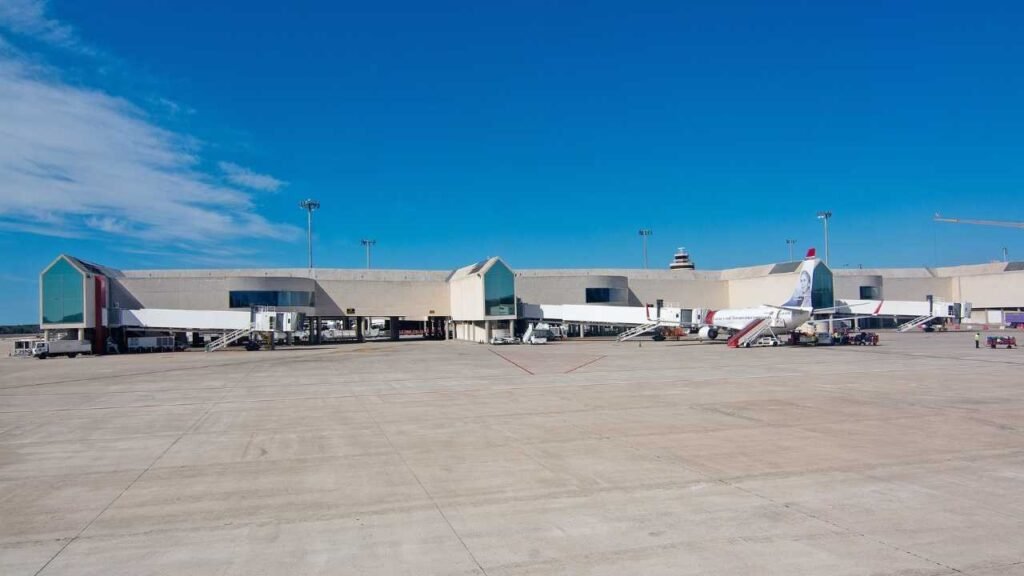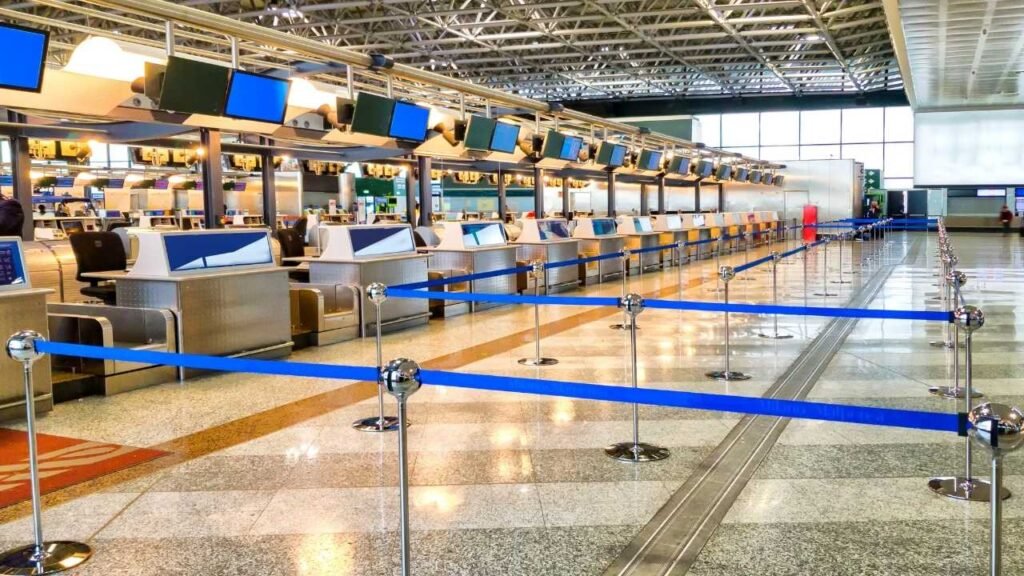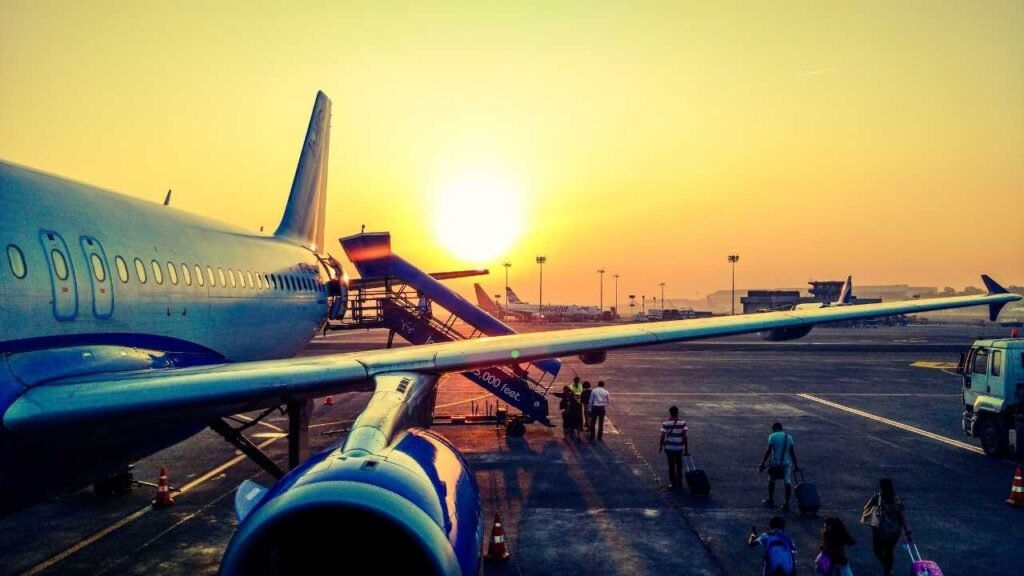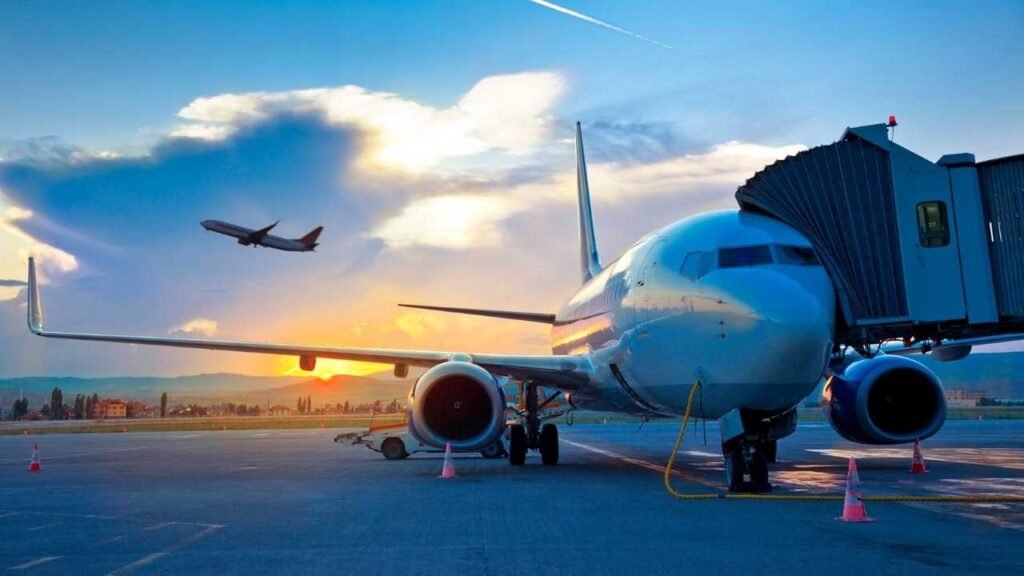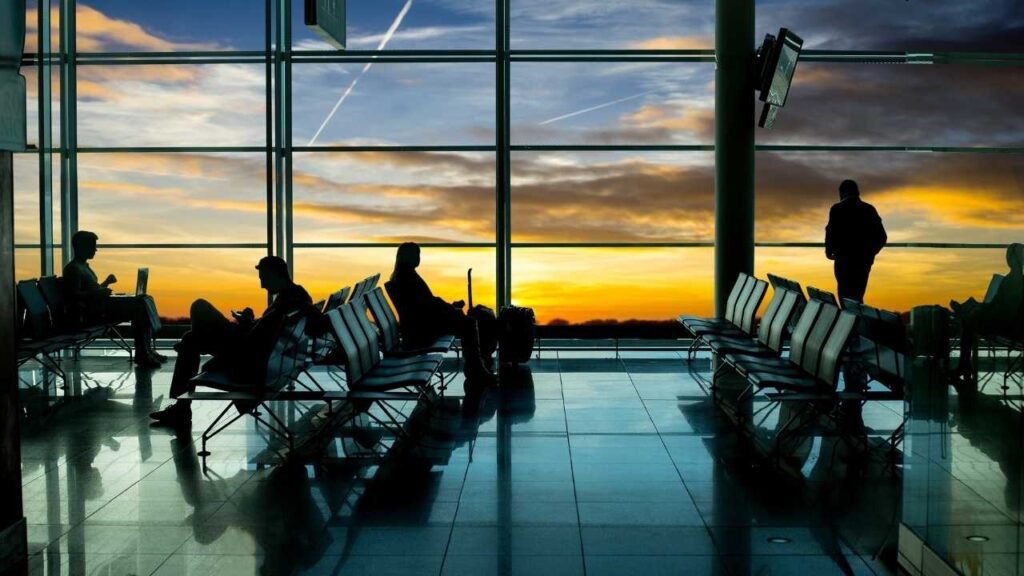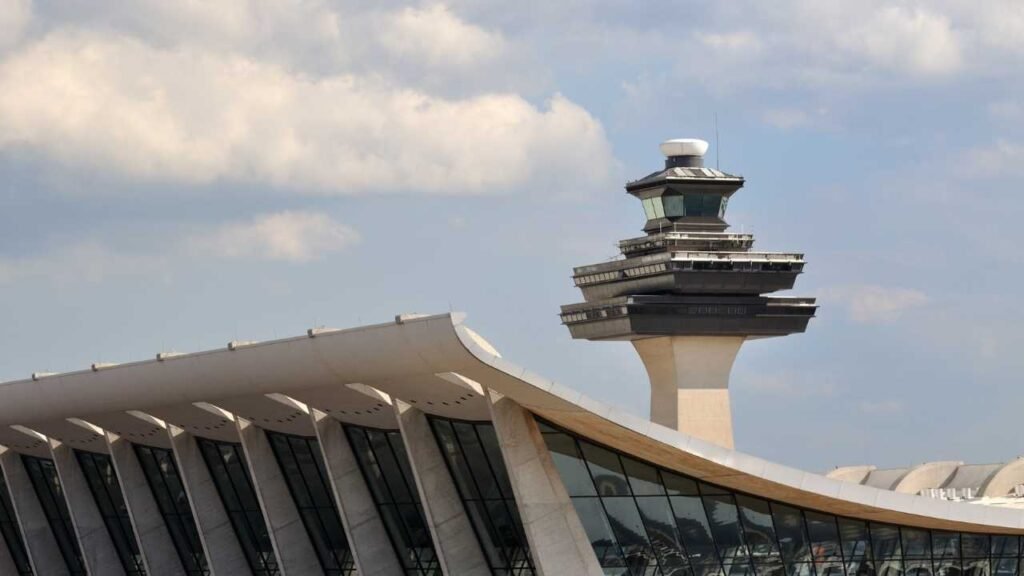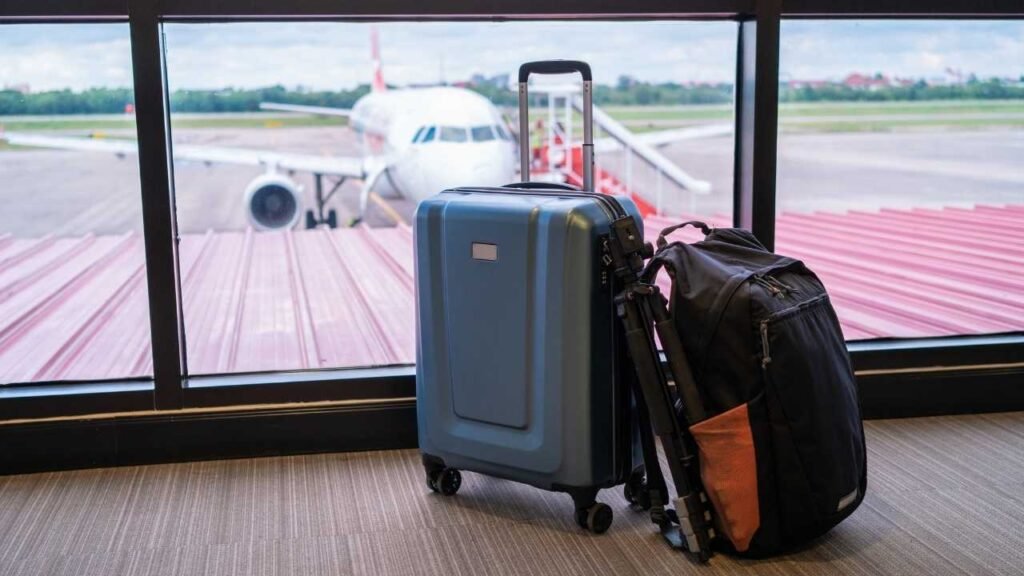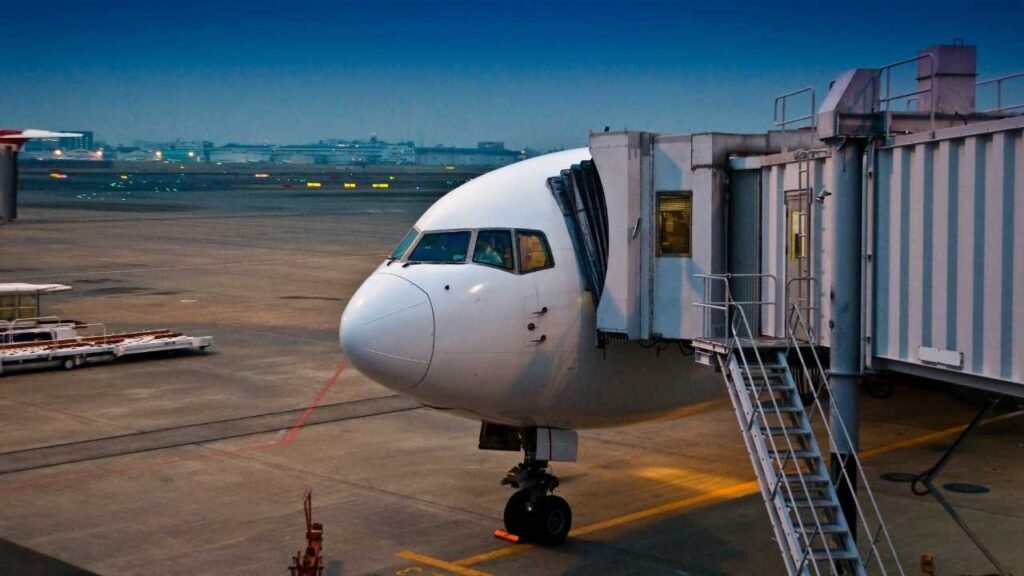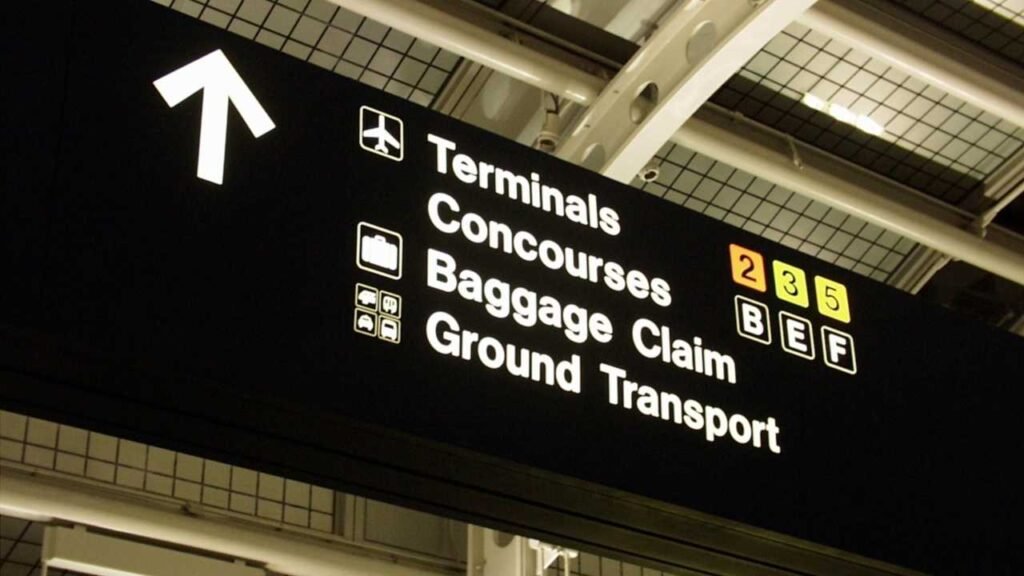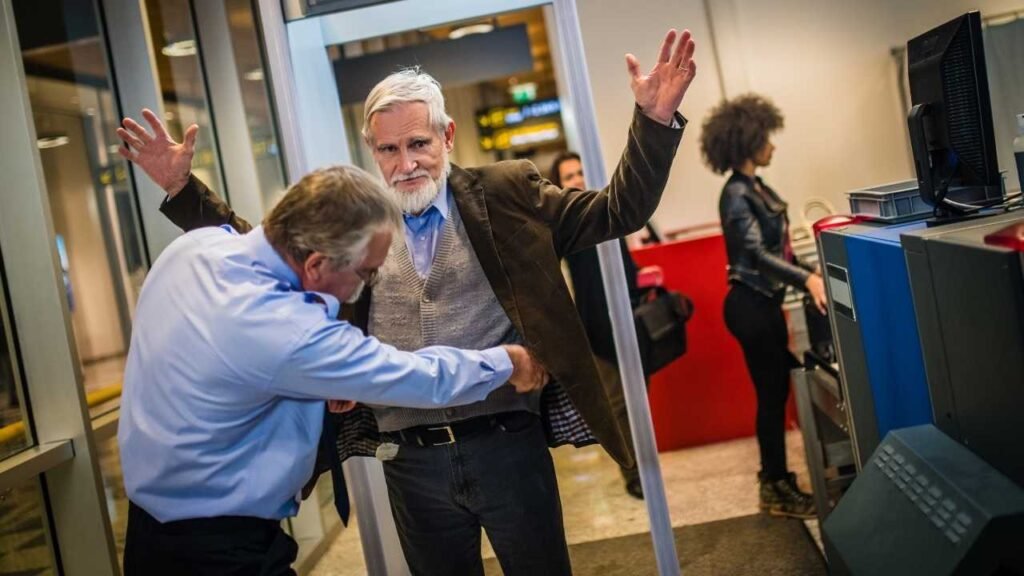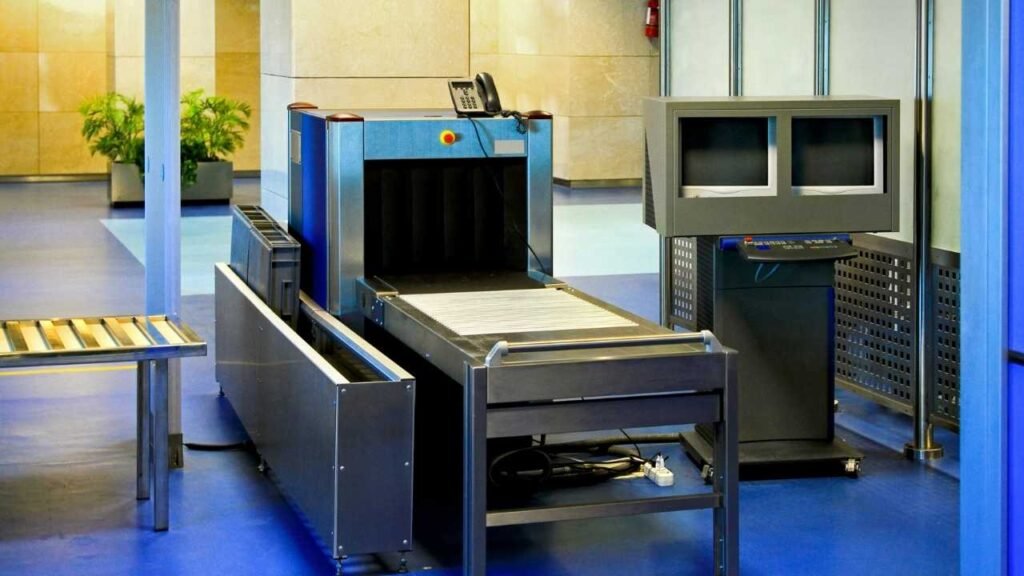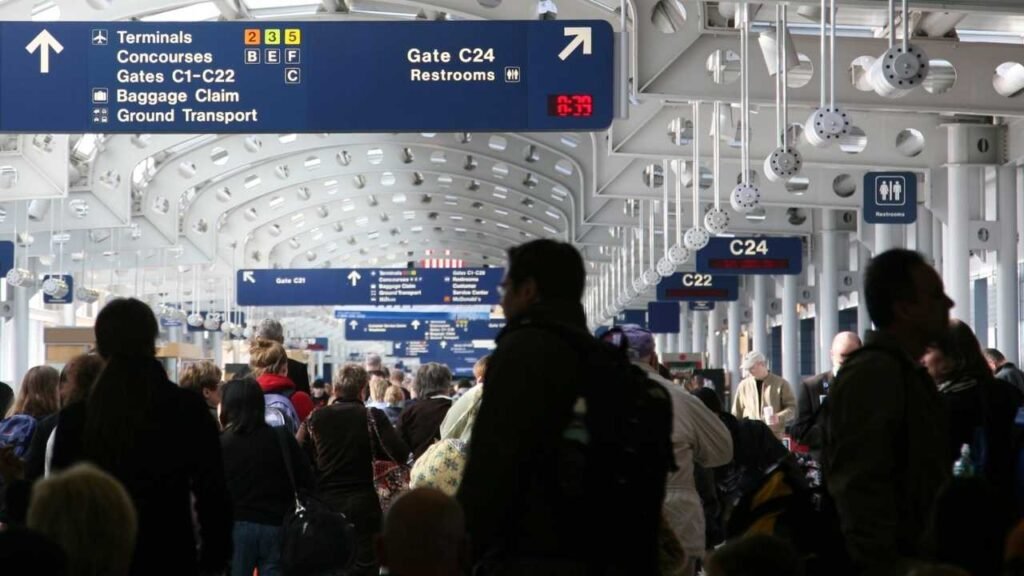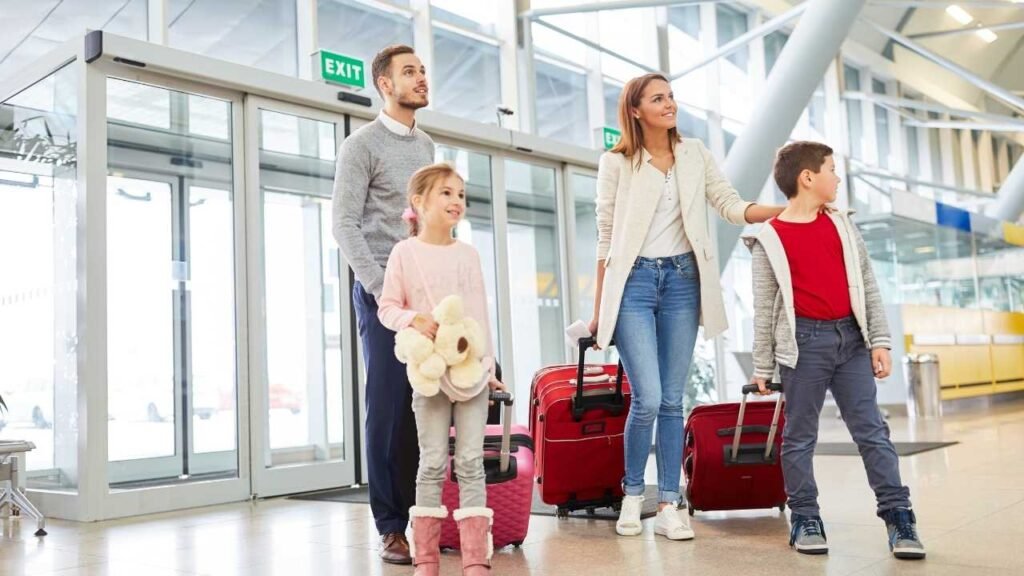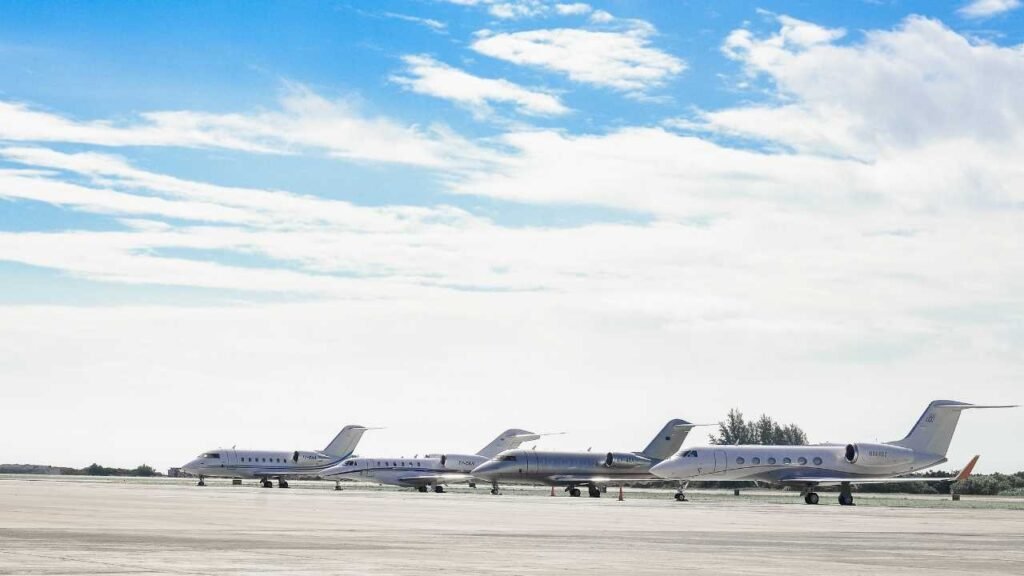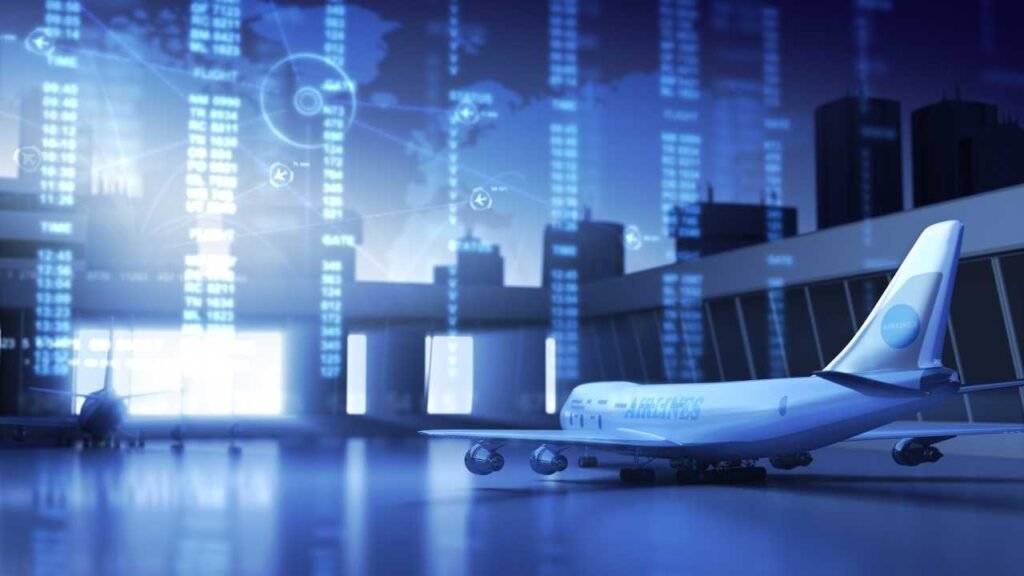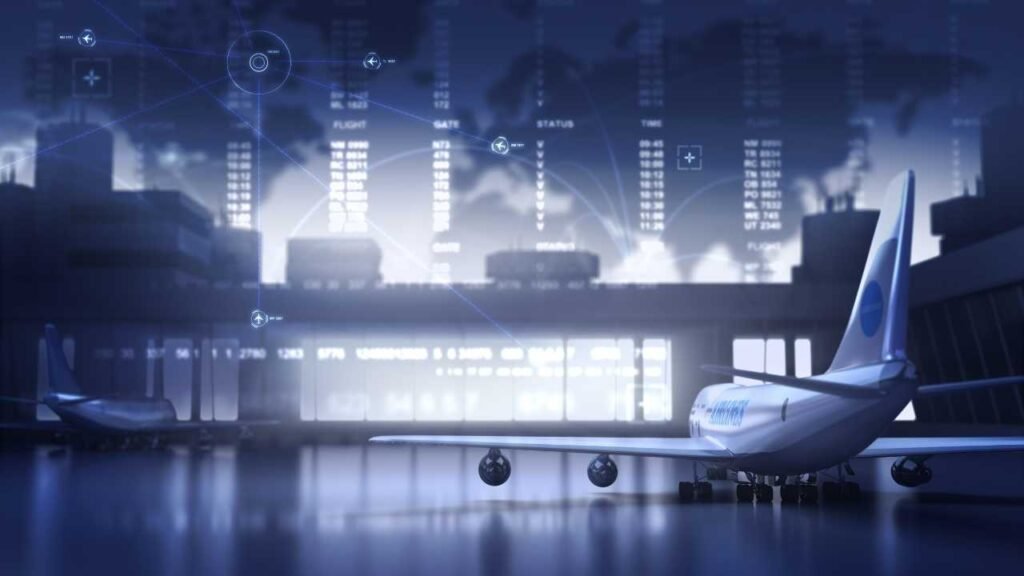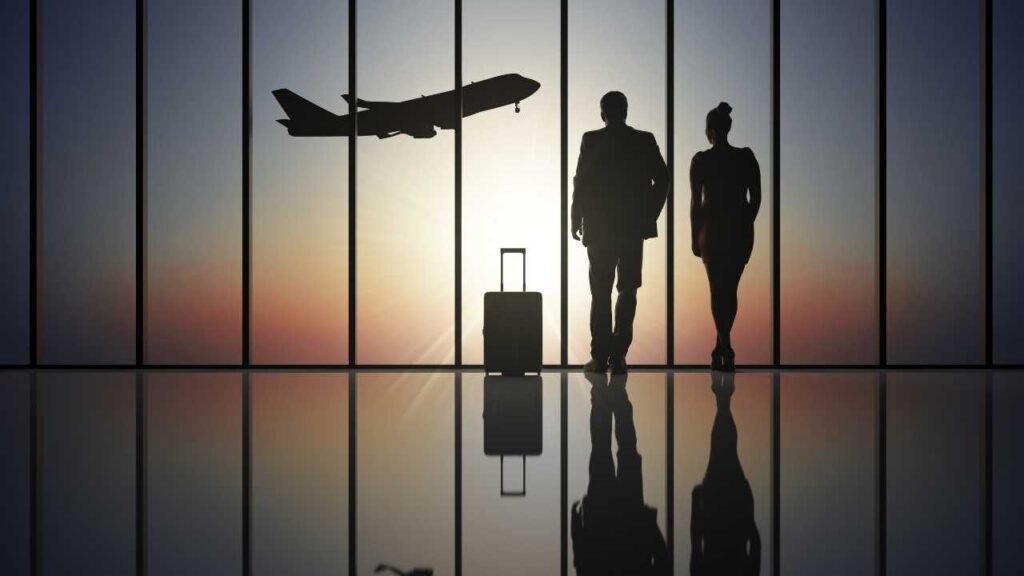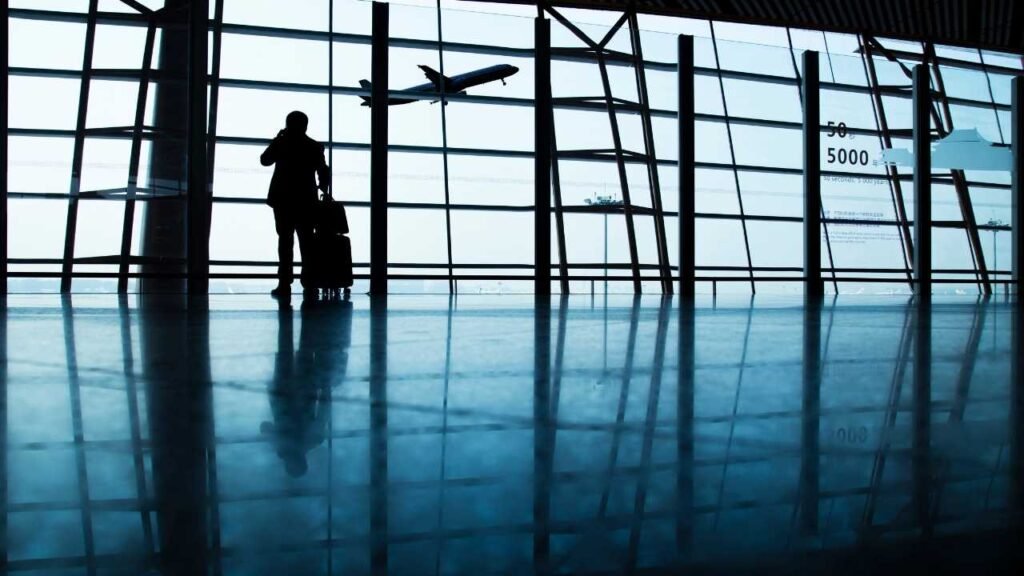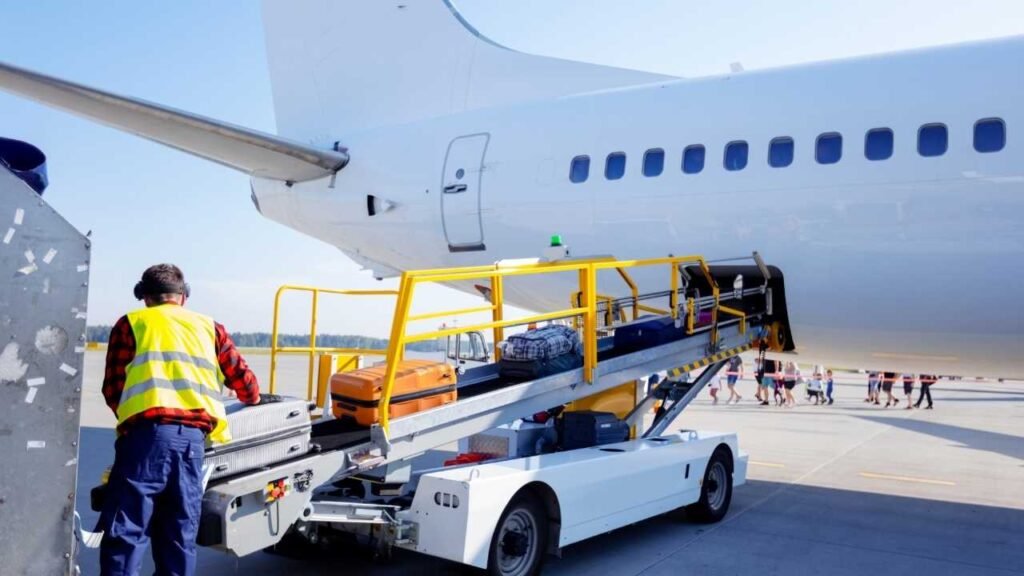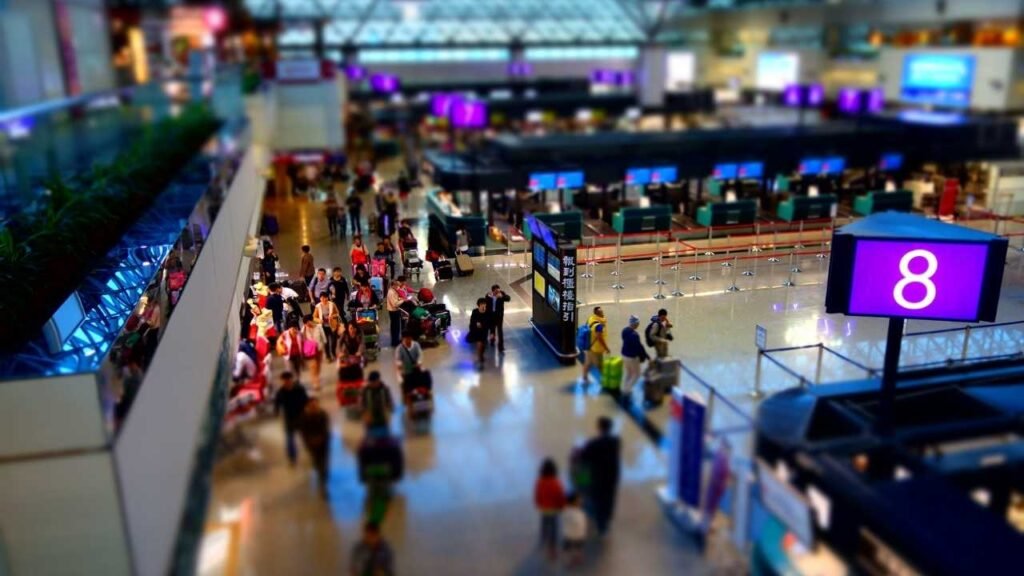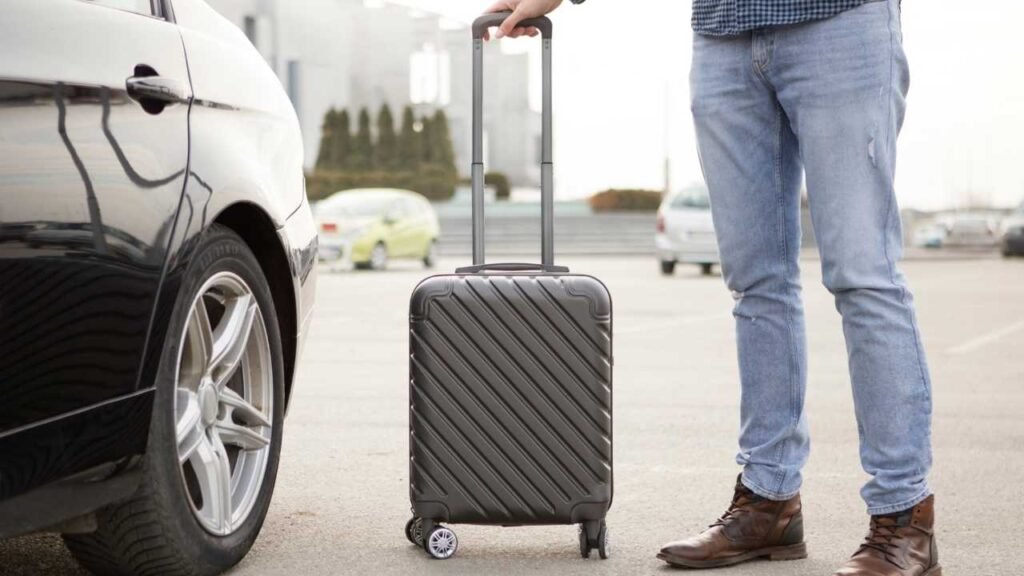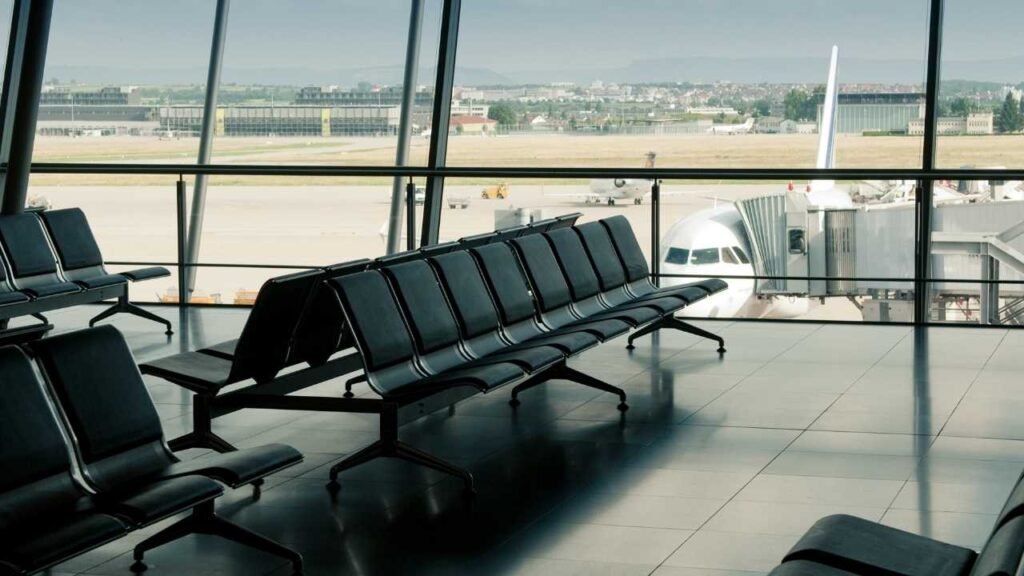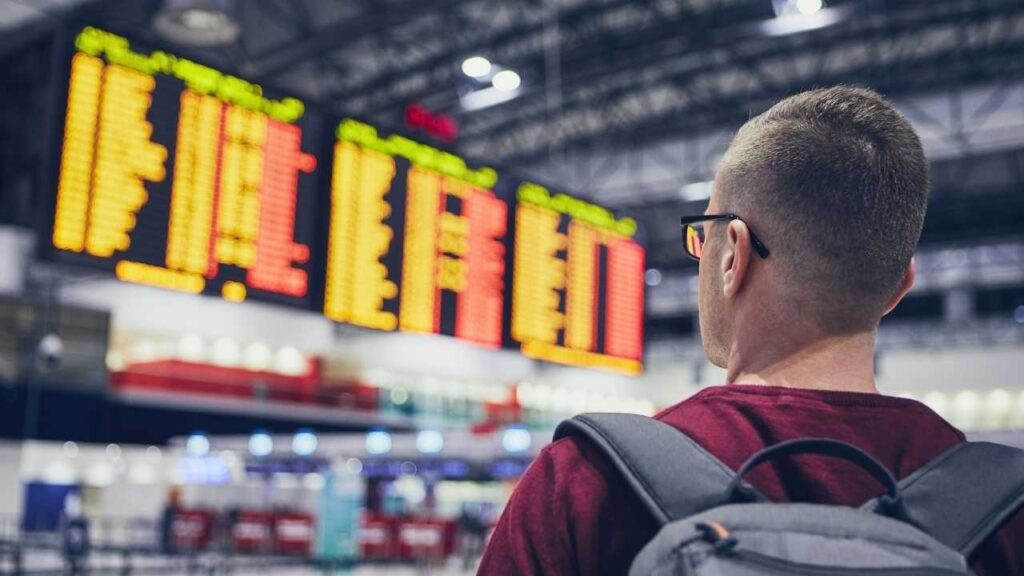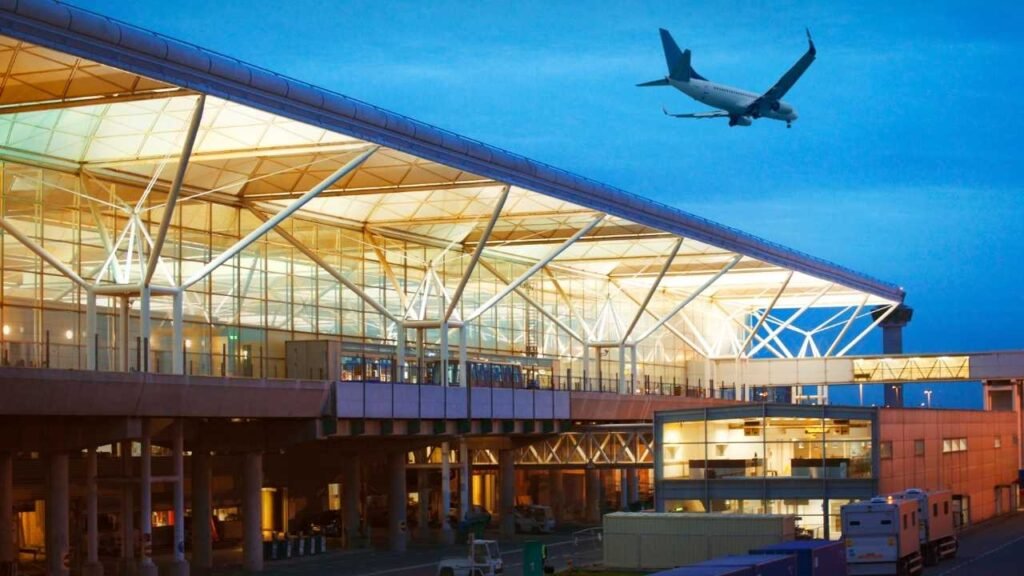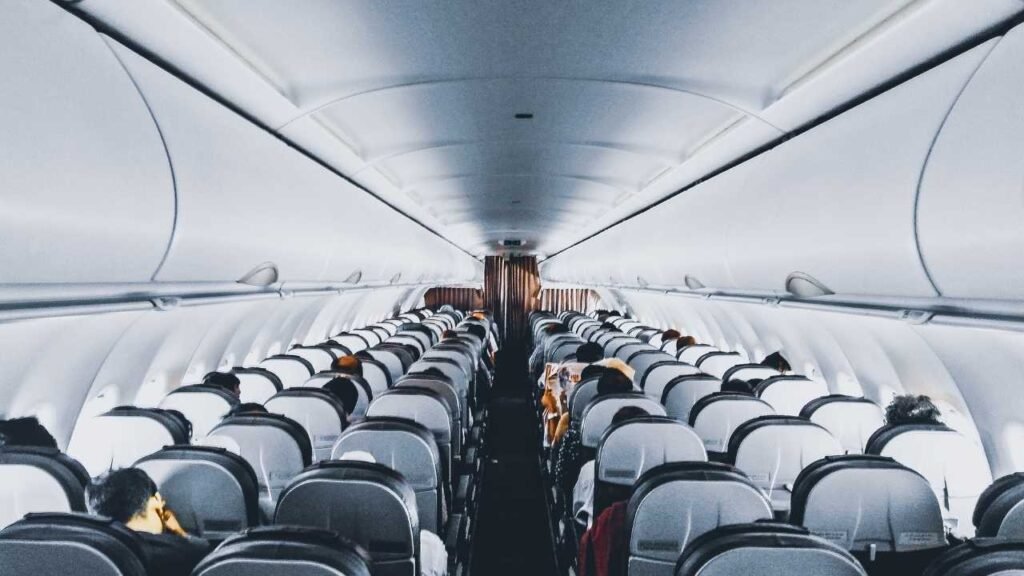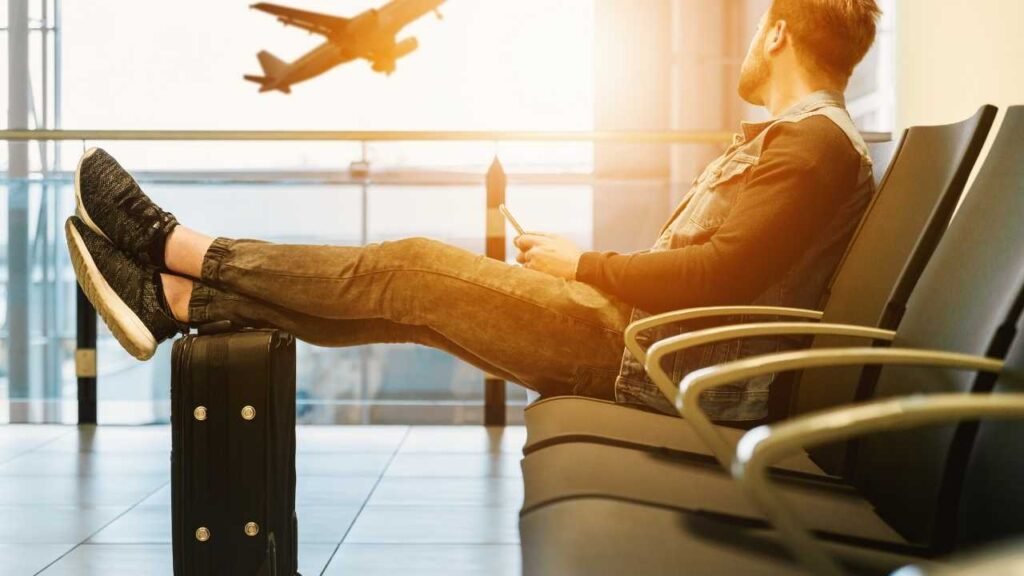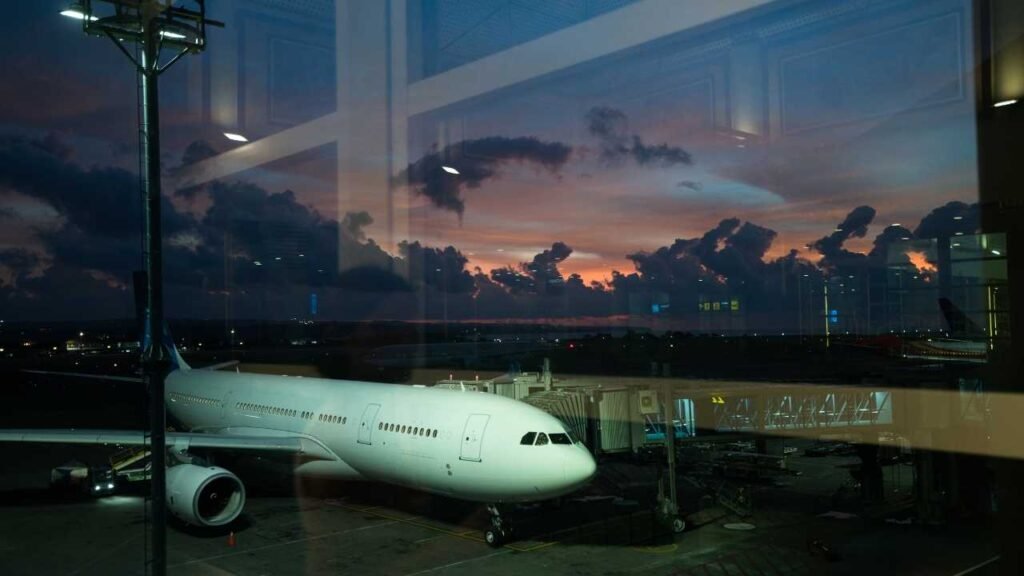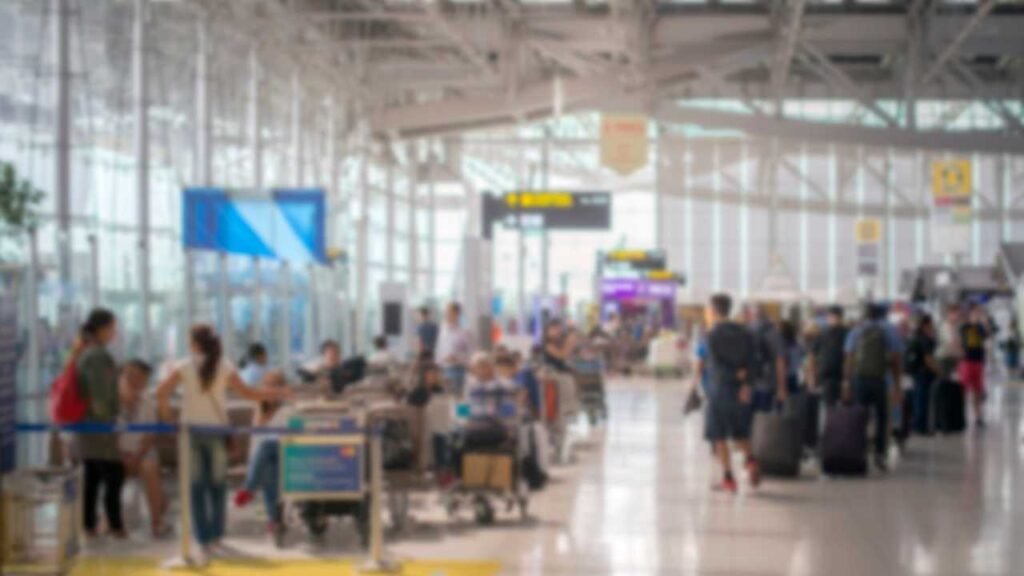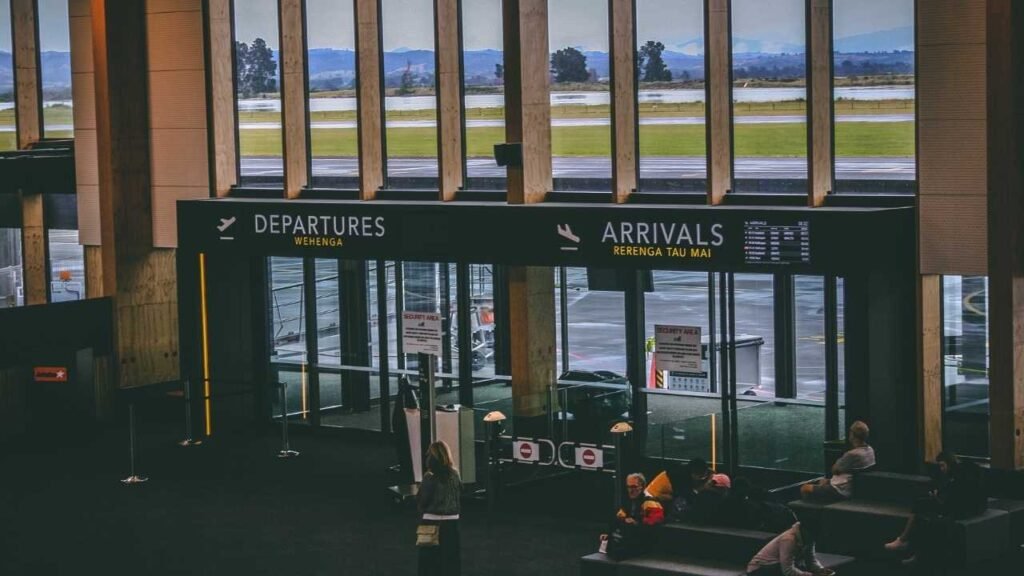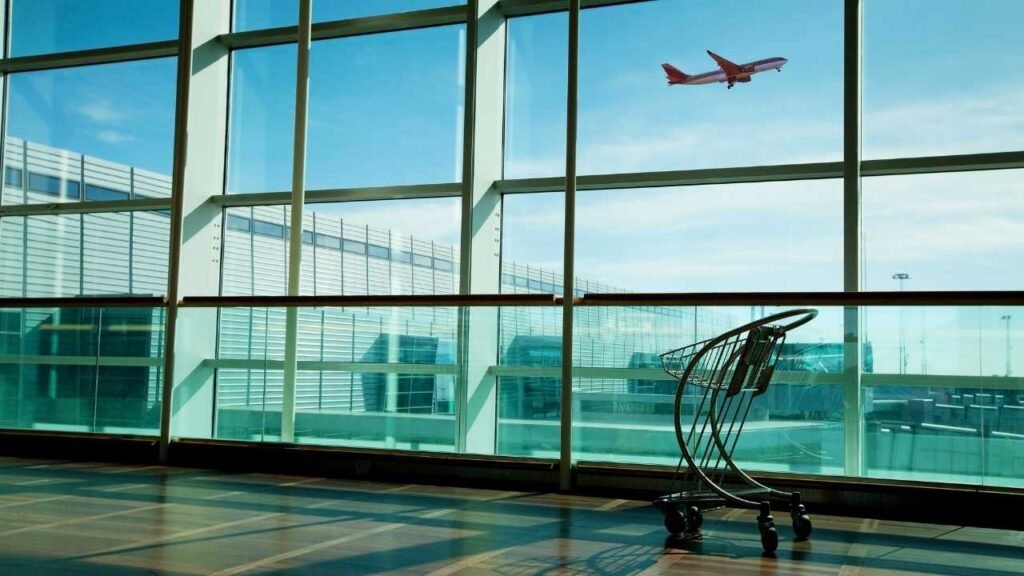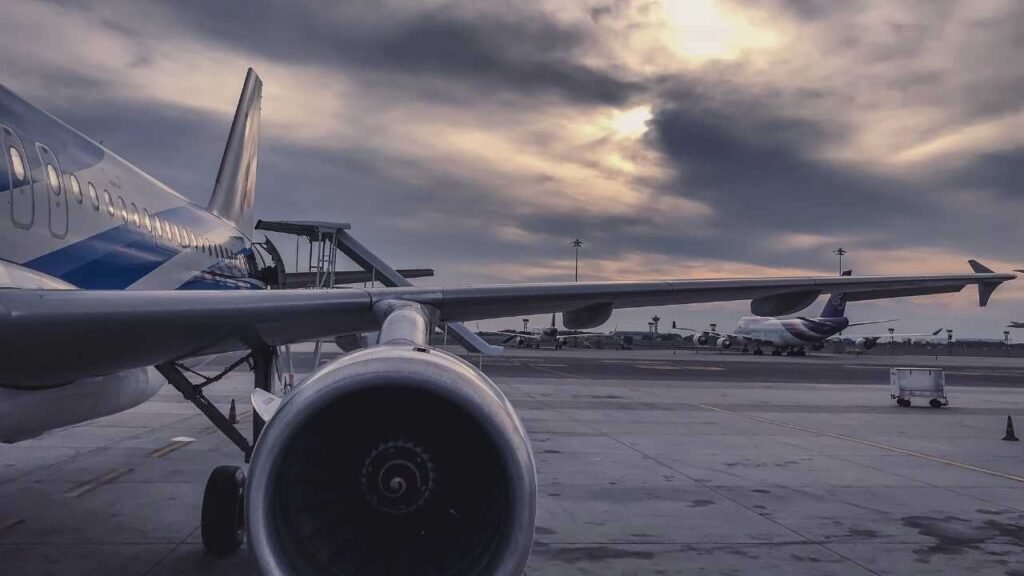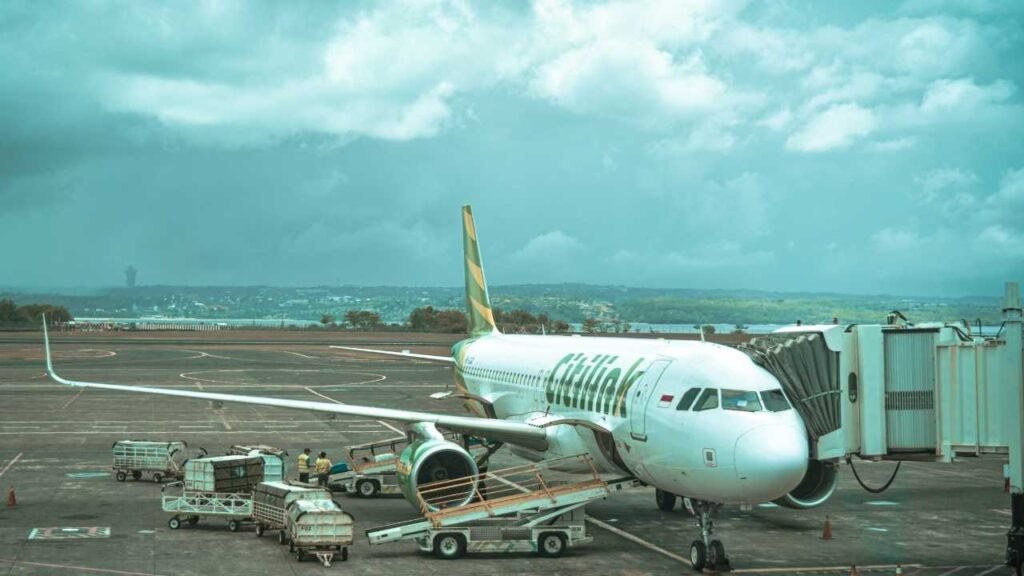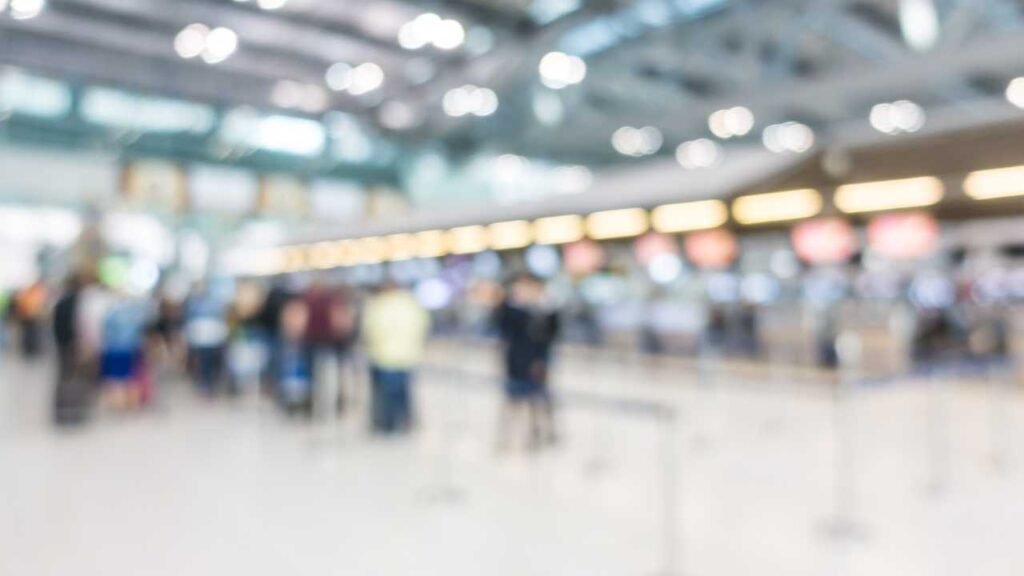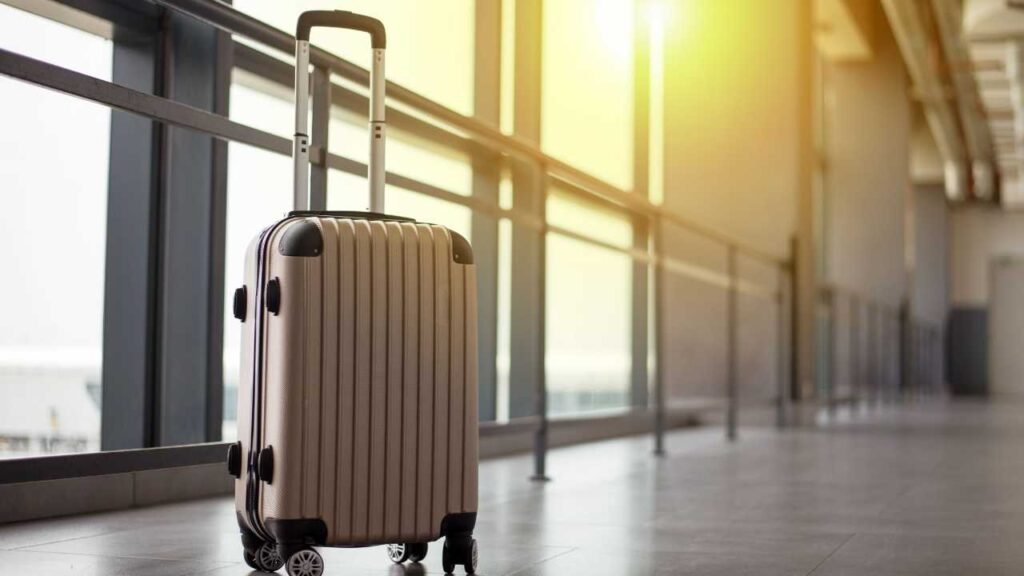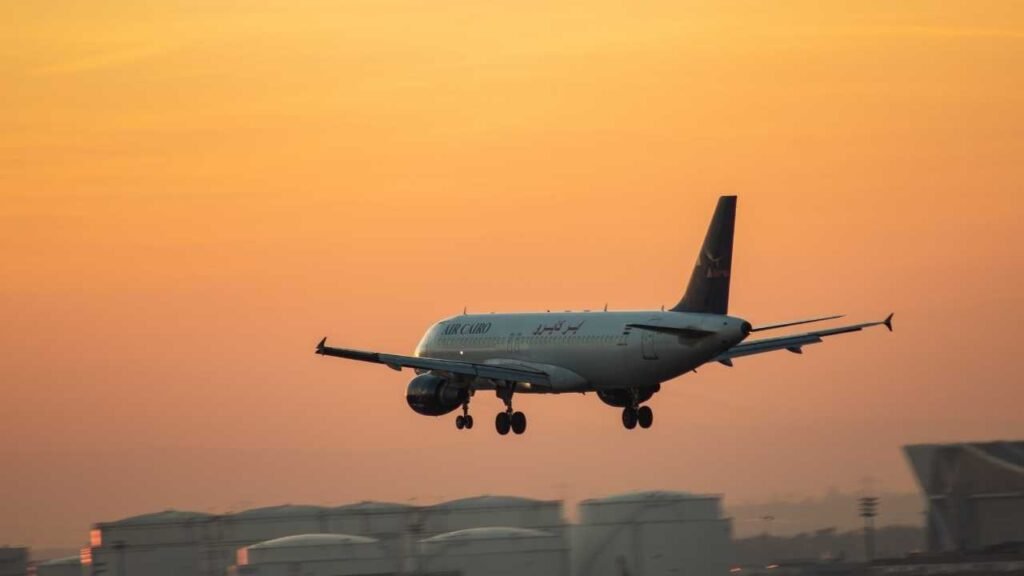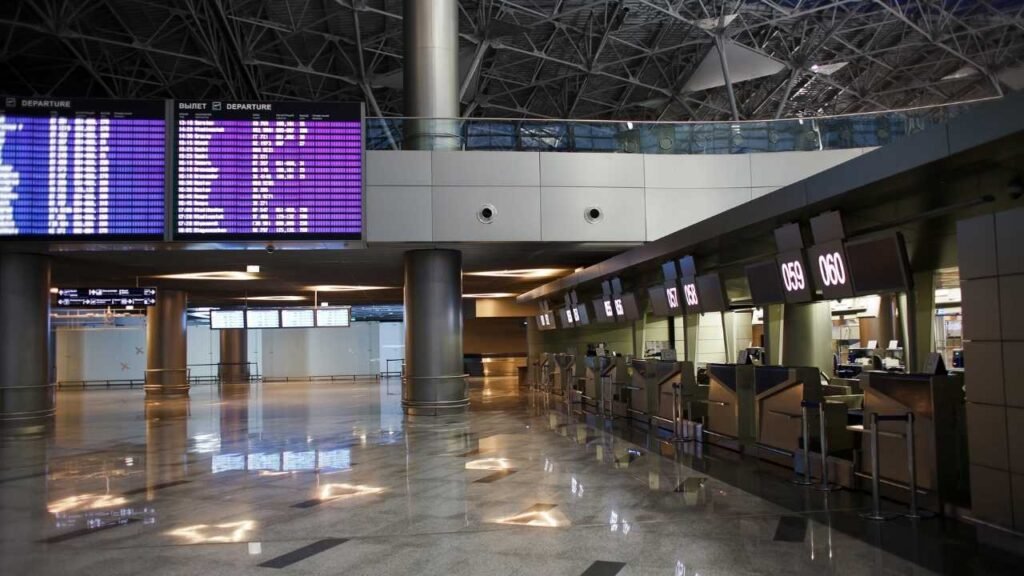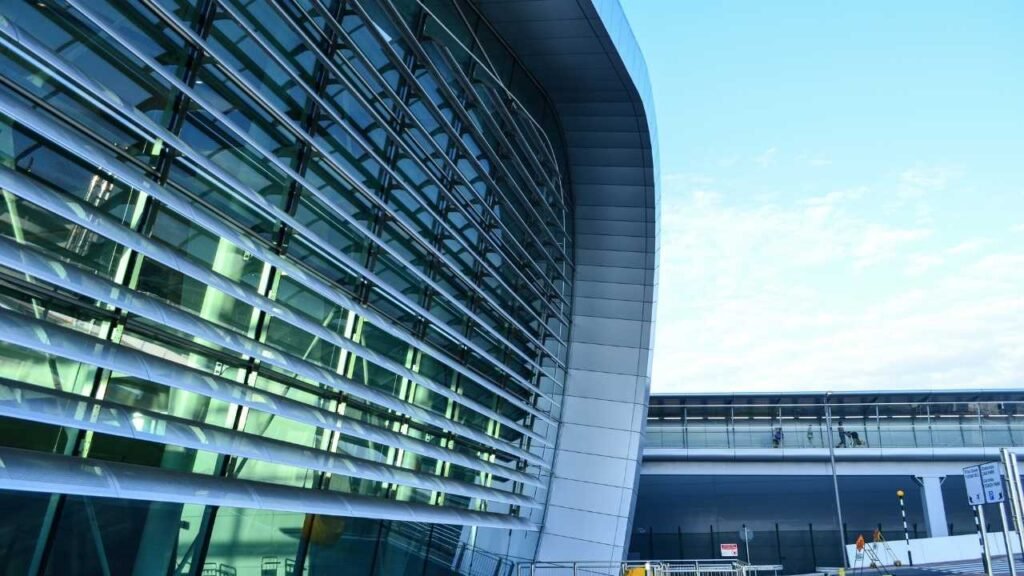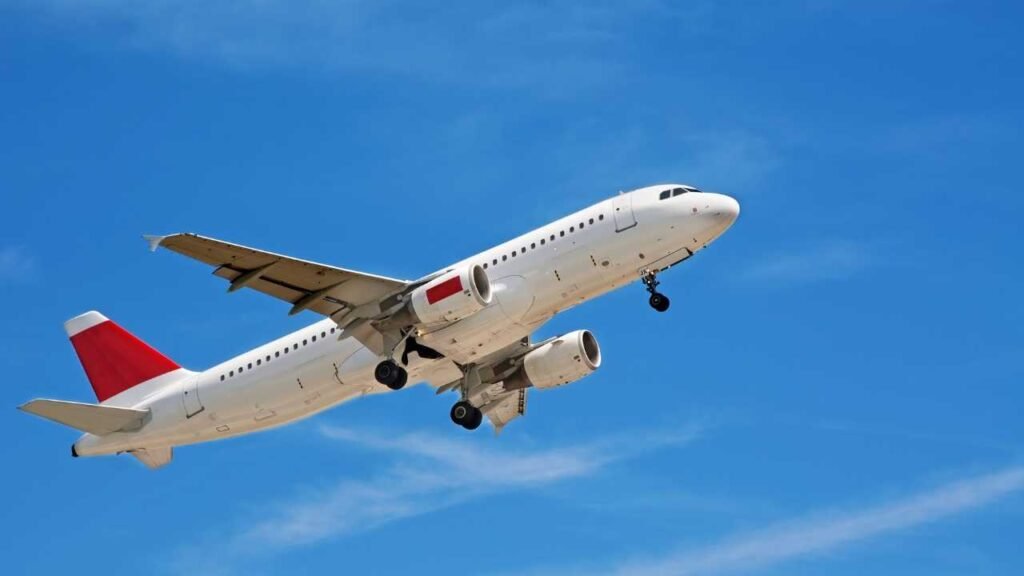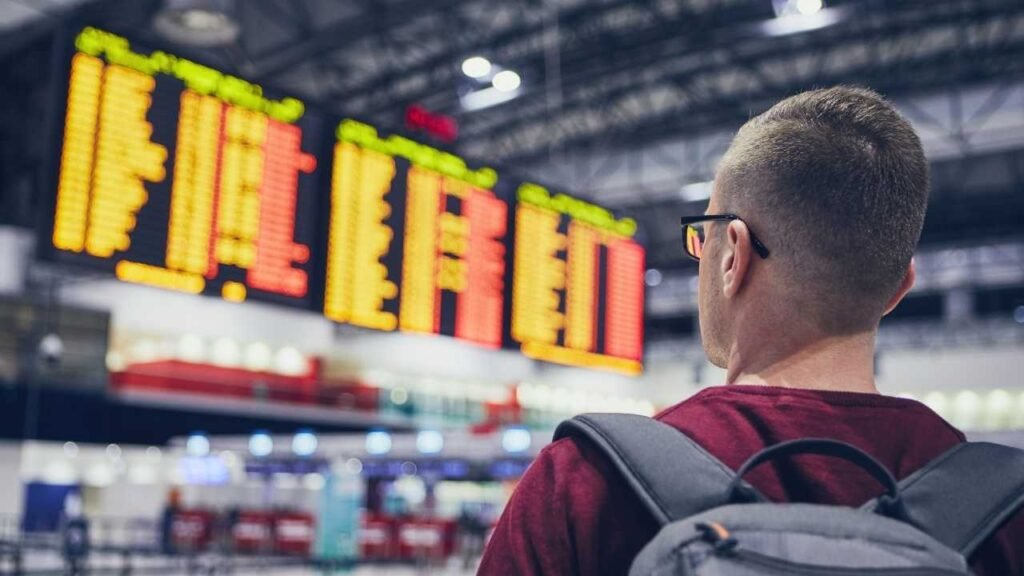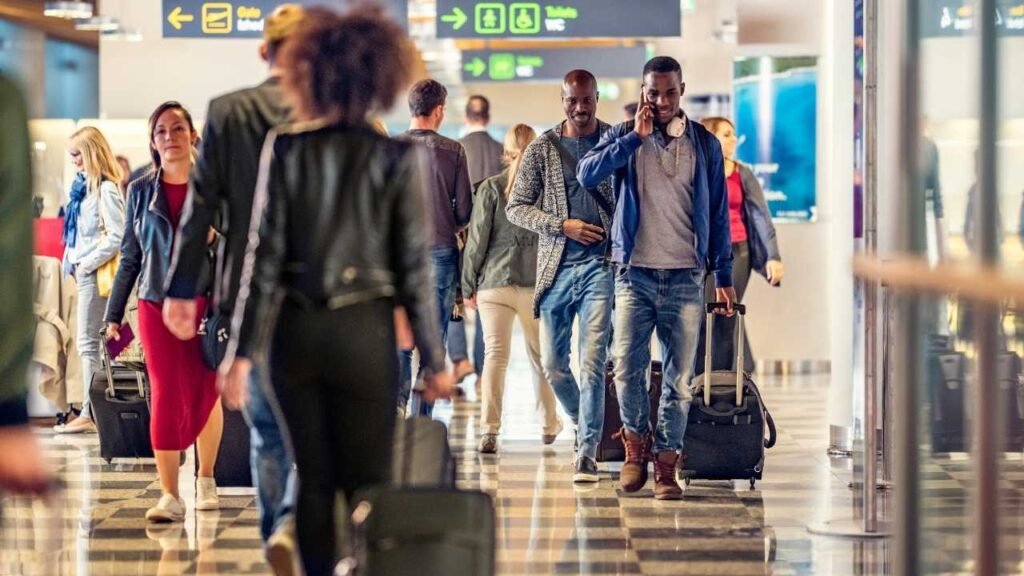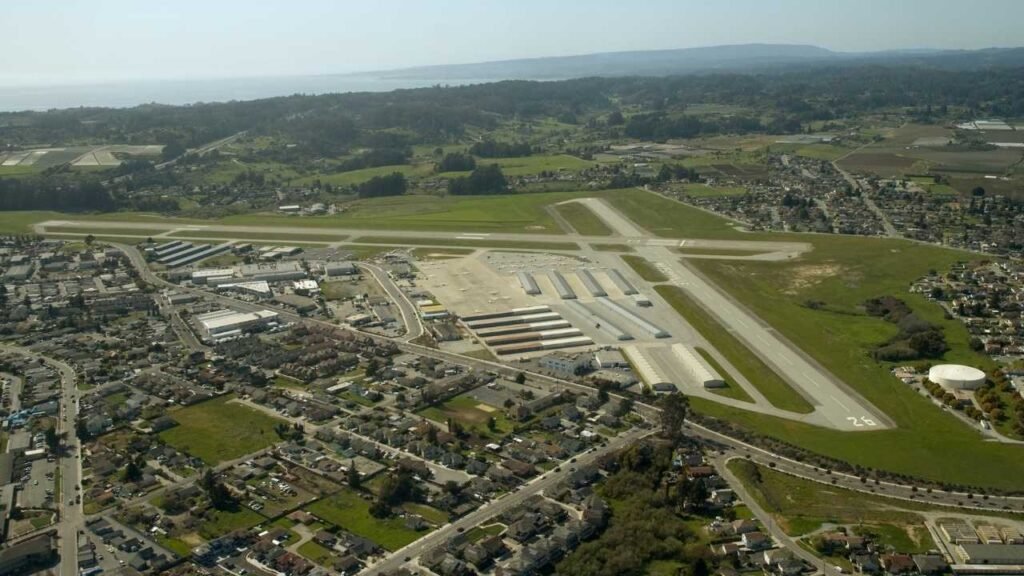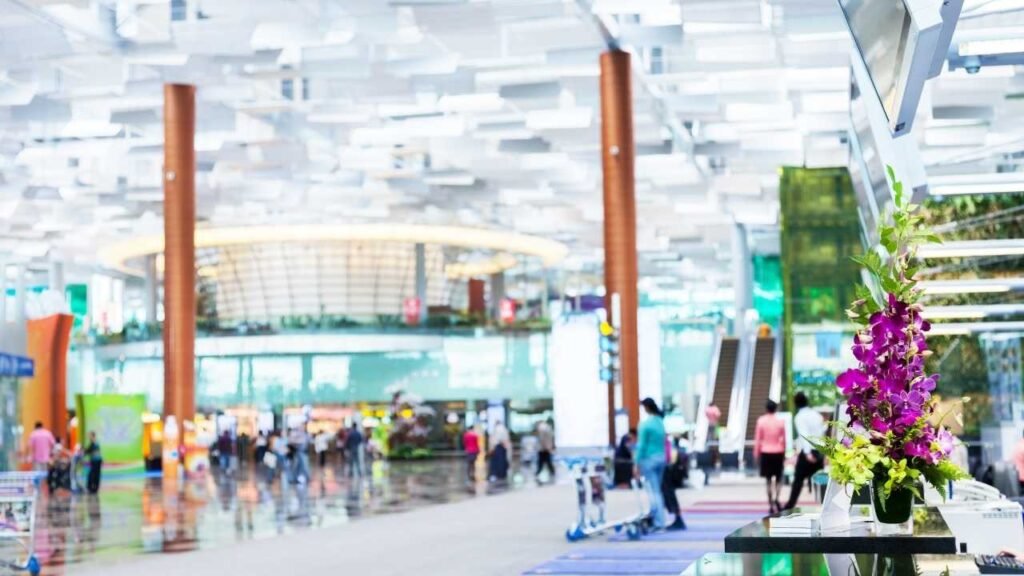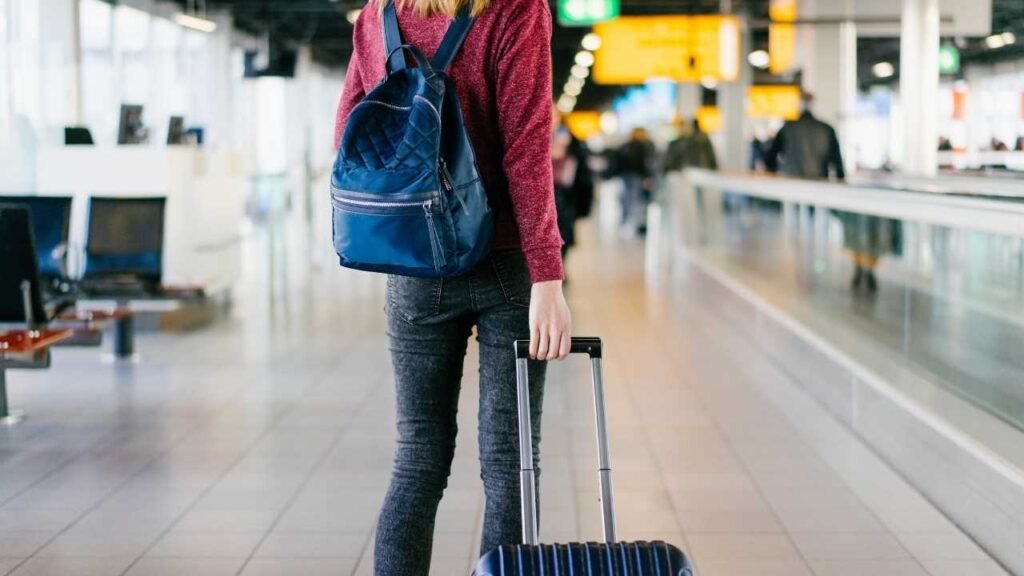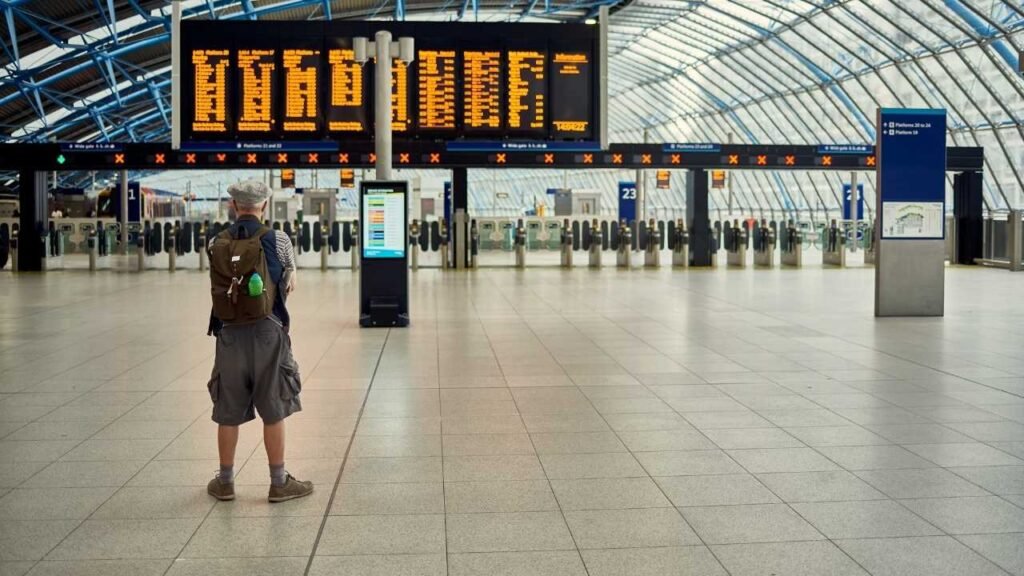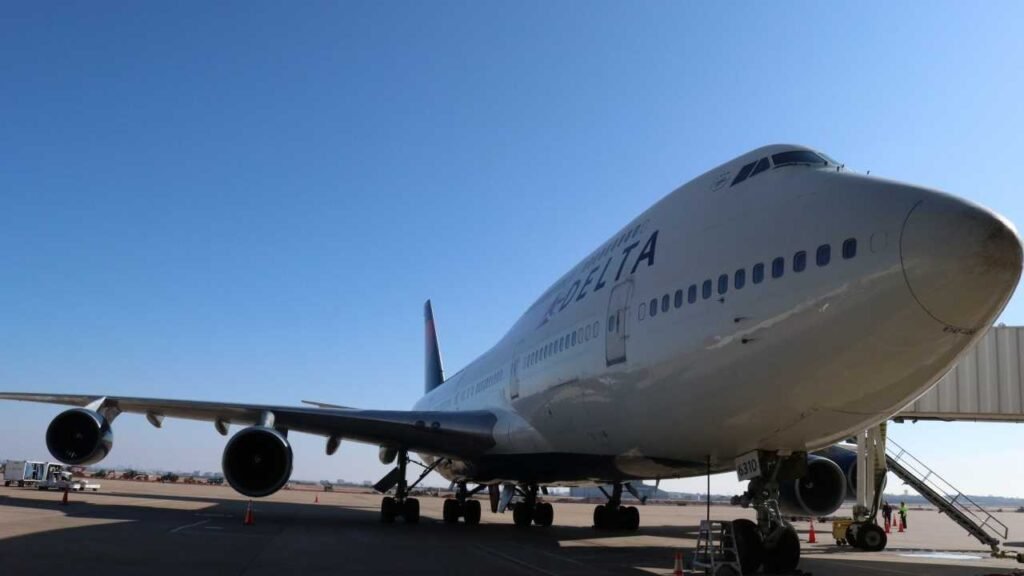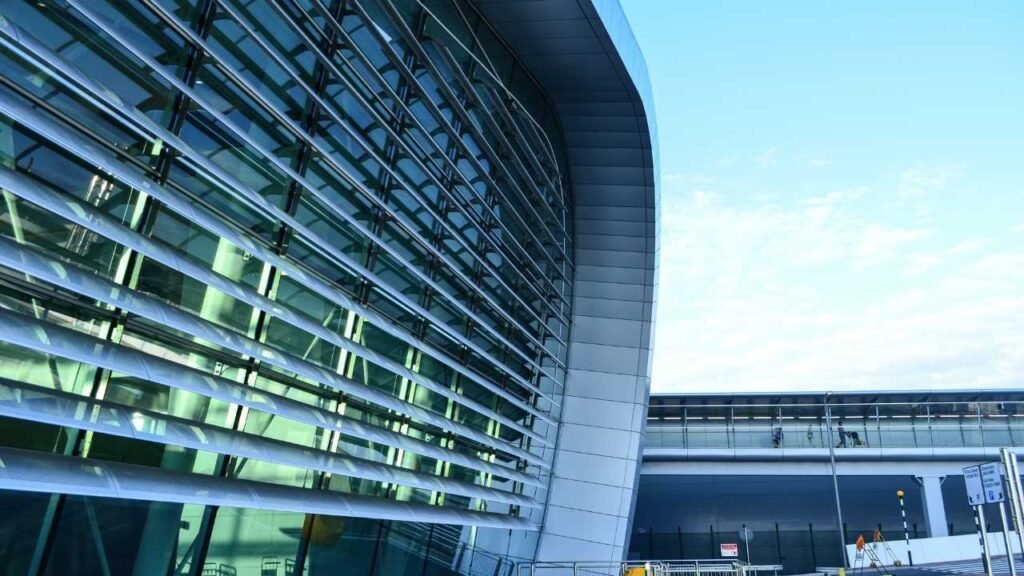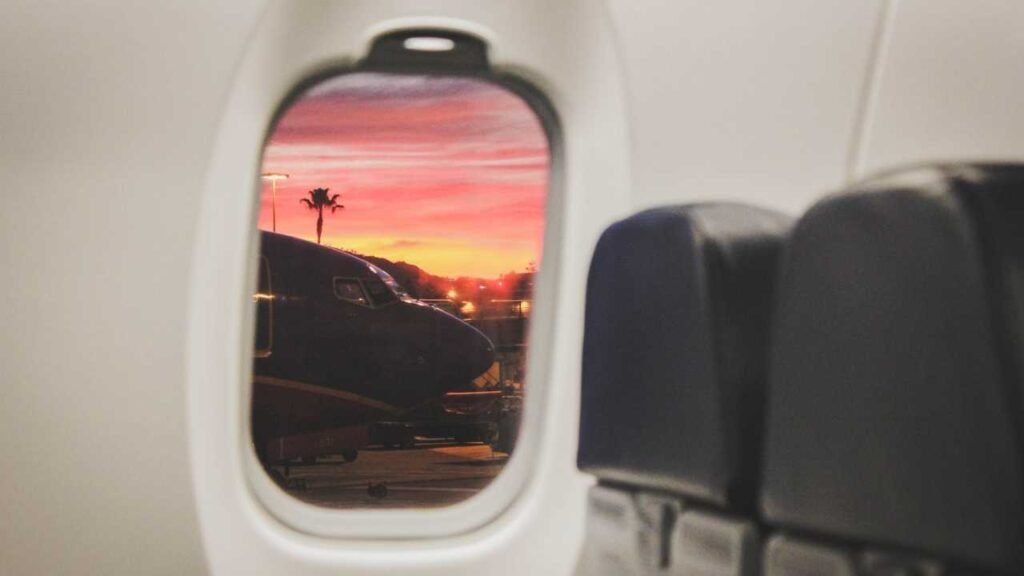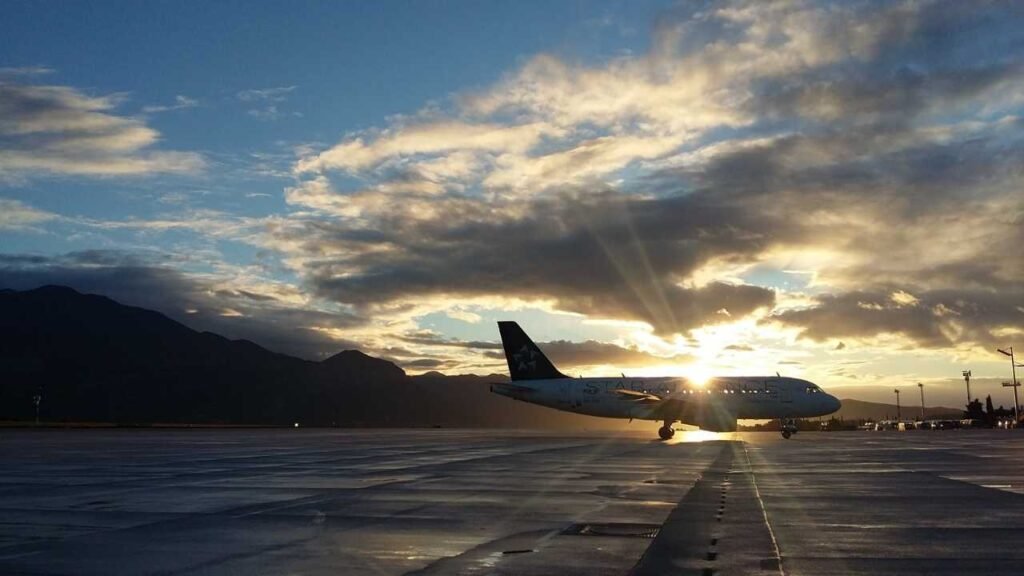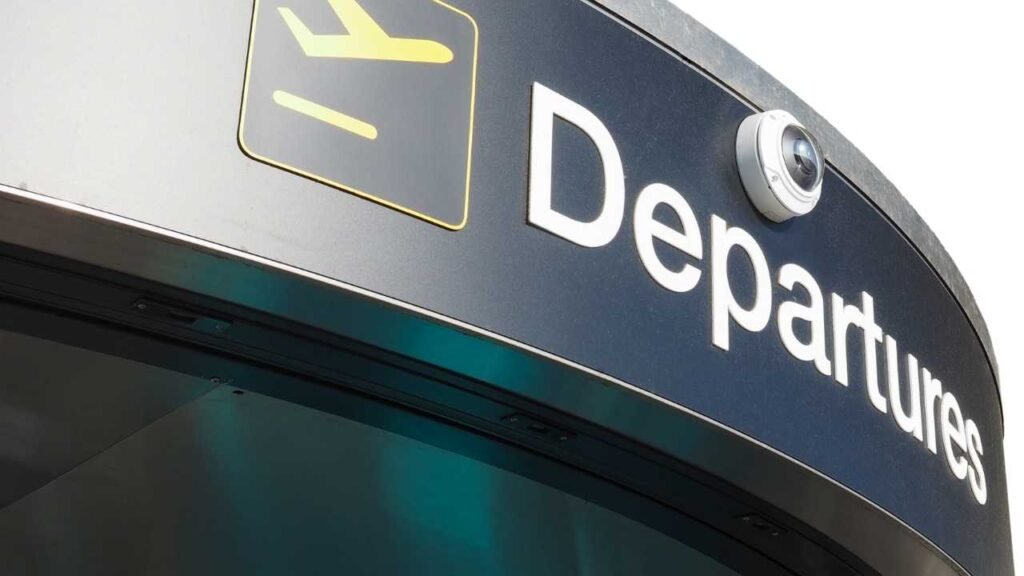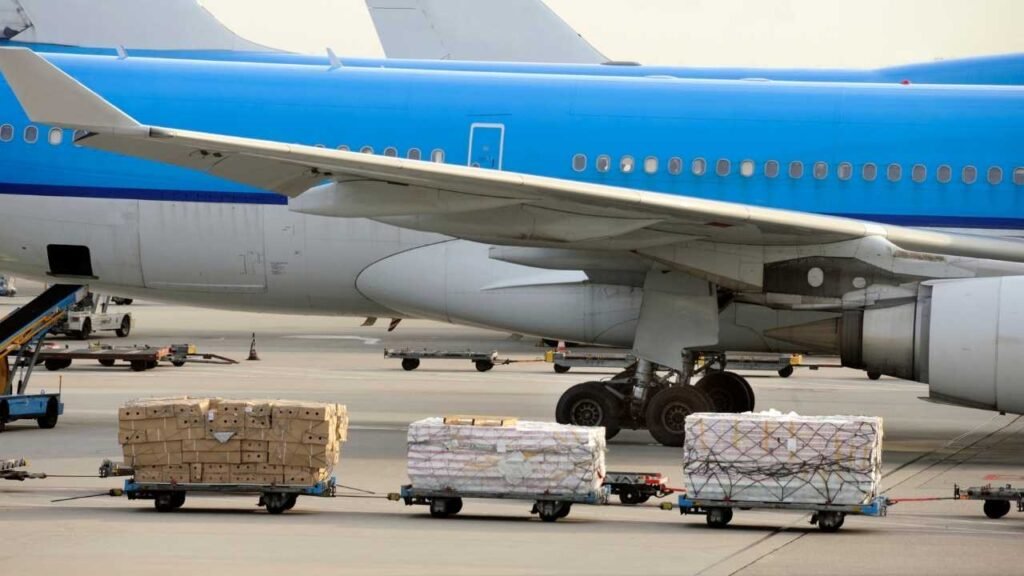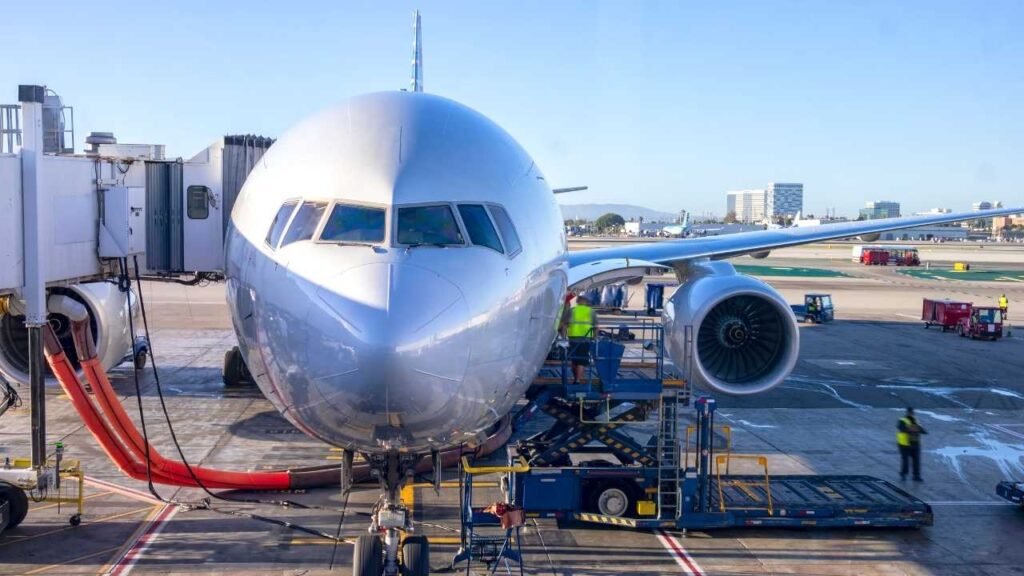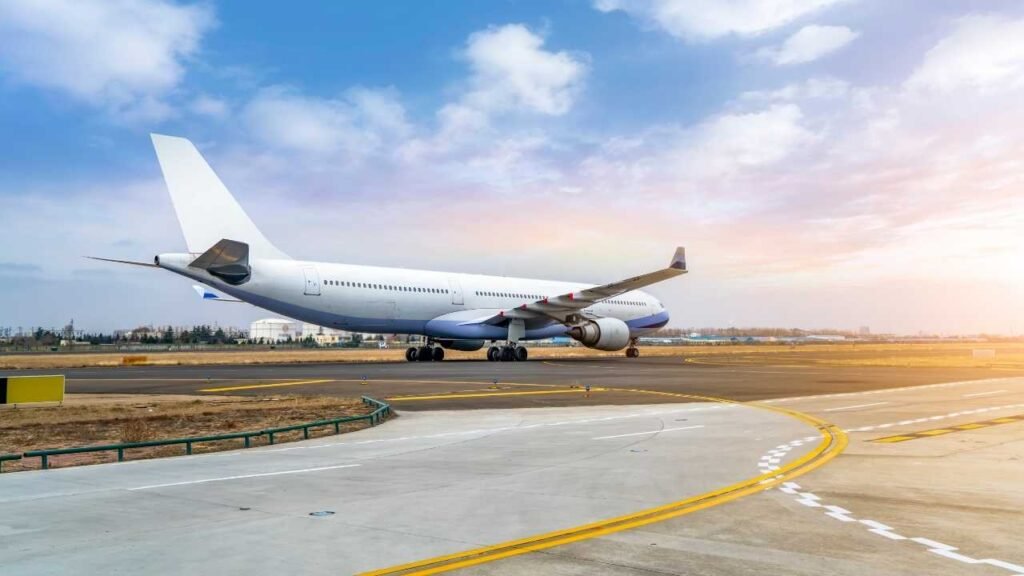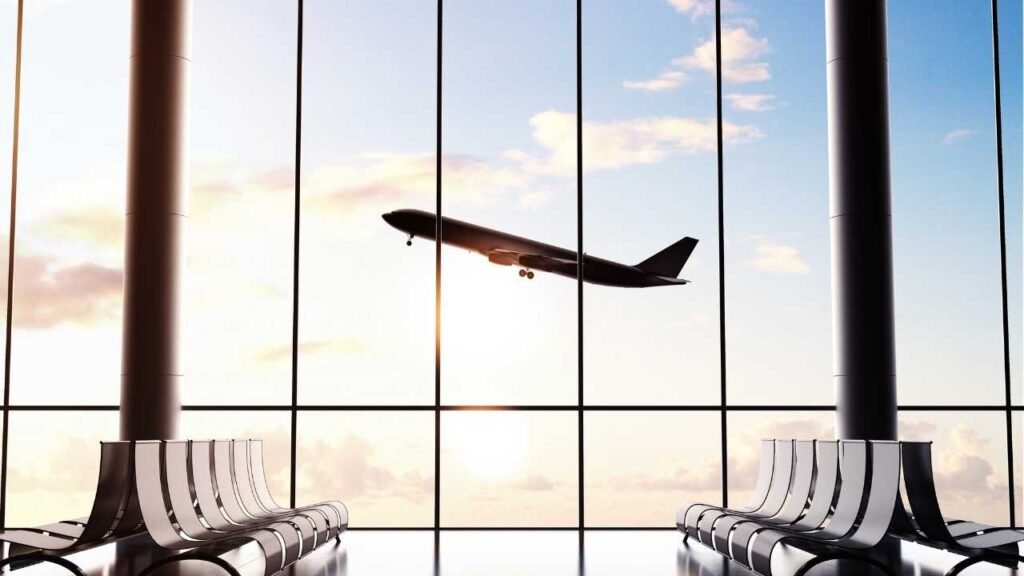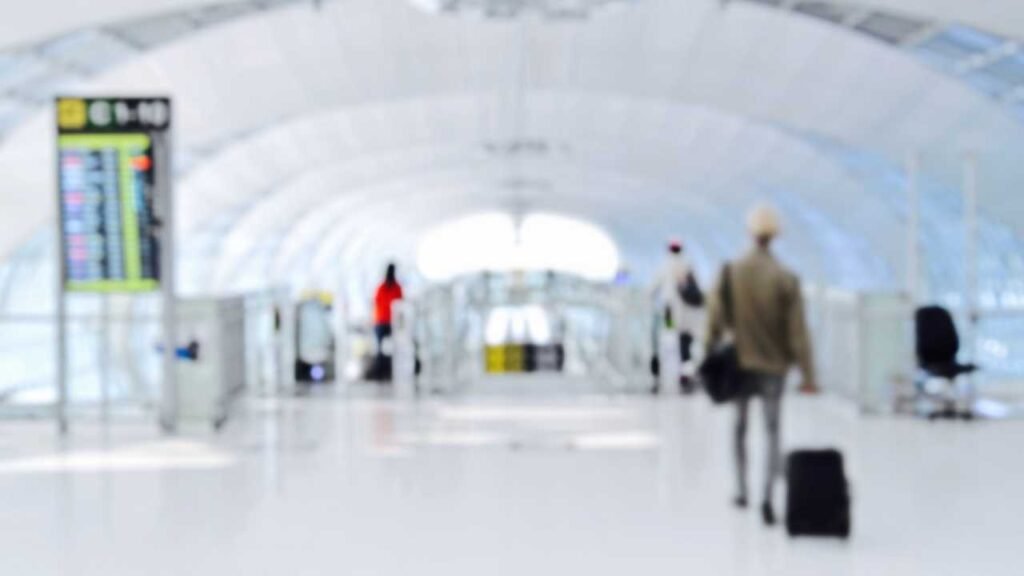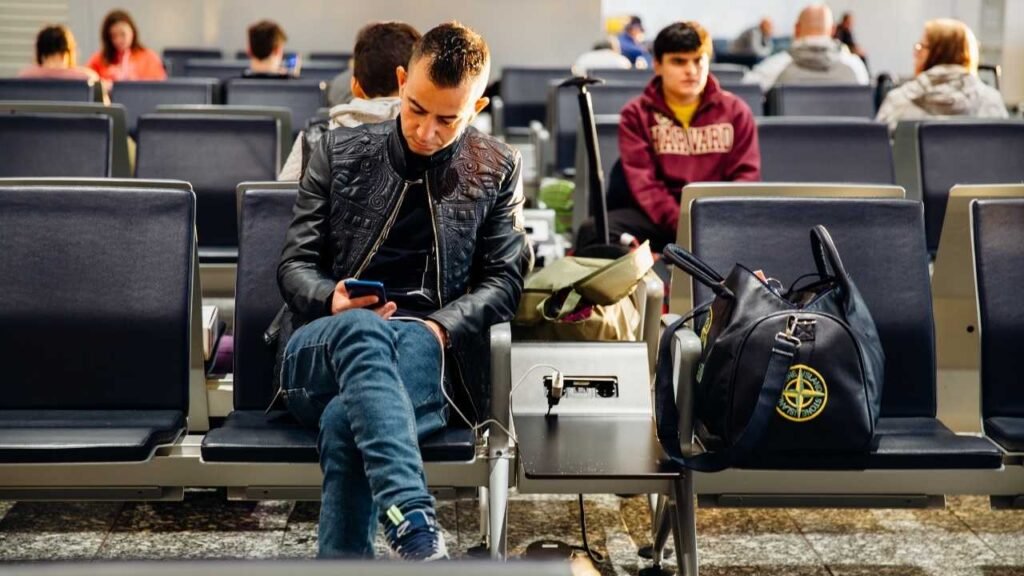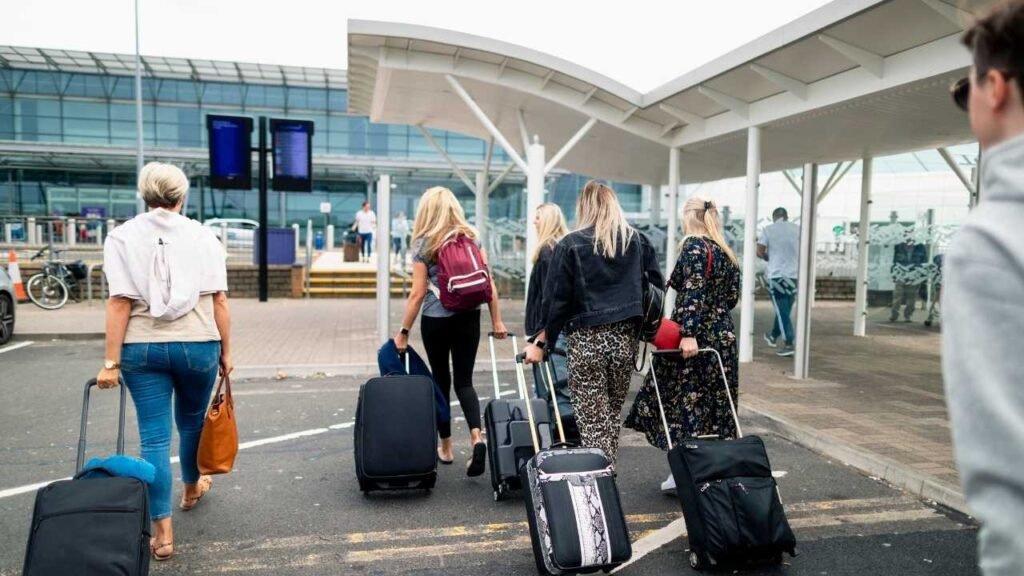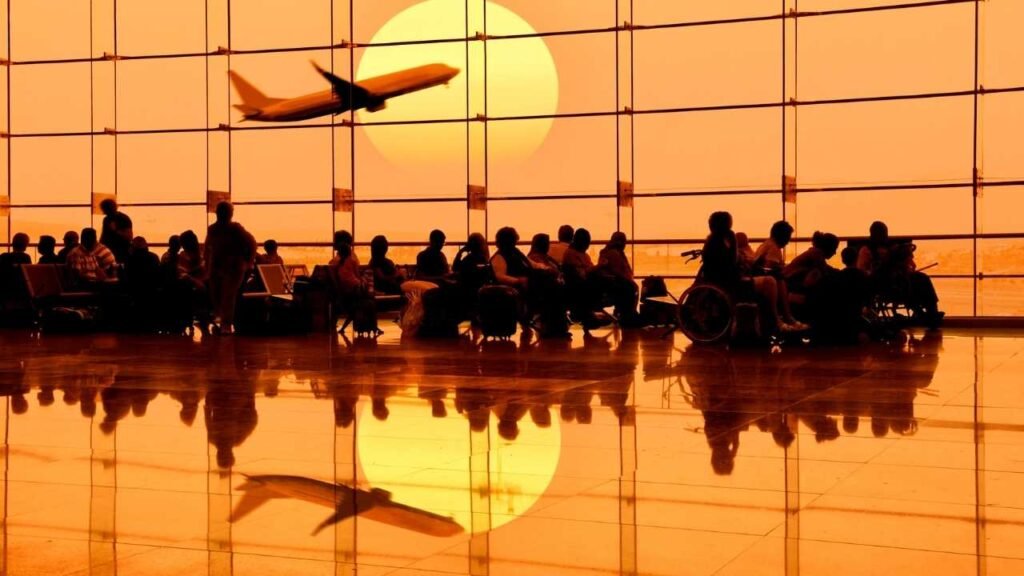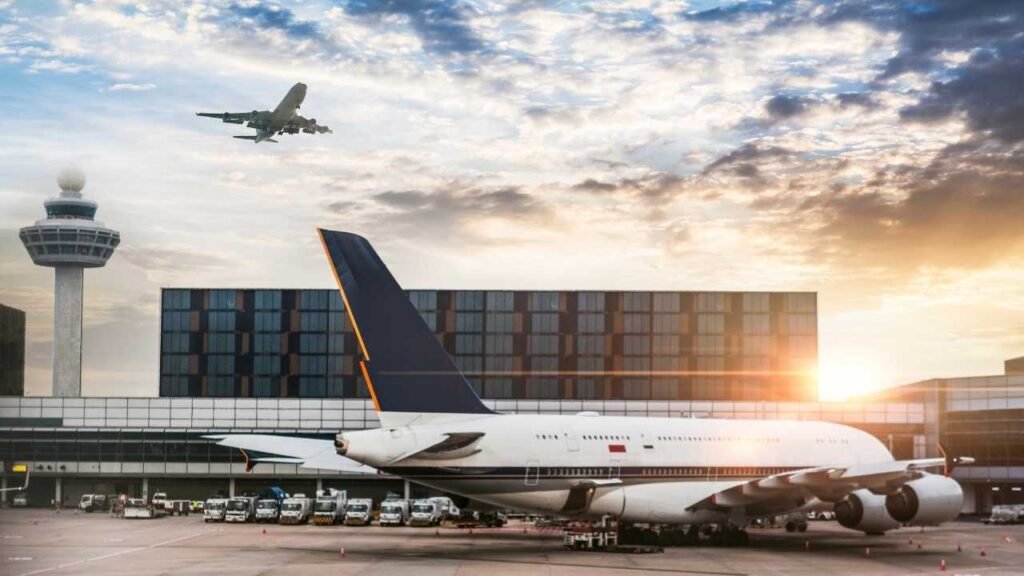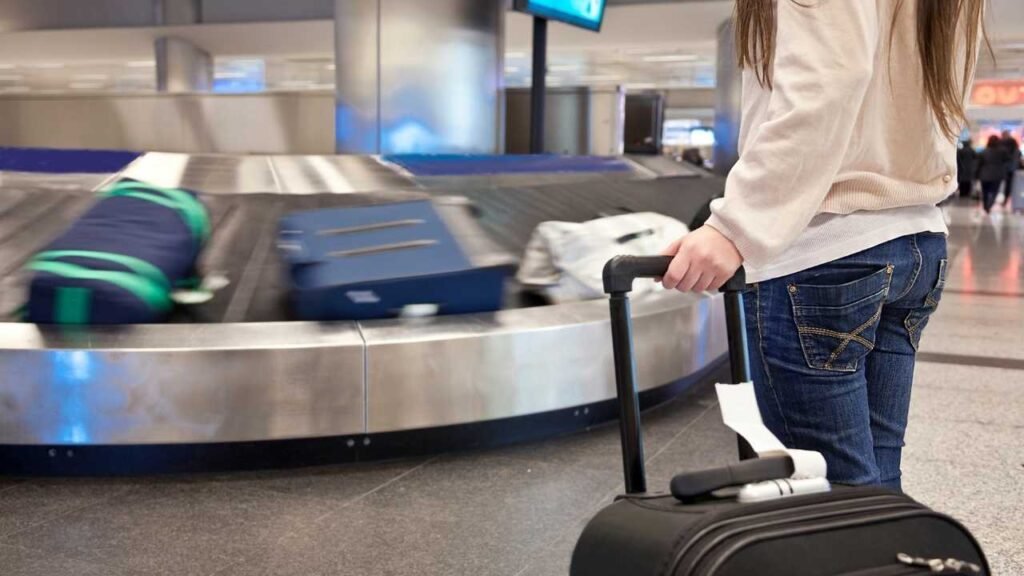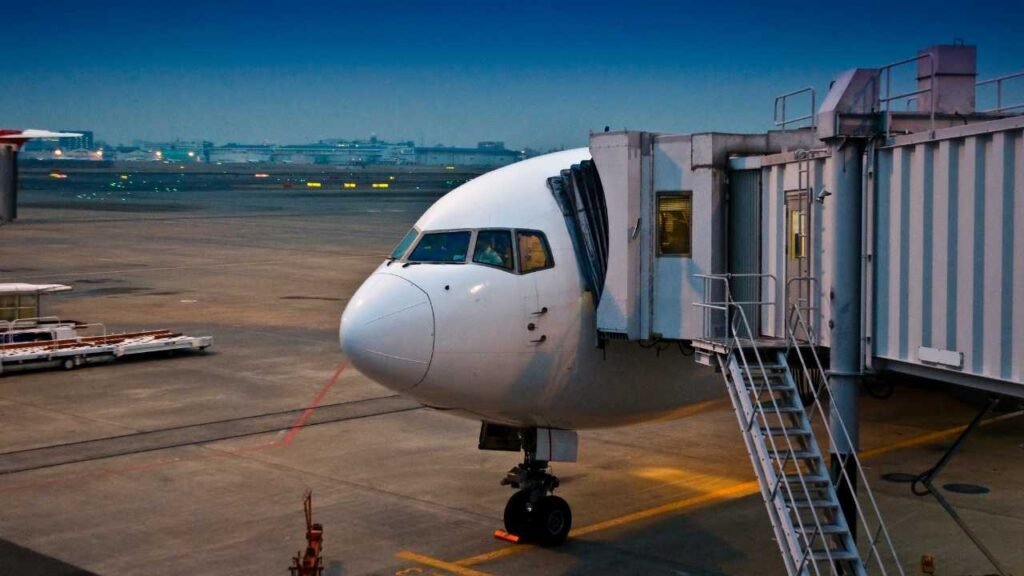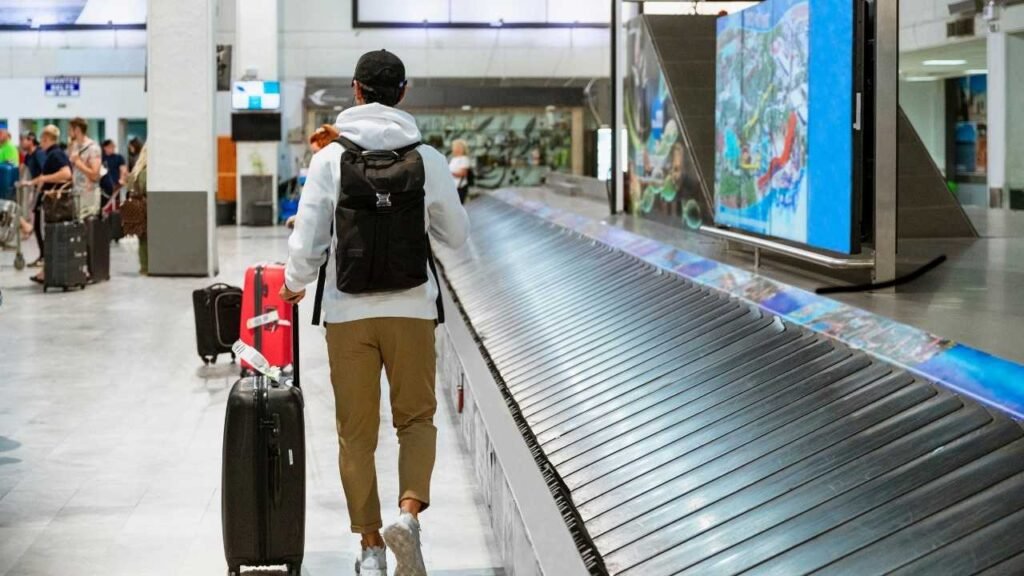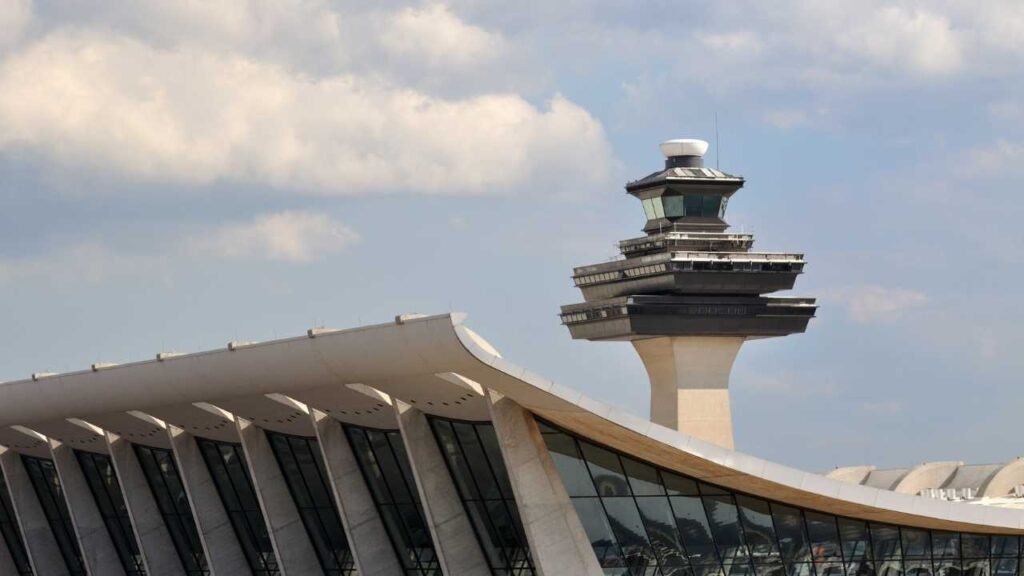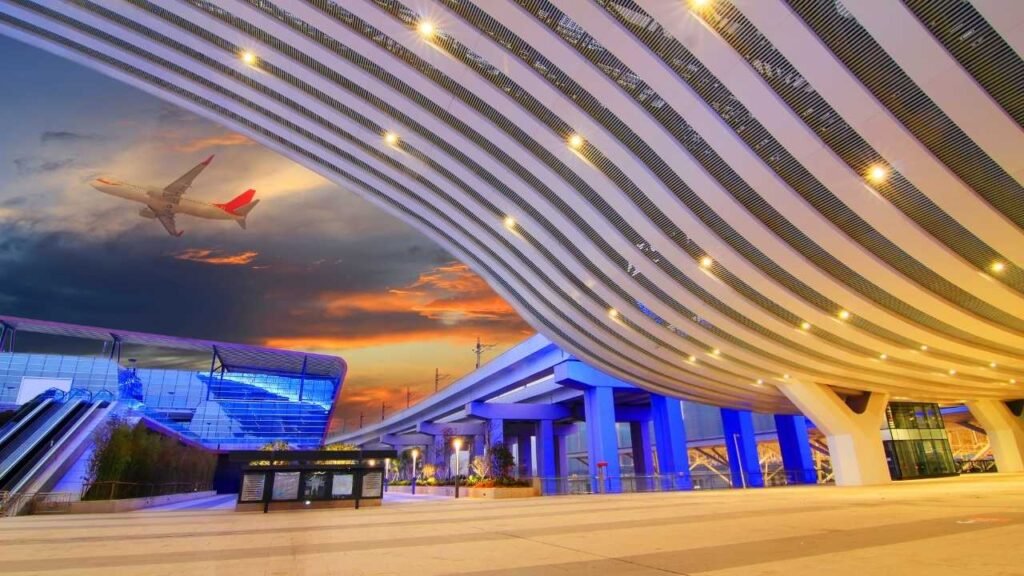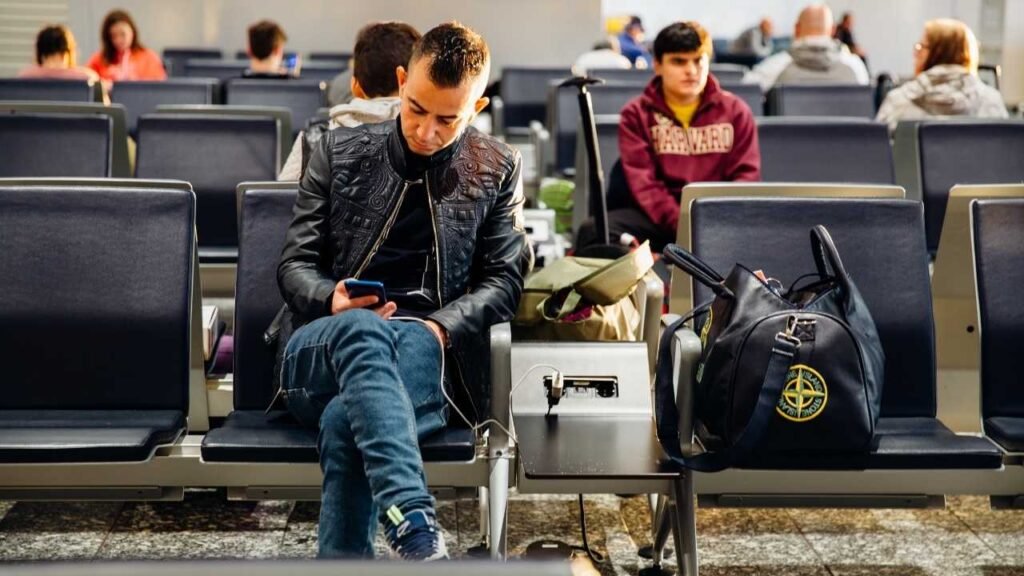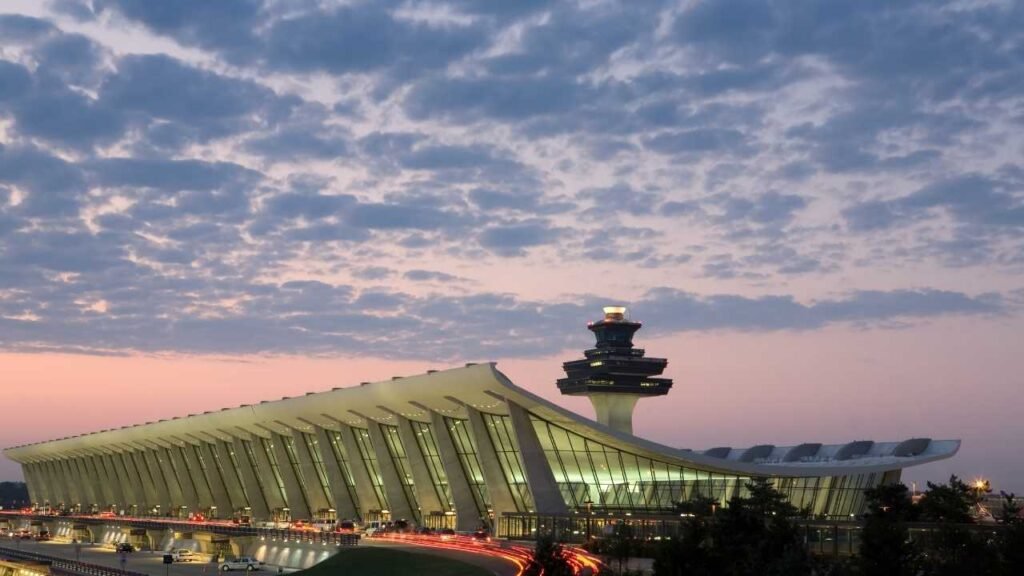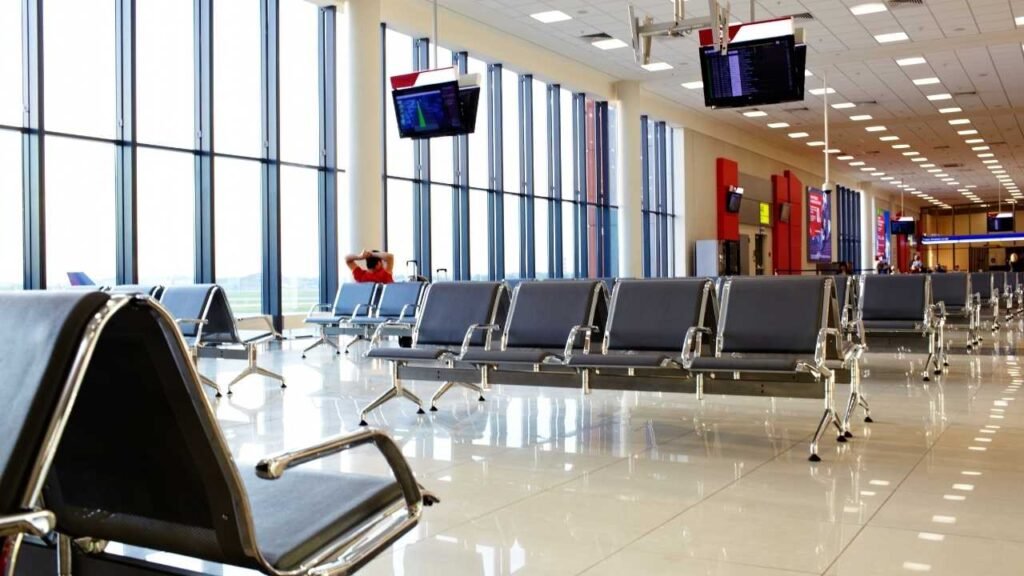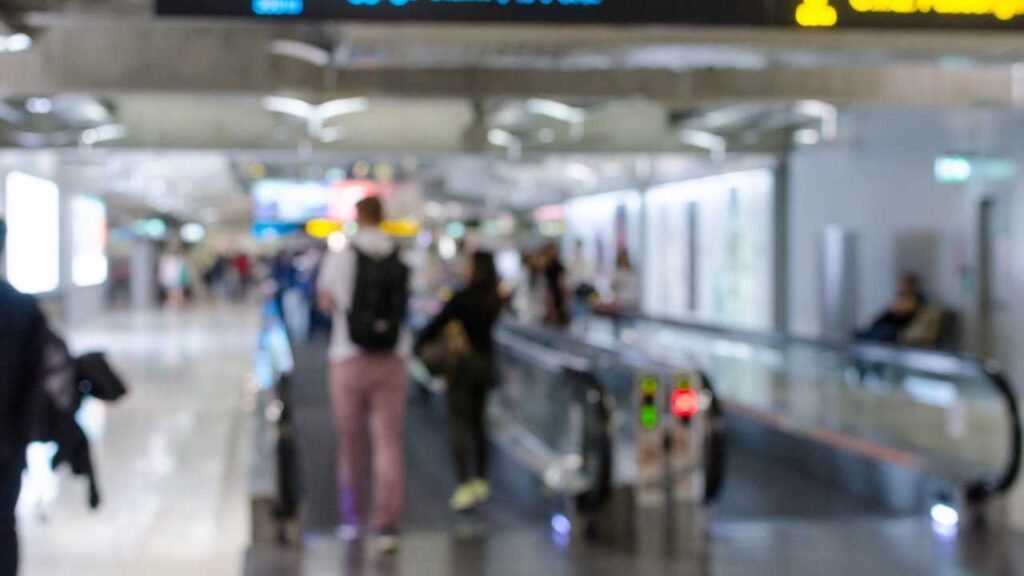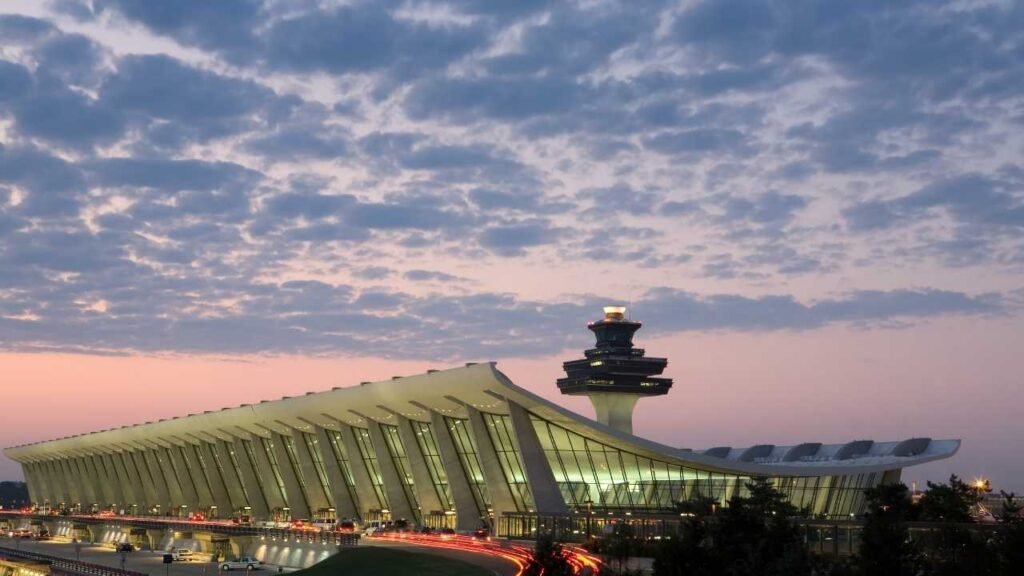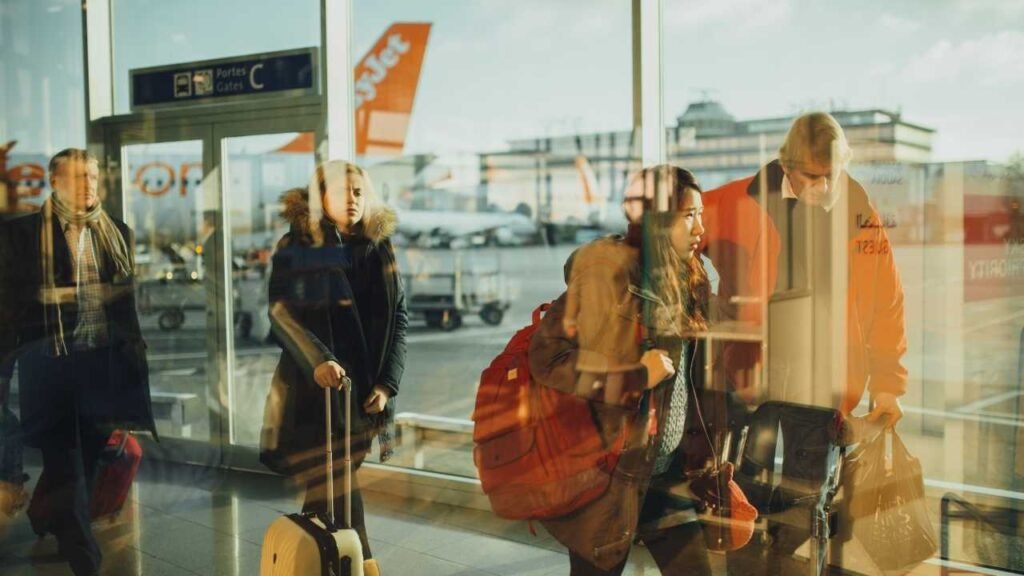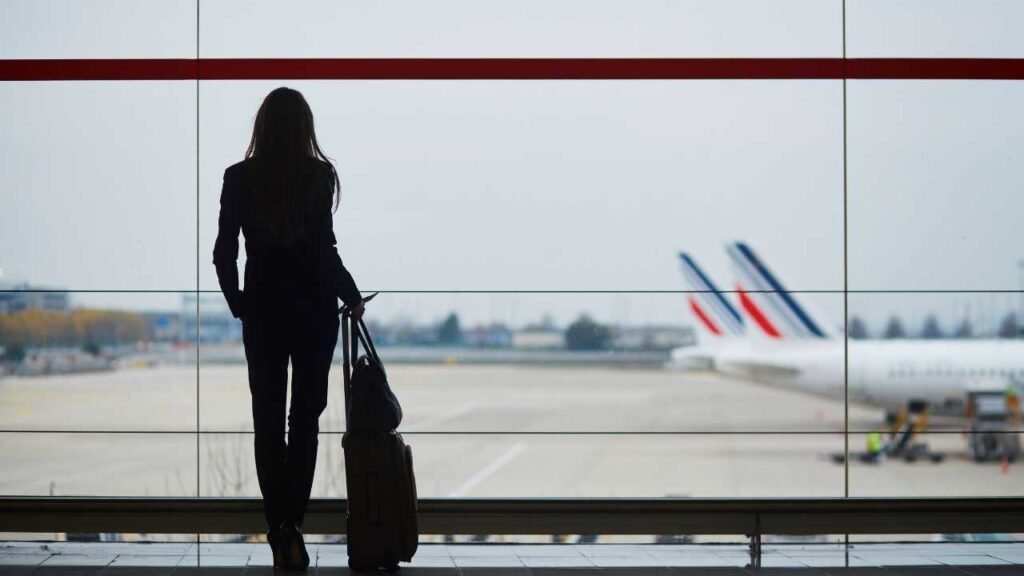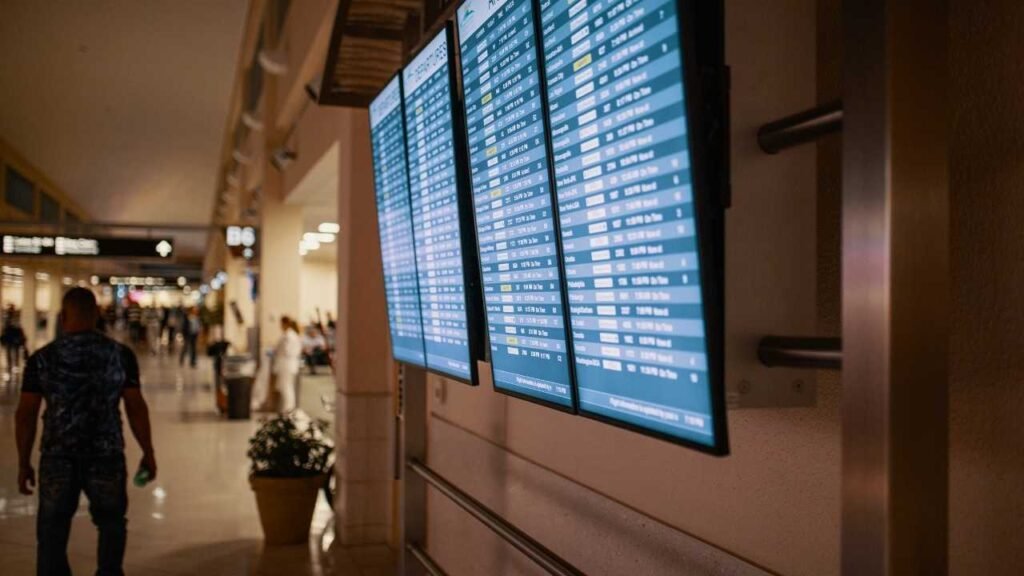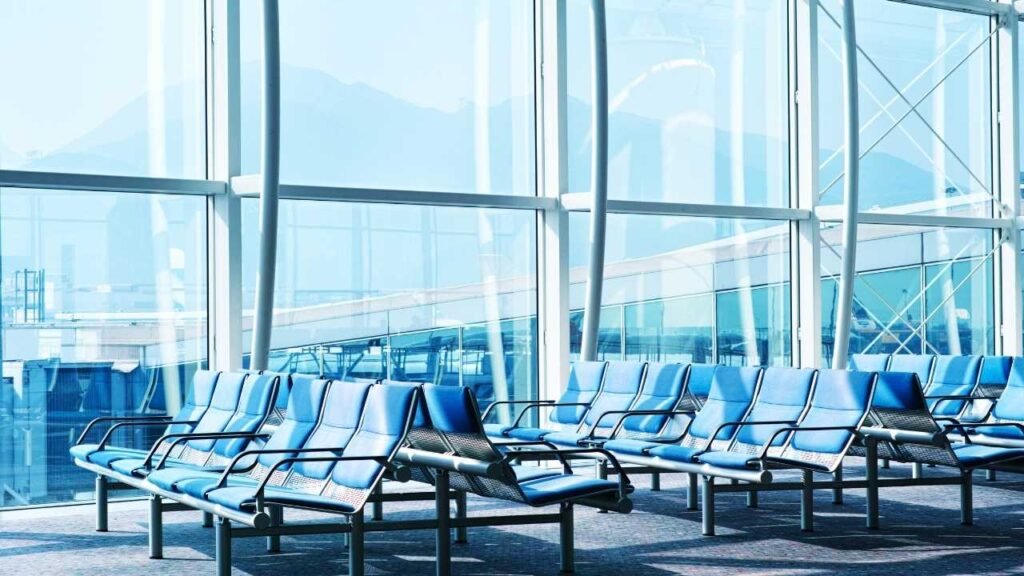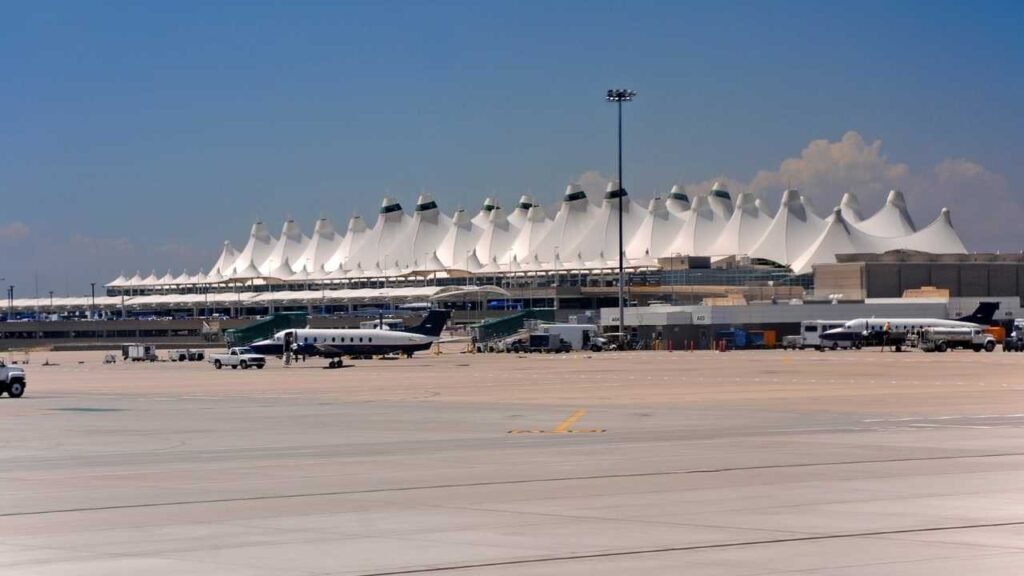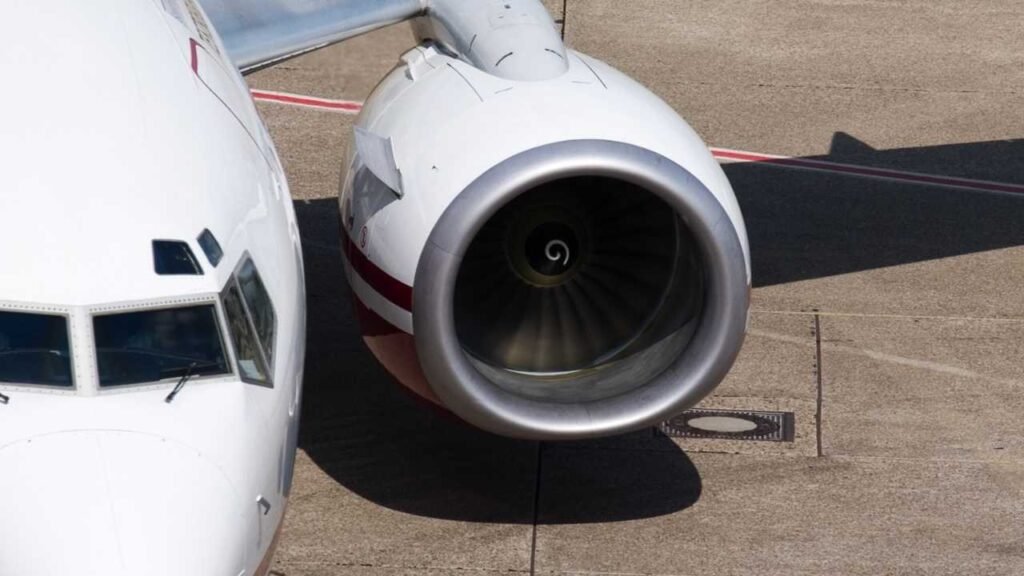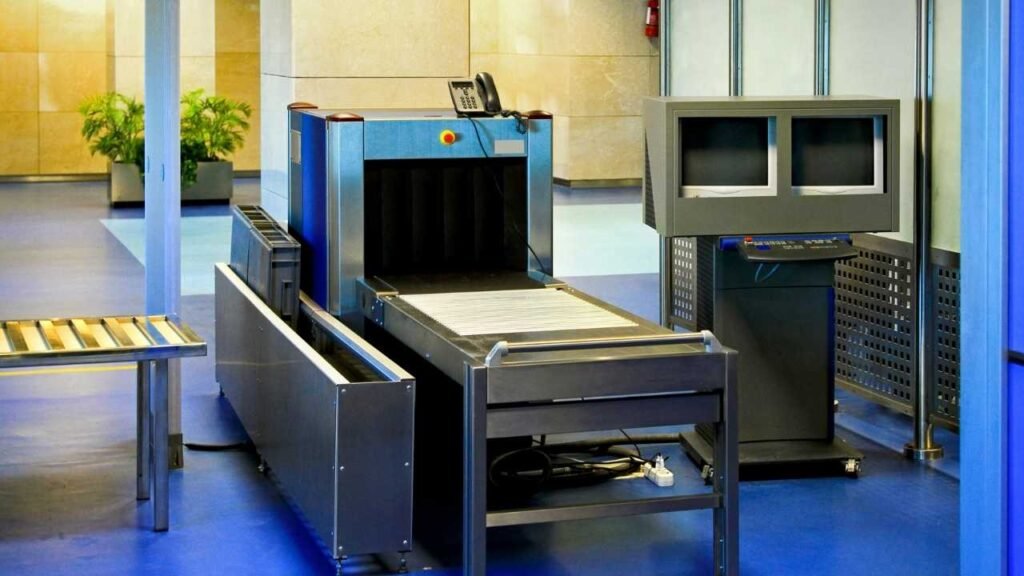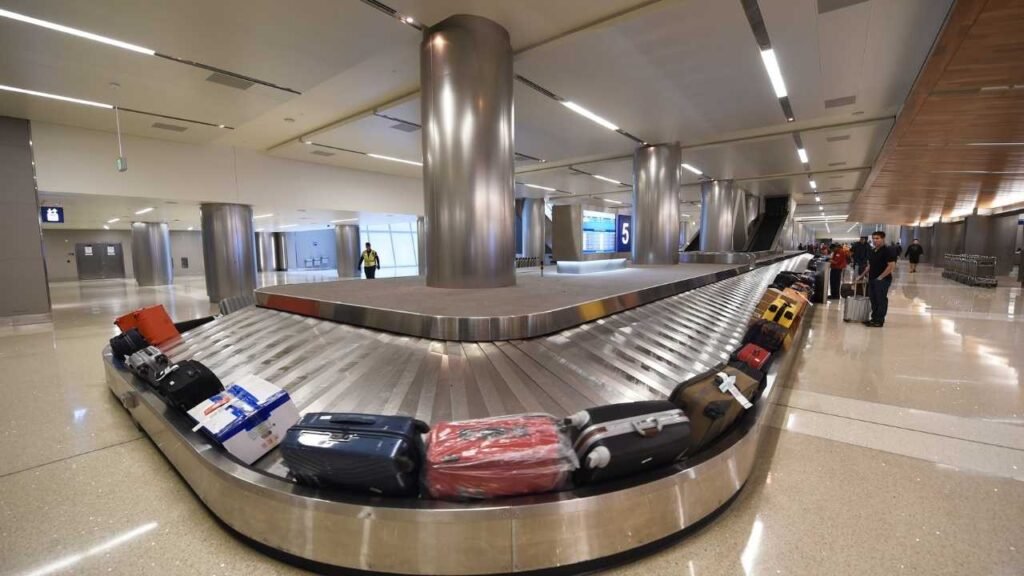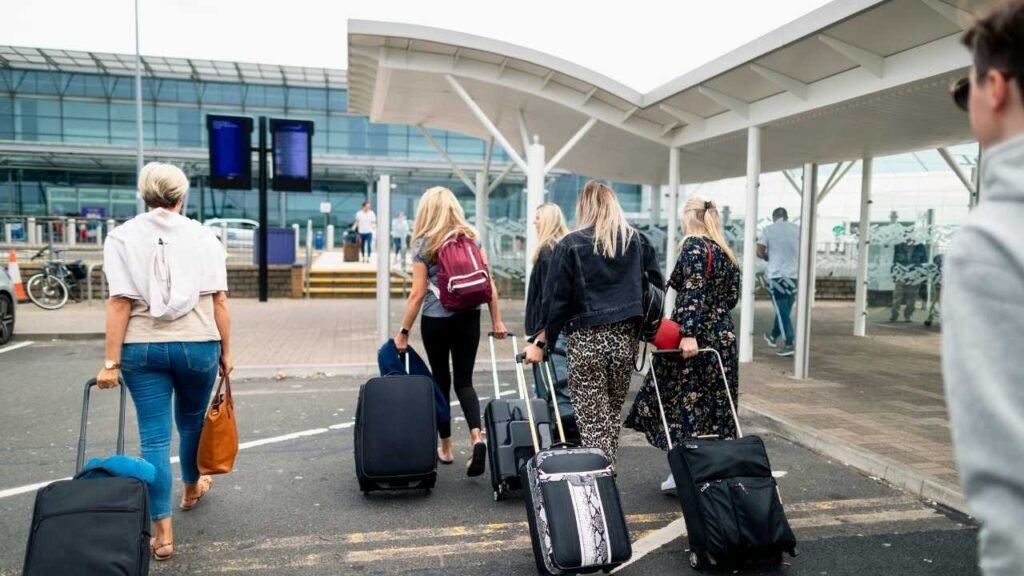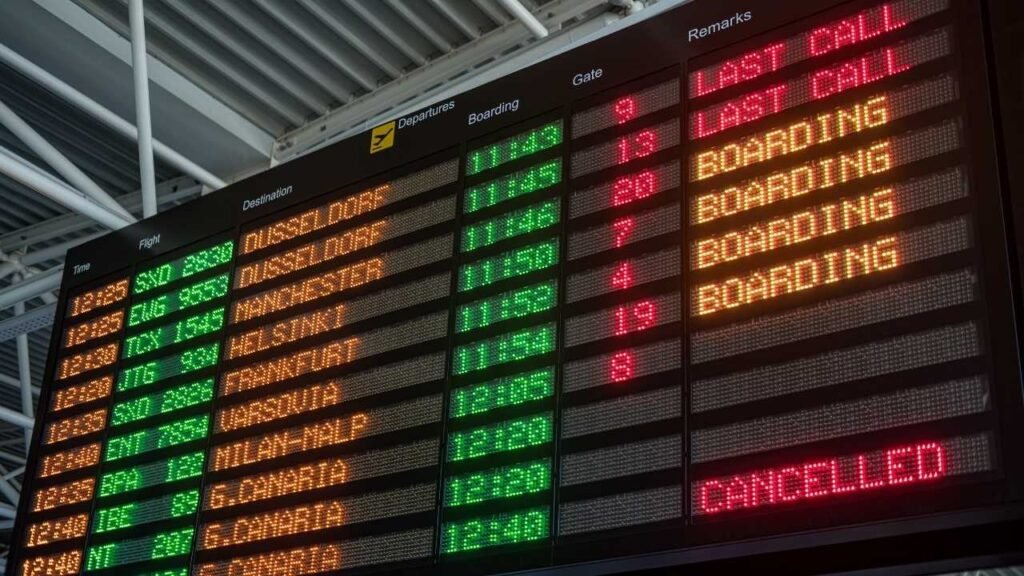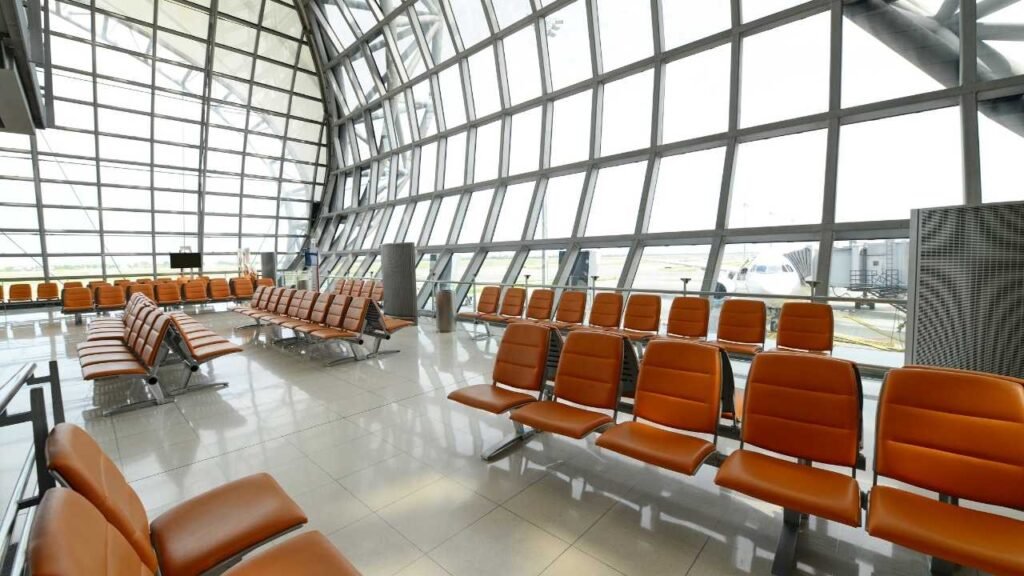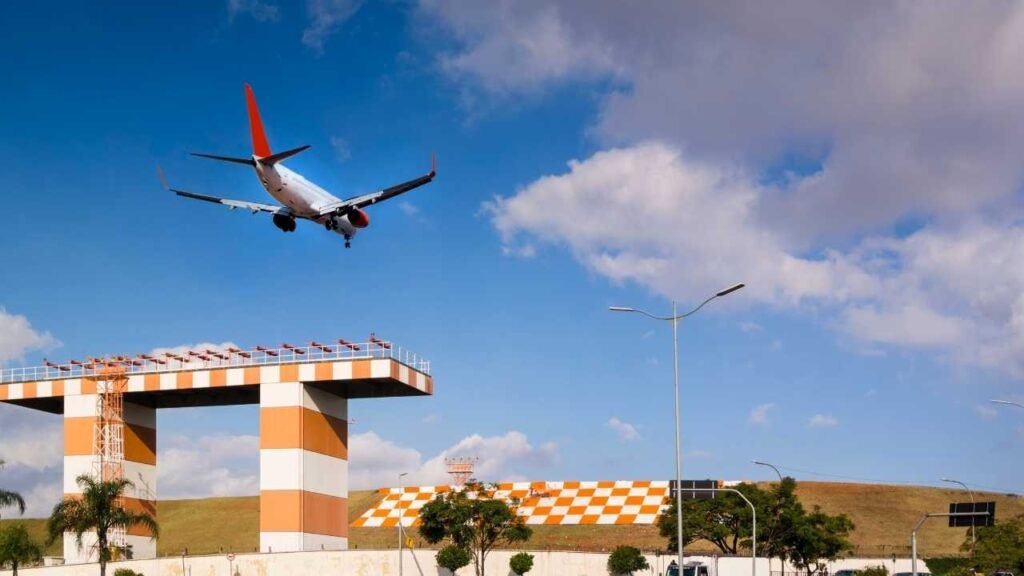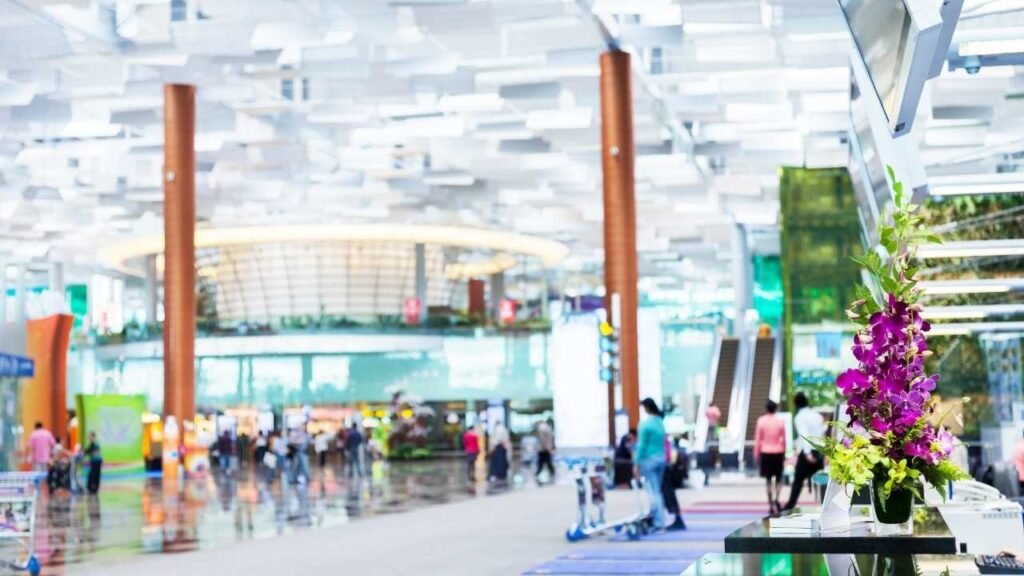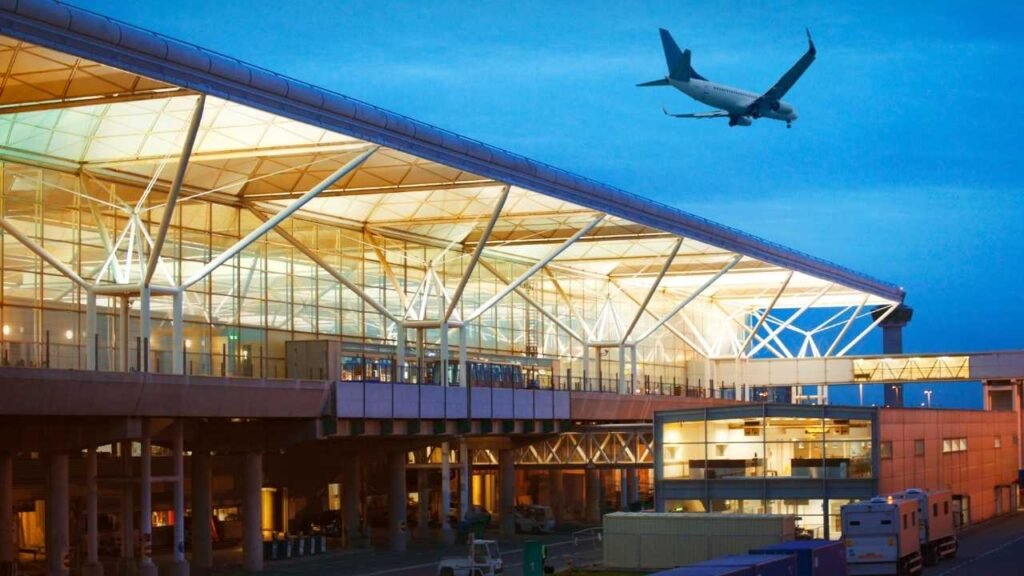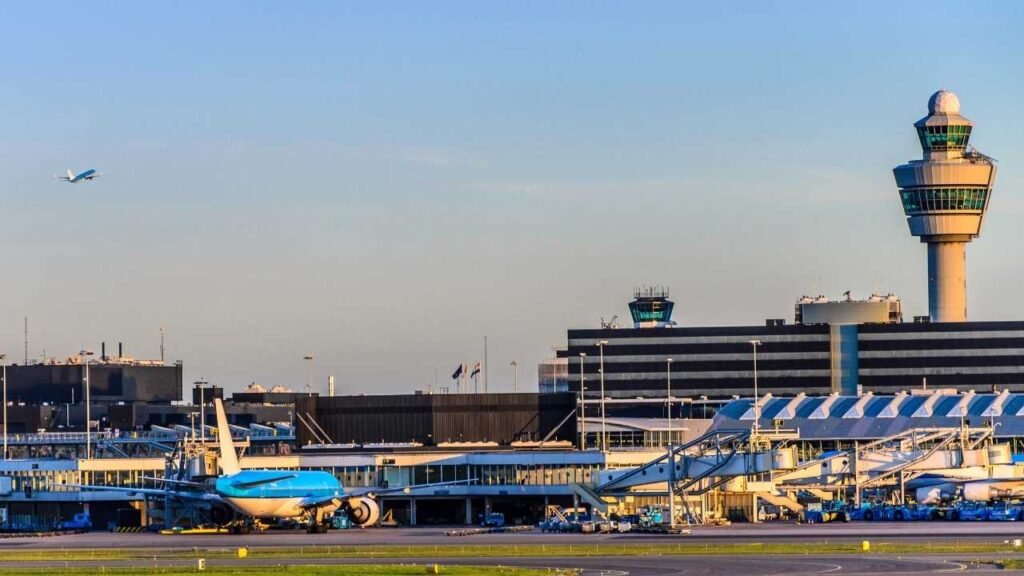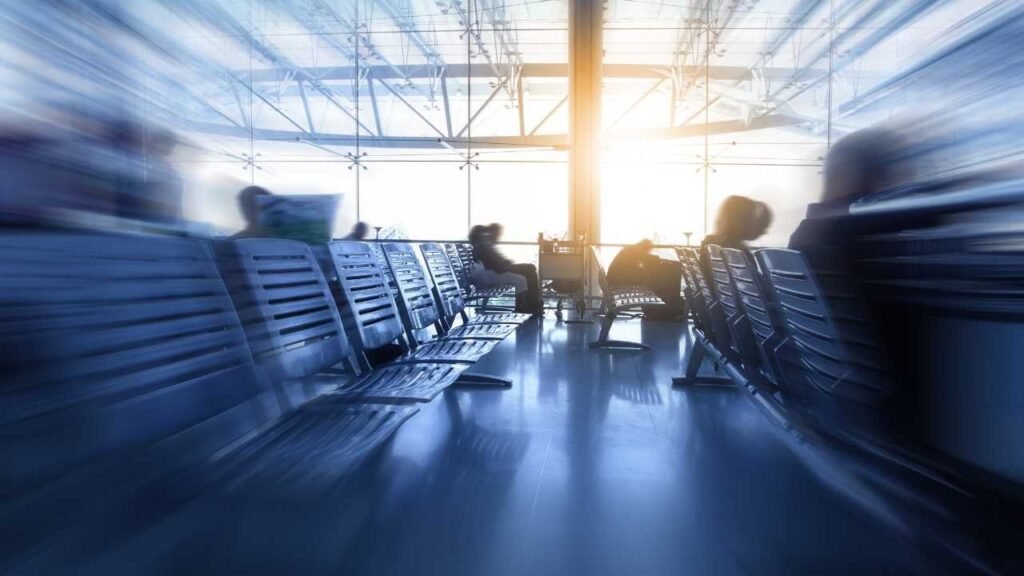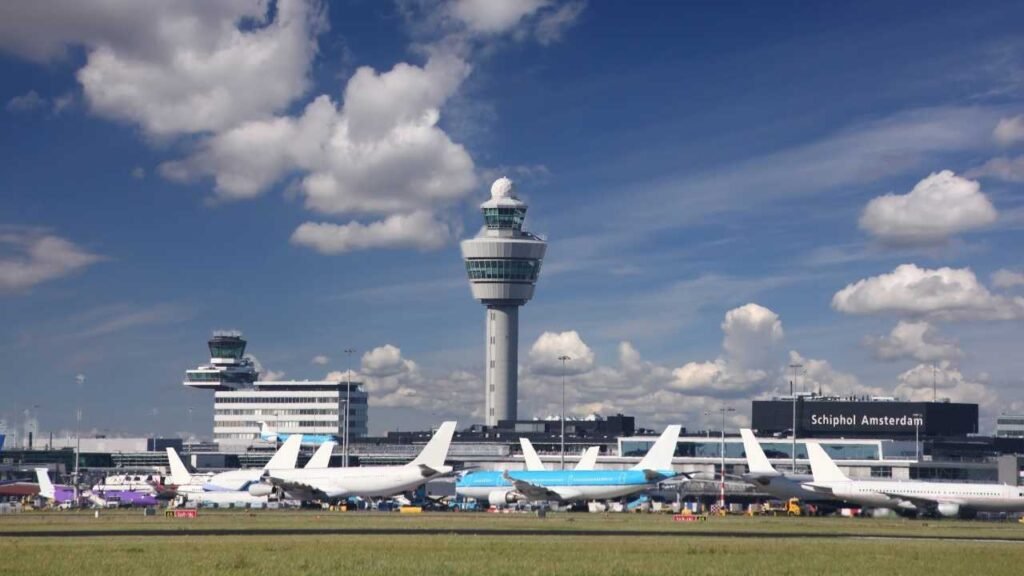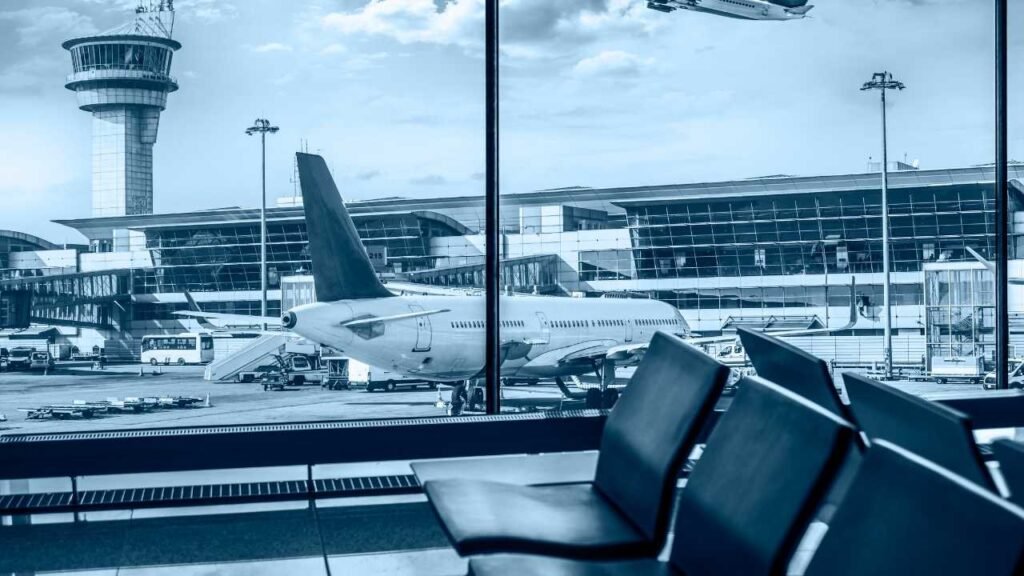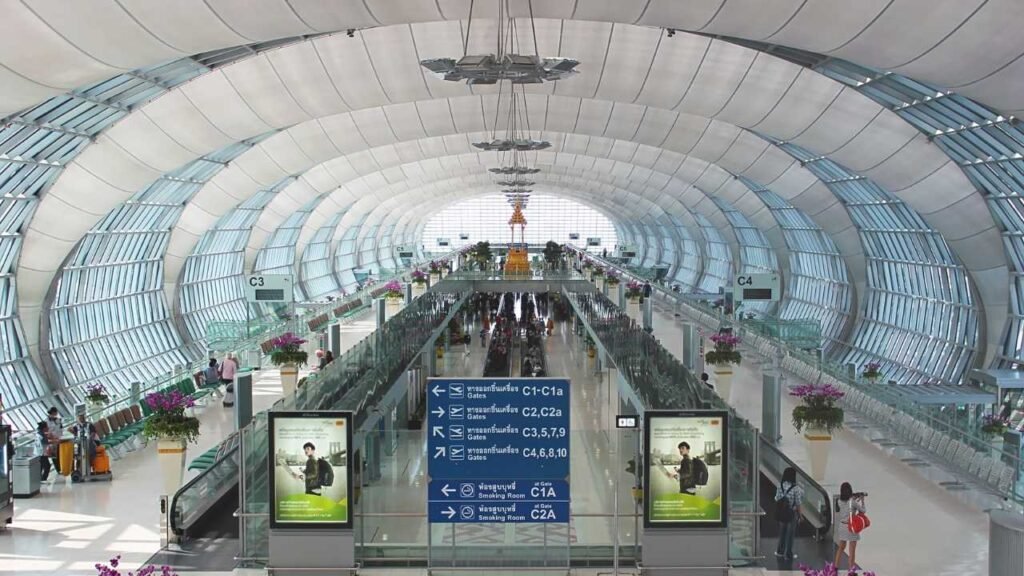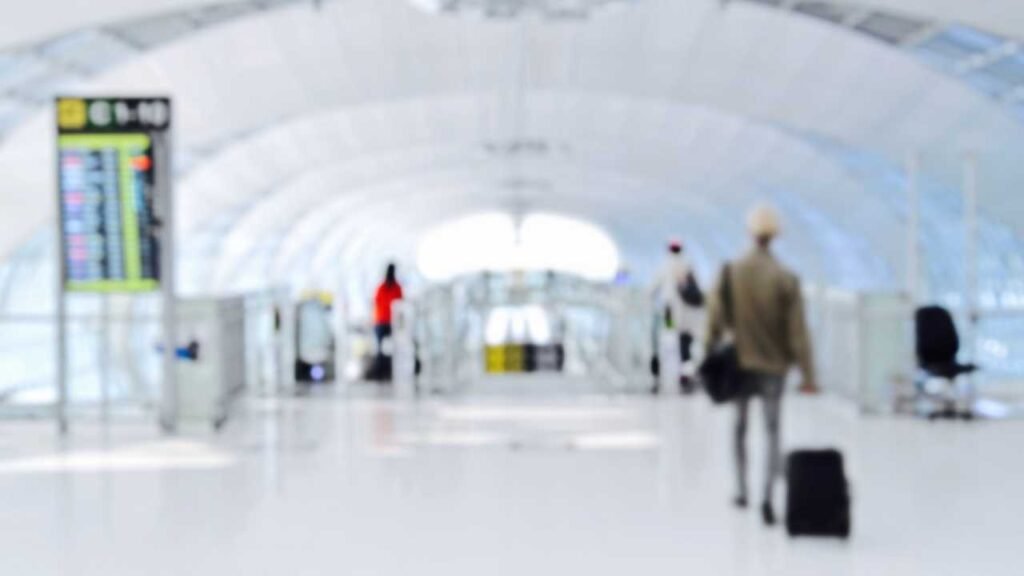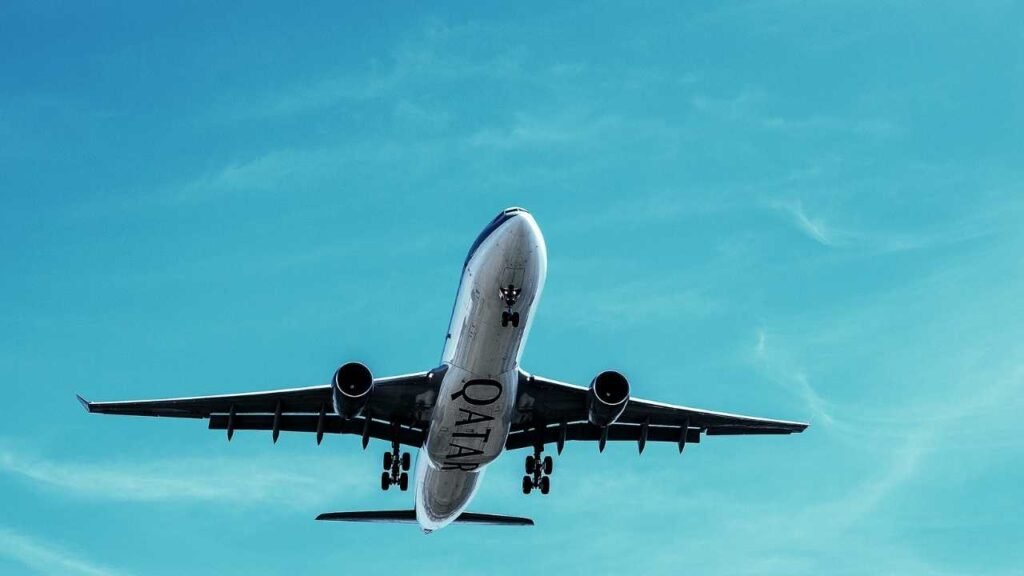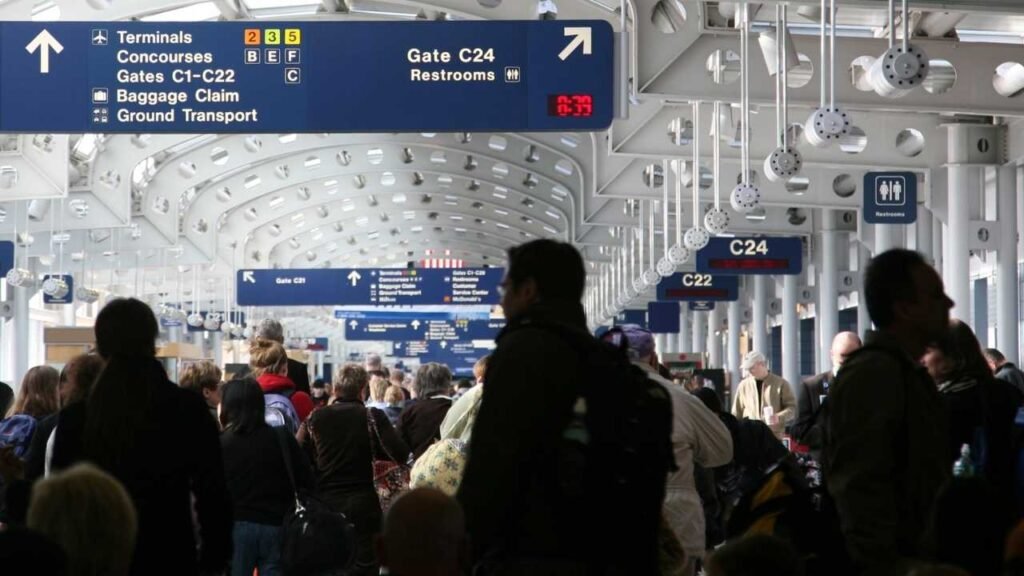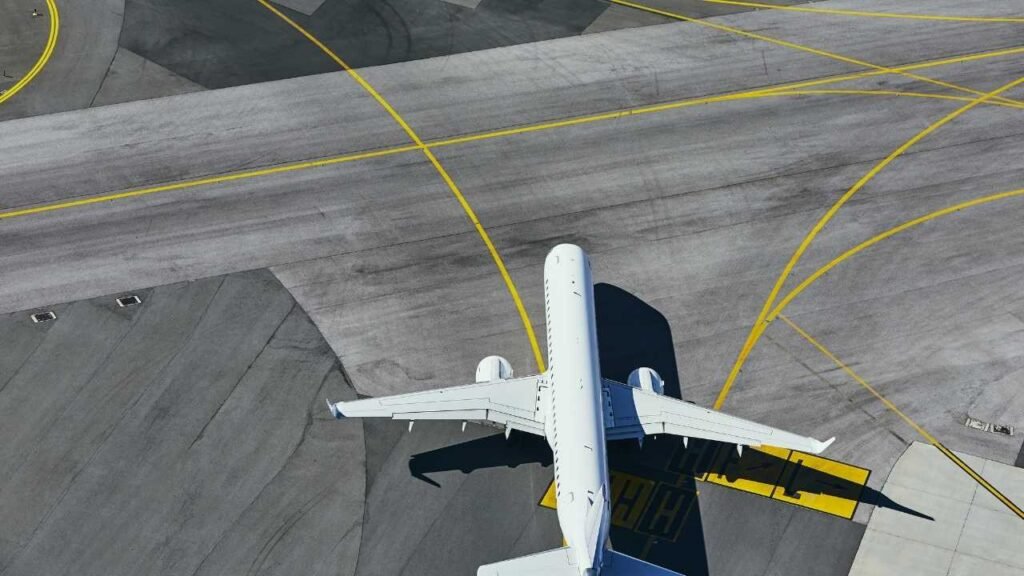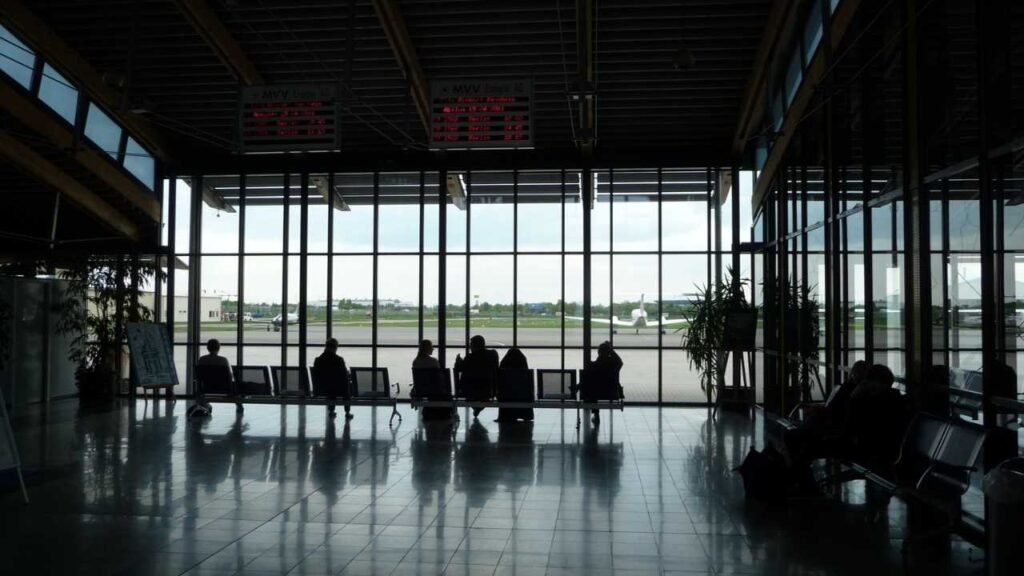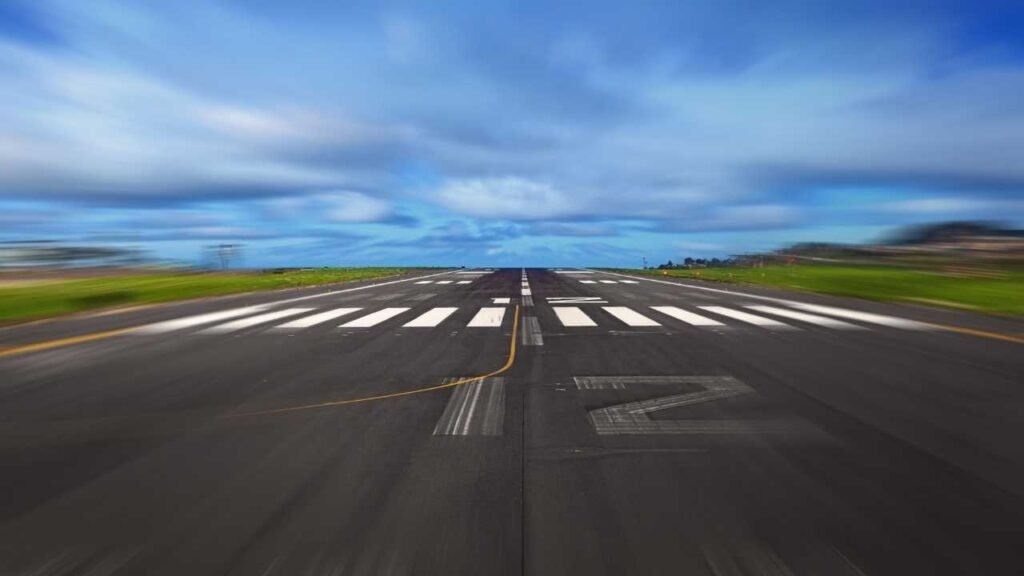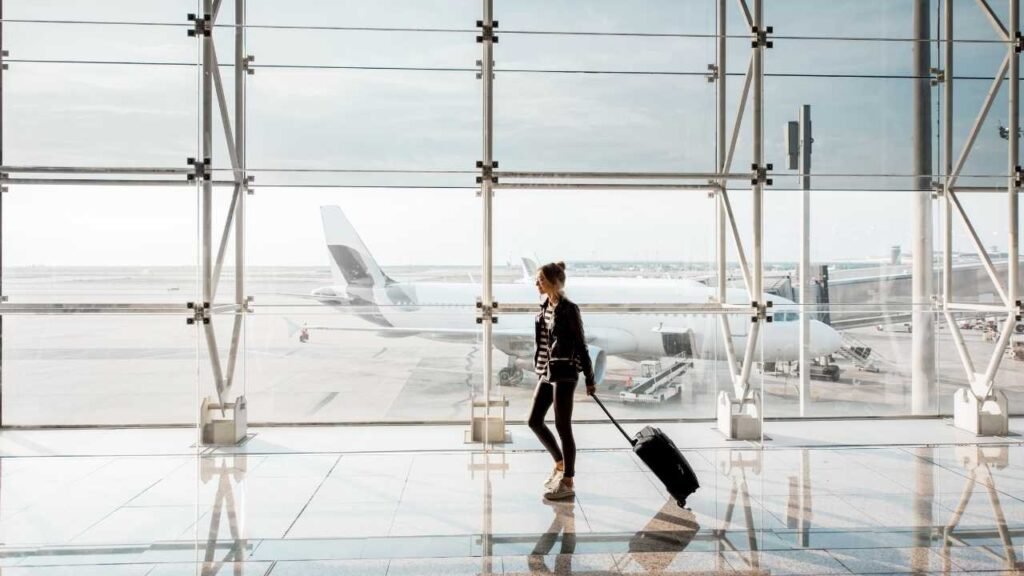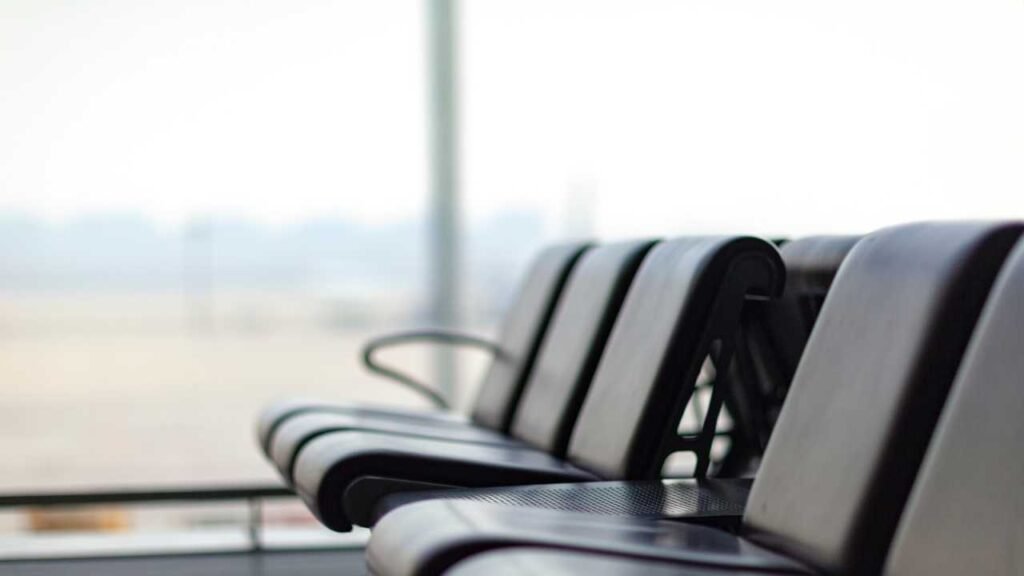- Home
- Juneau International Airport
Juneau International Airport
Slip & Fall and Other Accidents at Juneau International in Juneau, Florida
Slip and Fall and Other Accidents at Juneau International Aiport in Juneau, Florida
Slips, trips, and other mishaps remain a recurring problem in busy terminals like Juneau International. Crowded walkways, wet floors and uneven surfaces make hazards hard to spot. If you are hurt, ask for a supervisor, take photos of the scene, and document symptoms early so your recovery and any claim start on solid ground.

Common Accidents in Juneau International, Juneau
Slip & Fall Accidents at Juneau International Aiport
Slip and fall accidents remain a leading cause of passenger harm in busy terminals.
Hazards often include poor lighting in corridors, which can surprise even careful walkers.
High-risk spots tend to be baggage claim carousels, where rushes between flights increase exposure.
Many incidents arise from delayed cleanup.
Property operators are expected to inspect and correct hazards promptly under standard negligence law.
Negligence may be proven through lack of staff in known trouble areas.
Injuries often include soft-tissue damage, derailing trips.
Right after a fall, report the incident to staff and note names and times.
Useful evidence includes copies or photos of warning signage or the lack of it.
Surveillance footage may be retained briefly, so email the operator to hold CCTV for the time window as soon as possible.
Multiple parties can be on the hook, including an airline controlling the gate, depending on contract terms.
Comparative fault is weighed against the operator’s negligence, so let the facts speak.
Deadlines to file often range from one to three years, making it important to track the limitation period.
Compensation may cover lost income and travel costs, with expert opinions strengthening valuation.
When contacted by insurers, stick to basics until you understand your rights.
A focused legal review helps secure key video and sets strategy.
Vehicle Accidents at Juneau International Airport
Airport vehicles such as service trucks at Juneau International in Juneau, Florida can collide with pedestrians.
These crashes frequently happen near loading docks, where pedestrian safety is often overlooked.
Common causes include rushing to meet gate times.
Risk spikes during construction detours, when lane markings are confusing.
Danger zones often involve areas where cones or barriers are missing.
Responsibility can fall on a third-party vendor for unsafe routing.
Right after an impact, ask for the supervisor on duty and call paramedics if needed.
Helpful evidence includes photos or video of the scene and vehicle.
Preservation requests should include vehicle GPS and telematics logs.
Typical injuries may start as soreness and worsen overnight, so keep receipts and reports.
Comparative fault may reduce but not eliminate recovery, even if you stepped outside a marked crosswalk.
Time limits can be shorter for claims involving public authorities, so confirm the exact requirement before filing.
Compensation often considers future care and pain and suffering, and clear documentation strengthen valuation.
If you’re exploring a claim, speak with counsel who understands multi-party liability on airport property.
Jet Bridge & Boarding Accidents at Juneau International
Boarding areas and jet bridges at Juneau International in Juneau, Florida are prone to equipment failure, causing serious traveler injuries.
Responsibility often falls on airport contractors, especially when they ignore safety warnings.
Baggage Claim Accidents at Juneau International
The baggage claim area of Juneau International can be tightly packed, which raises safety concerns.
Falling luggage from carousels result in serious harm while passengers retrieve their bags.
Risk factors include misaligned belt guards.
Crowding limits room to avoid falling items, especially when oversized items roll out.
High-risk zones include areas near oversized or special-item belts.
Common injuries often involve back strains from sudden twisting.
Contributing errors include ignored maintenance alerts.
If a mishap occurs, ask for a supervisor and request an incident number.
Capture evidence like any warning sign placement or the lack of it.
Act quickly to note pain that worsens after leaving the airport to tie injuries to the event.
Potentially responsible parties can involve a cleaning contractor.
Liability often turns on whether staff knew or should have known of the hazard.
Comparative fault is weighed against the operator’s duty to keep the area safe.
Time limits to file vary by jurisdiction, so confirm the applicable period.
Recoverable damages may include pain and suffering, and expert opinions improve valuation
Security Checkpoint Injuries at Juneau International Airport
Security checkpoints at Juneau International create risks for travelers, especially when staff are rushed.
Common hazards include slips on recently mopped floors, which cause blunt trauma.
Bottlenecks raise stress that leads to mistakes, particularly when multiple lanes close unexpectedly.
Contributing factors often include poorly placed warning signs.
Injuries commonly include head trauma and concussions that disrupt travel plans.
After an incident, request an incident or occurrence number and save boarding passes and receipts.
Useful evidence can include images of bin stacks or liquid on the floor.
Video and data sources cleaning schedules and inspection sheets, so email to hold footage for the relevant window.
Responsibility may involve TSA or its contractors, depending on inspection and response records.
Comparative fault may reduce but not eliminate compensation, even if you momentarily stepped outside a marked path.
Deadlines to file may require a formal notice of claim, so act promptly.
Compensation can cover future care needs, and clear causation documentation improve outcomes.
Worker Accidents at Juneau International
Employees at Juneau International in Juneau, Florida face falls from equipment.
Many of these incidents are linked to poor safety standards if management followed safety protocols.
International Airport Accidents Linked to Juneau International Airport
International travelers injured at Juneau International in Juneau, Florida may face challenges with foreign laws.
Because Juneau International connects Juneau to international carriers, liability often becomes complicated.
Escalator & Elevator Accidents at Juneau International
Escalators and elevators inside Juneau International in Juneau, Florida can malfunction, causing head and back trauma.
Responsibility may lie with equipment manufacturers when inspection is neglected.
Shuttle Bus & Ground Transportation Accidents at Juneau International Airport
Shuttle buses, trams, and ground transportation vehicles at Juneau International in Juneau, Florida can suddenly stop, injuring travelers.
These accidents often occur during busy transfers, creating severe injury risks for residents of Florida.
Parking Lot & Curbside Accidents at Juneau International Airport
Parking lots and curbside zones at Juneau International in Juneau, Florida are common accident zones.
Hazards include icy sidewalks, leading to slip and fall accidents.
Luggage Cart & Conveyor Belt Accidents at Juneau International Airport
At Juneau International in Juneau, Florida, runaway luggage carts or jammed conveyor belts can strike passengers.
These incidents may result from careless baggage staff.
Food Court & Restaurant Accidents at Juneau International Airport
Restaurants and food vendors inside Juneau International in Juneau, Florida can cause food poisoning.
Liability often rests with airport restaurant operators when they fail to handle food properly.
Airport Construction Zone Accidents at Juneau International
Renovation or construction areas inside Juneau International in Juneau, Florida expose travelers to blocked walkways.
Injuries here may involve airport oversight failures.
Disabled Passenger Assistance Accidents at Juneau International
Disabled passengers at Juneau International in Juneau, Florida sometimes suffer injuries during wheelchair or electric cart assistance.
Failures to provide safe equipment often lead to avoidable harm.
Boarding Stair & Ramp Accidents at Juneau International
Portable boarding stairs and ramps at Juneau International in Juneau, Florida can be unstable, causing falls.
These accidents are especially common at regional airports.
Lost Luggage & Property-Related Injuries at Juneau International
Lost luggage at Juneau International in Juneau, Florida is not just inconvenient — it can create health risks, such as when essential medication is missing.
Travelers may seek compensation for damages linked to mishandling of personal property.
Airside & Tarmac Accidents at Juneau International
Restricted airside areas at Juneau International in Juneau, Florida expose workers and sometimes passengers to moving vehicles.
These incidents are high-risk and often fall under worker’s compensation.
The things you do in the immediate hours following your accident at Juneau International in Juneau, Florida will influence whether you have a strong compensation claim and one that is thrown out. Here’s how to protect your rights.
Obtain Urgent Medical Care
Your health comes first. After an slip and fall at Juneau International in Juneau, Florida, it’s essential to get examined right away. Even if the injury feels minor, hidden injuries like concussions, fractures, or internal bleeding may become serious if untreated. Request airport paramedics or go to the urgent care facility in Juneau, Florida and make sure you document your injuries in detail. This documentation will support your claim when negotiating with insurers.
Gather Proof of What Happened
One of the most important steps after an injury at Juneau International in Juneau, Florida is to record the scene. Use your mobile device to capture pictures of the dangerous area such as poor lighting. Make sure to photograph the location from multiple angles and include foot traffic conditions. Write down the gate, terminal, or concourse number and any details you remember. If there are airport workers who saw the incident, ask for their full name. This evidence will strengthen your case when your lawyer pursues compensation on your behalf.
Call for Airport Accident Legal Support
Call for Airport Accident Legal Support Once you’ve documented the scene at Juneau International in Juneau, Florida, the next step is to speak with an attorney who understands airport accident claims. Airports and their legal teams will act quickly to protect their own interests, and without legal guidance you may be pressured into a small settlement. A qualified attorney can: Investigate the accident immediately Identify all liable parties Ensure deadlines are met Fight for maximum compensation Call our legal help desk now for a free consultation. By contacting us today, you can get answers about the process and make sure your accident at Juneau International in Juneau, Florida leads to fair compensation.
Tell Airport Staff About the Accident
After an accident at Juneau International in Juneau, Florida, it’s crucial that you make the accident known to airport authorities. Go directly to security staff, or call the airport’s emergency number if you need urgent reporting support. Always request an incident report, and make sure it includes your full name as well as the nature of your injury. This report serves as critical evidence that the accident occurred inside Juneau International, and it can help your lawyer build a stronger case. If the airport provides a support ticket, write it down and store it with your records.
Hold Onto Medical Bills and Travel Expenses
After an accident at Juneau International in Juneau, Florida, it’s critical to preserve all records connected to your case. This includes medical bills, as well as hotel charges. Keep copies of any reference number or ticket provided by the airport along with your contact details that you gave at the time of the report. If you lost time from work, make sure to document missed wages to show how the accident at Juneau International affected your income. Maintaining organized documentation of expenses and correspondence will help prove the financial impact of the accident. Without this proof, the airport, airline, or their insurers may try to minimize your losses.
Watch Your Words With Airport Staff and Insurers
After an injury at Juneau International in Juneau, Florida, it’s essential that you avoid making statements that can be used against you. Airline staff, airport security, or insurance representatives may ask for details while you’re still injured. Anything you say could later be taken out of context. Avoid downplaying your injuries without first speaking to a lawyer. Instead, limit your comments and let your attorney handle all detailed questions. By remaining cautious, you strengthen your legal case and allow your lawyer to present the evidence properly.
Frequent Ask Questions About Accidents in {aiport_name} Airport
What counts as an accident at Juneau International Airport?
There are many ways travelers may get hurt at Juneau International Airport. Some of the most common examples include, accidents on escalators or elevators that suddenly stop. It’s not just the gates and terminals — cafeterias, food courts, and gift shops also create risks when poorly maintained. At the end of the day, if you were injured because staff, contractors, or airlines failed to maintain safe conditions, it likely counts as an airport accident under the law.
Who can I file a claim against after an accident at Juneau International Airport?
Every case is unique, and who is legally at fault will vary. Quite often, the airport authority itself is responsible. Other groups may also share responsibility. Maintenance companies hired to service equipment could be liable. Sometimes, more than one party is named in a lawsuit. Only an experienced lawyer can identify all potentially liable parties at Juneau International Airport and make sure they are all held accountable.
How should I react if I’m injured at Juneau International Airport?
Your health comes first — get medical care right away. Early treatment also protects your health if hidden injuries exist. Be sure to notify airport authorities and ask that a formal incident report be created. Don’t rely on memory — insist on documentation. Record the hazard that caused your fall or injury before it’s cleaned up or repaired. Don’t be shy about requesting contact details from bystanders. Finally, contact a lawyer quickly. Having a lawyer step in early ensures your rights are protected.
Should I hire a lawyer if I was hurt at Juneau International Airport?
It’s highly recommended. Juneau International Airport and its contractors will fight hard to avoid paying you. Without an attorney, you’re at a major disadvantage. Legal representation forces the airport to take your claim seriously. That means you pay nothing upfront. So hiring a lawyer doesn’t add risk — it adds protection.
Am I allowed to hold the airline accountable if my accident happened while boarding or deplaning at Juneau International Airport?
Absolutely. Airlines are responsible for passenger safety during boarding and deplaning. Falls due to slippery floors, rushing passengers, or poor staff training are all grounds for claims. Sometimes both the airline and the airport share liability. Bottom line: if your accident happened while entering or exiting the plane at Juneau International Airport, there’s a strong chance the airline is legally responsible.
What can I claim financially after an accident at Juneau International Airport?
When you’re injured at Juneau International Airport, the law allows you to pursue compensation. These may include medical expenses like hospital bills, surgery costs, and rehabilitation therapy. If you missed work or can no longer perform your job, lost income is included. This covers physical pain, emotional distress, and the overall impact on your quality of life. In severe cases, damages can also cover the cost of a caregiver or lifelong support. An experienced lawyer will calculate the full scope of your losses.
Is filing a claim against Juneau International Airport different from other injury cases?
Yes, they are often more complex. Because Juneau International Airport may be publicly operated or heavily regulated, there are extra layers of law. Sometimes you need to file a notice of claim before suing a government-run airport. Additionally, large airports have insurance companies and legal teams who fight claims aggressively. Airports are high-security, high-liability environments.
What happens if the airport says the accident was my fault?
Airports and airlines often try to shift blame onto passengers. Even if you are partially at fault, you may still recover compensation. If both you and the airport share blame, you may still collect a percentage of damages. The key is having a lawyer who knows how to fight back. Don’t let the airport intimidate you into dropping your claim.
What are the fees to hire a lawyer for an accident at Juneau International Airport?
You don’t need to worry about hourly fees or large retainers. If you don’t recover compensation, you don’t owe anything. You’ll know in advance how fees are handled. It allows injured passengers at Juneau International Airport to hire top-quality representation without financial risk. At the end of the day, legal representation usually results in far higher settlements, even after attorney fees are deducted.
